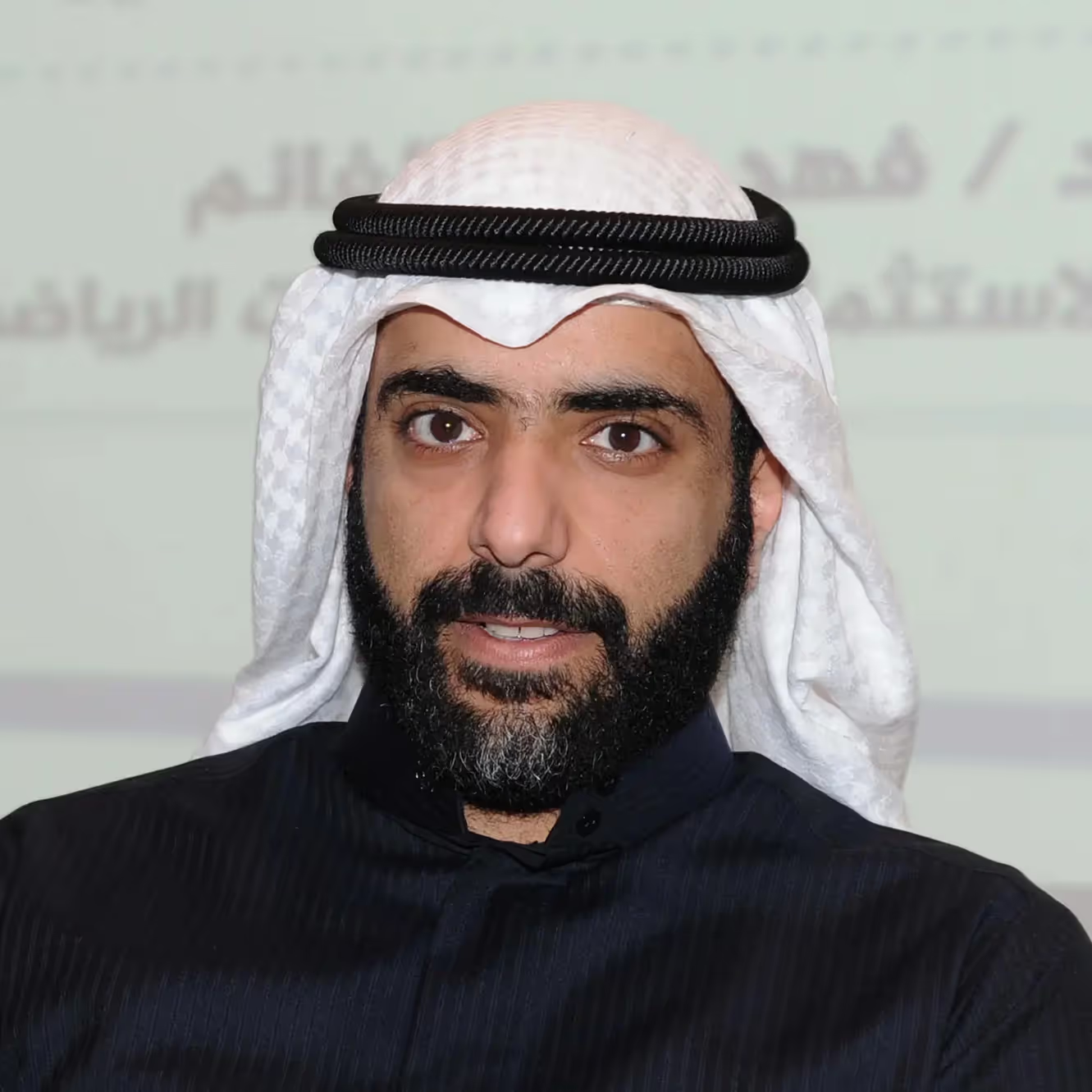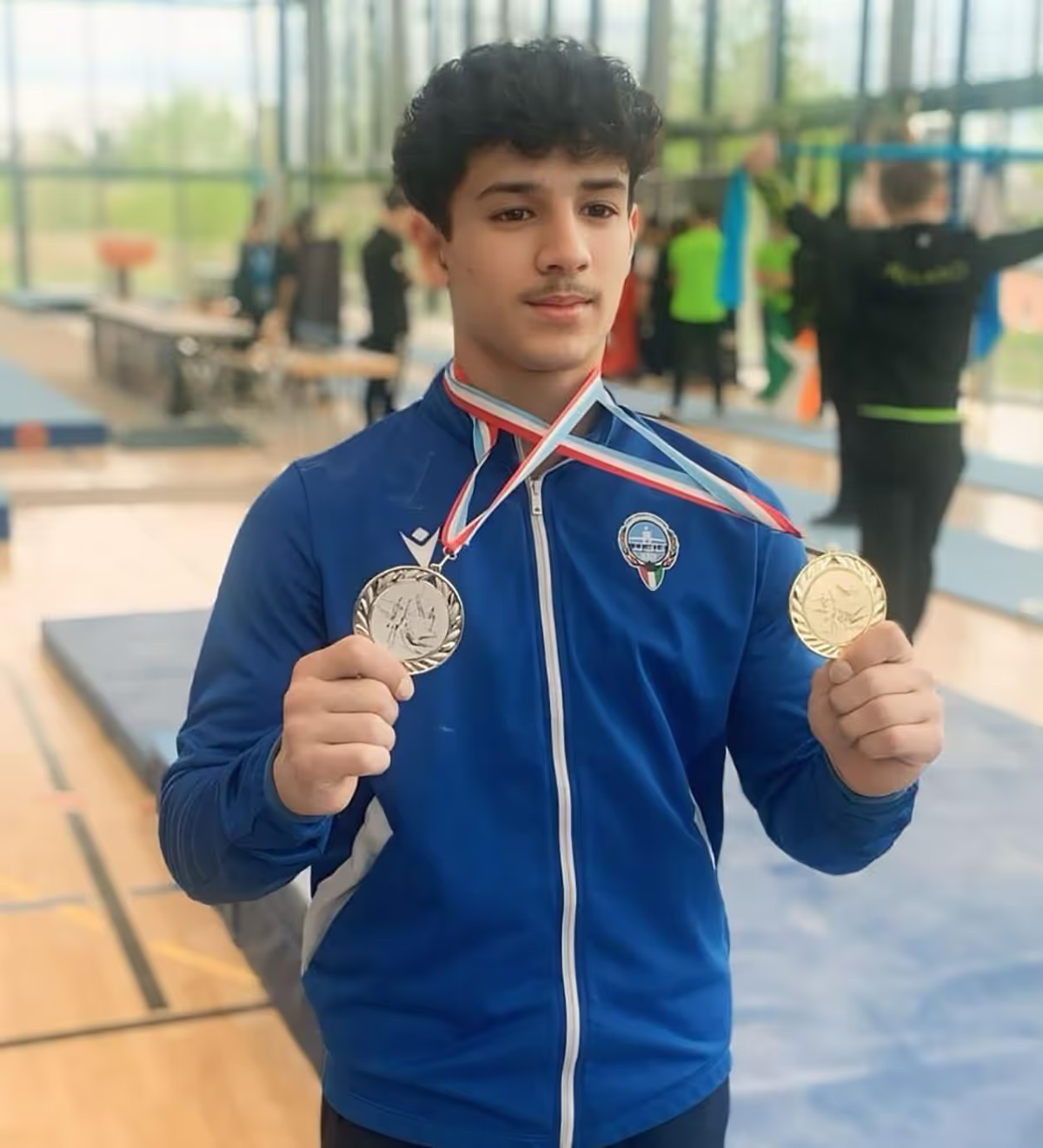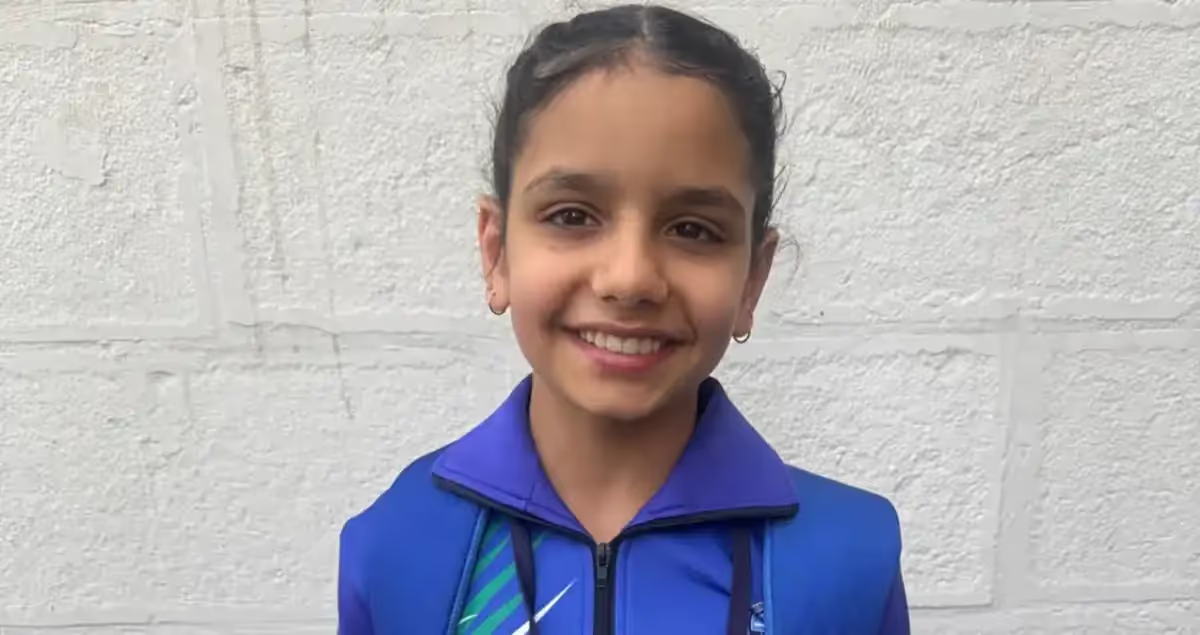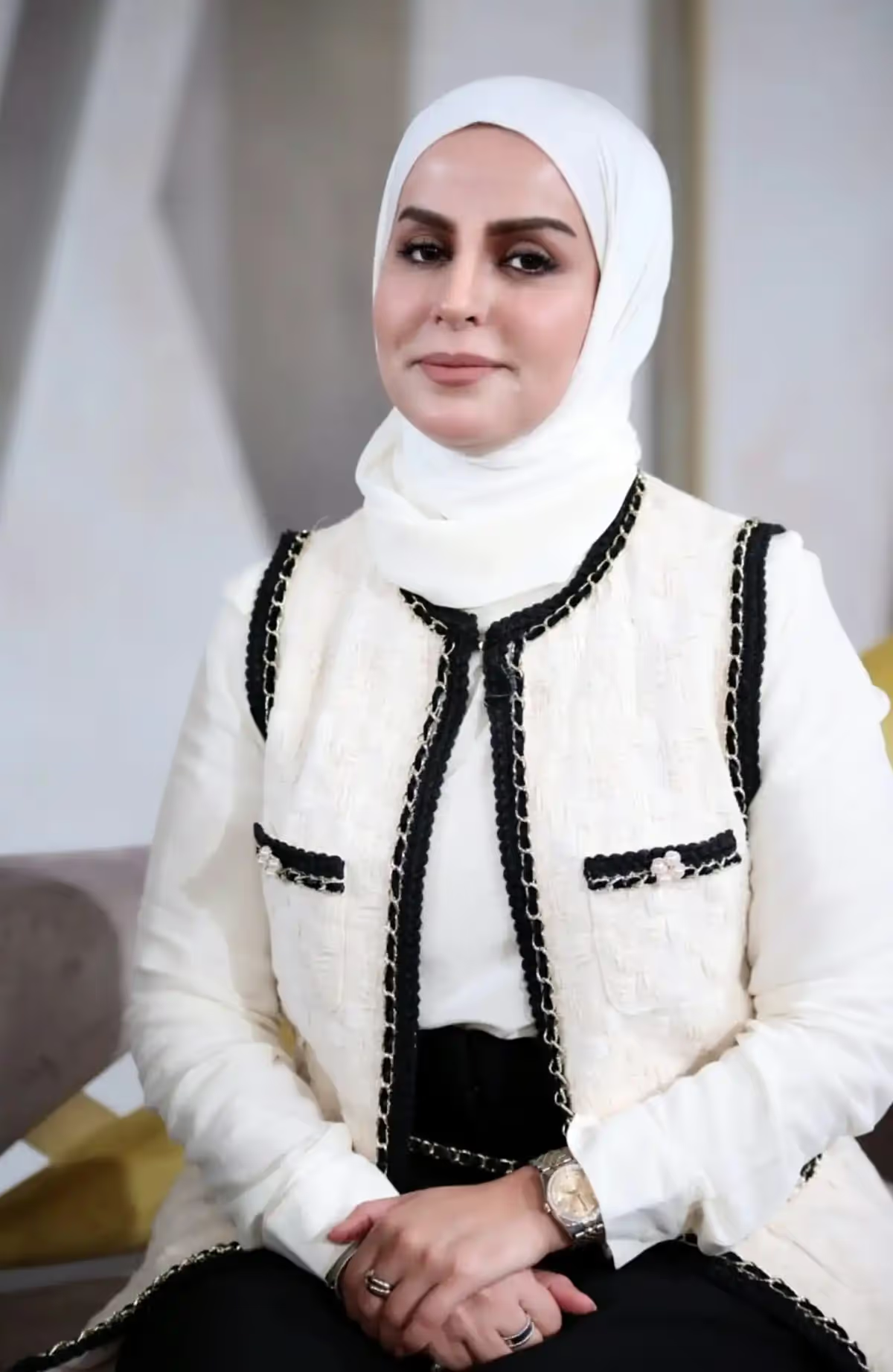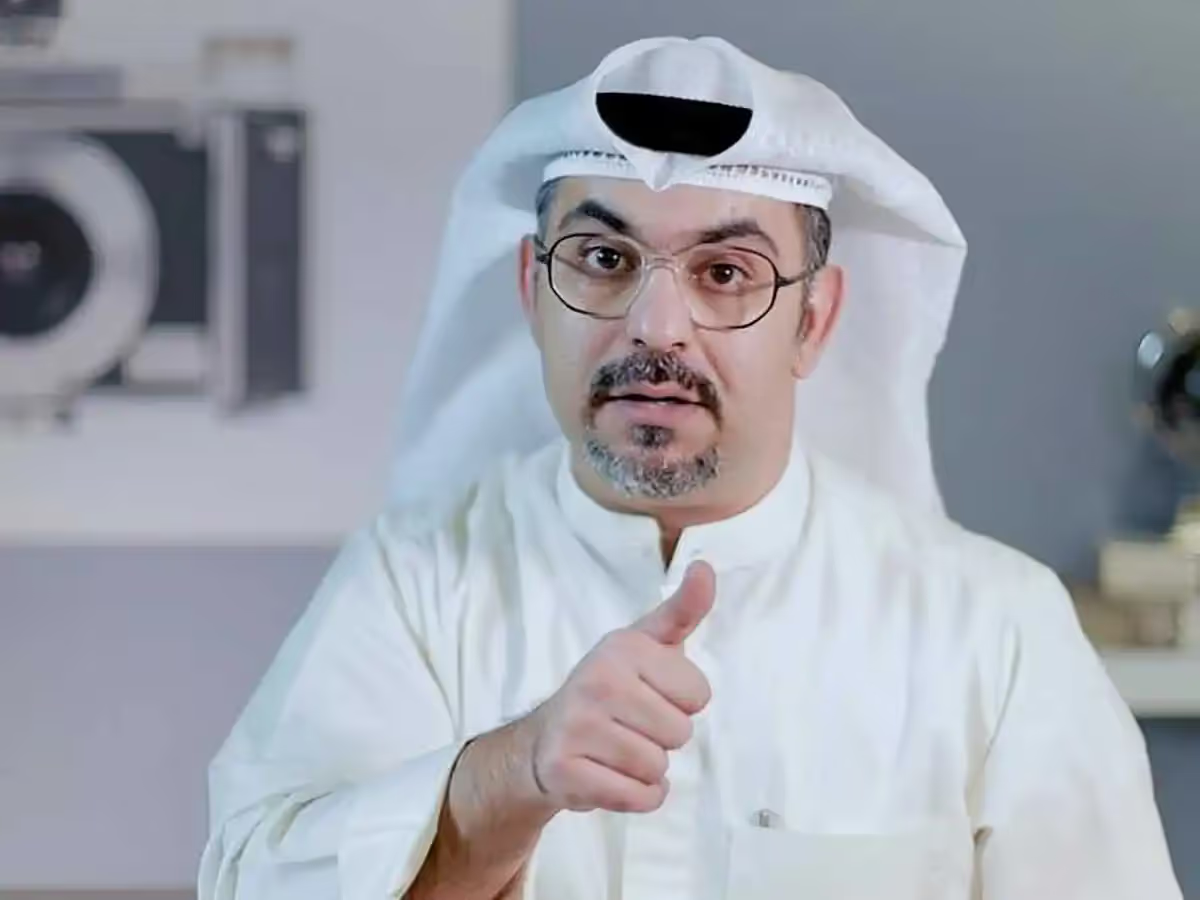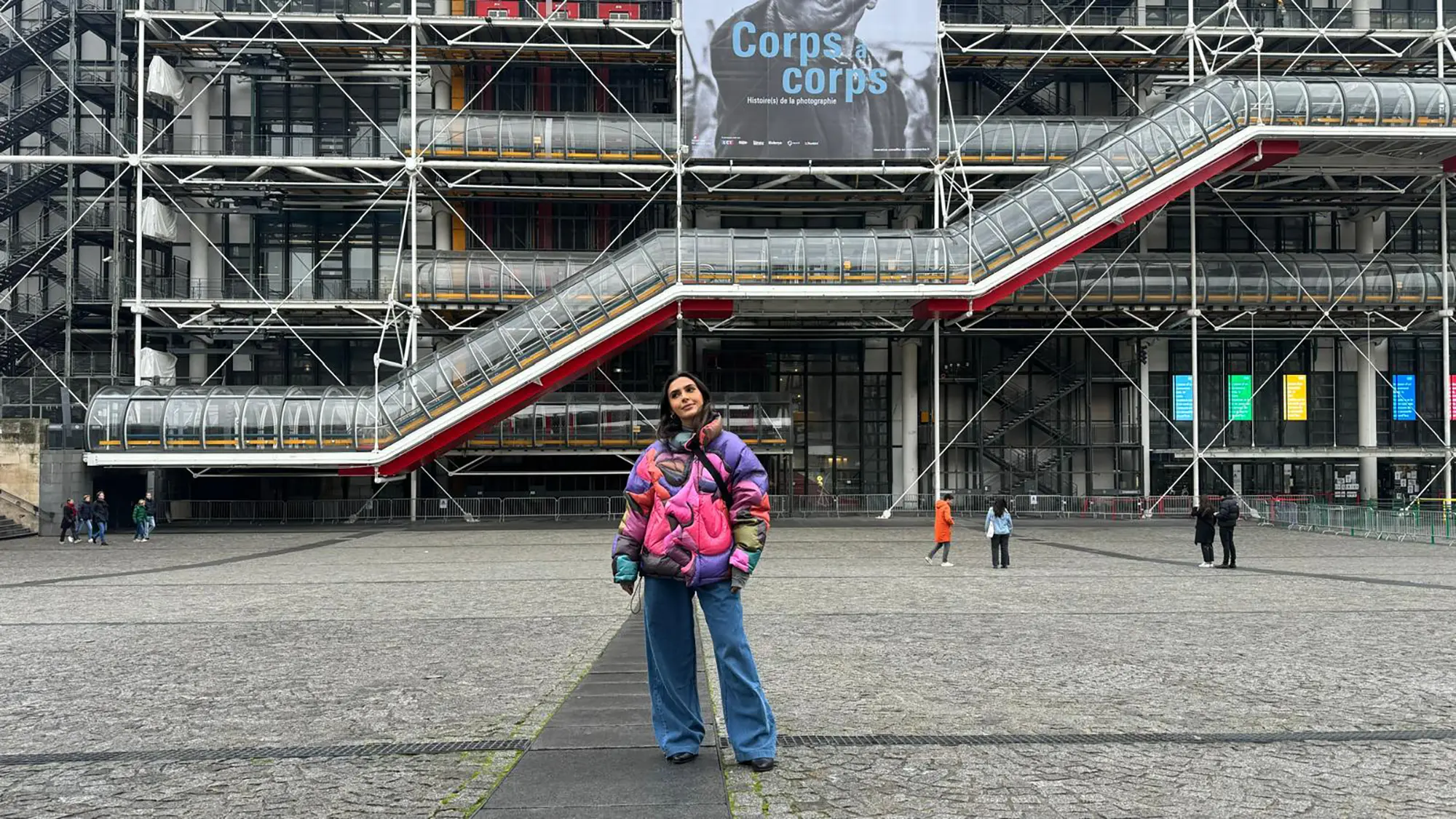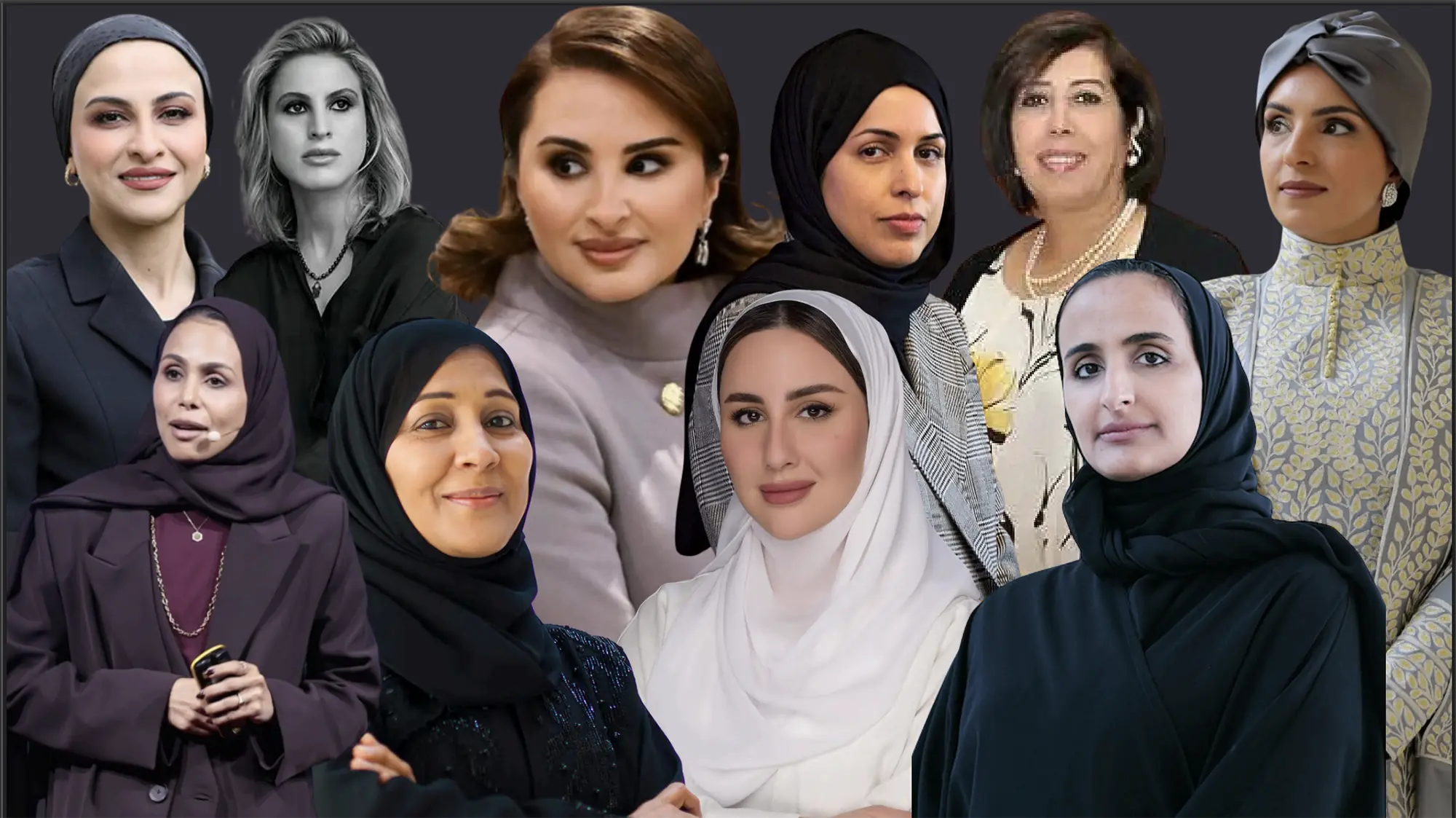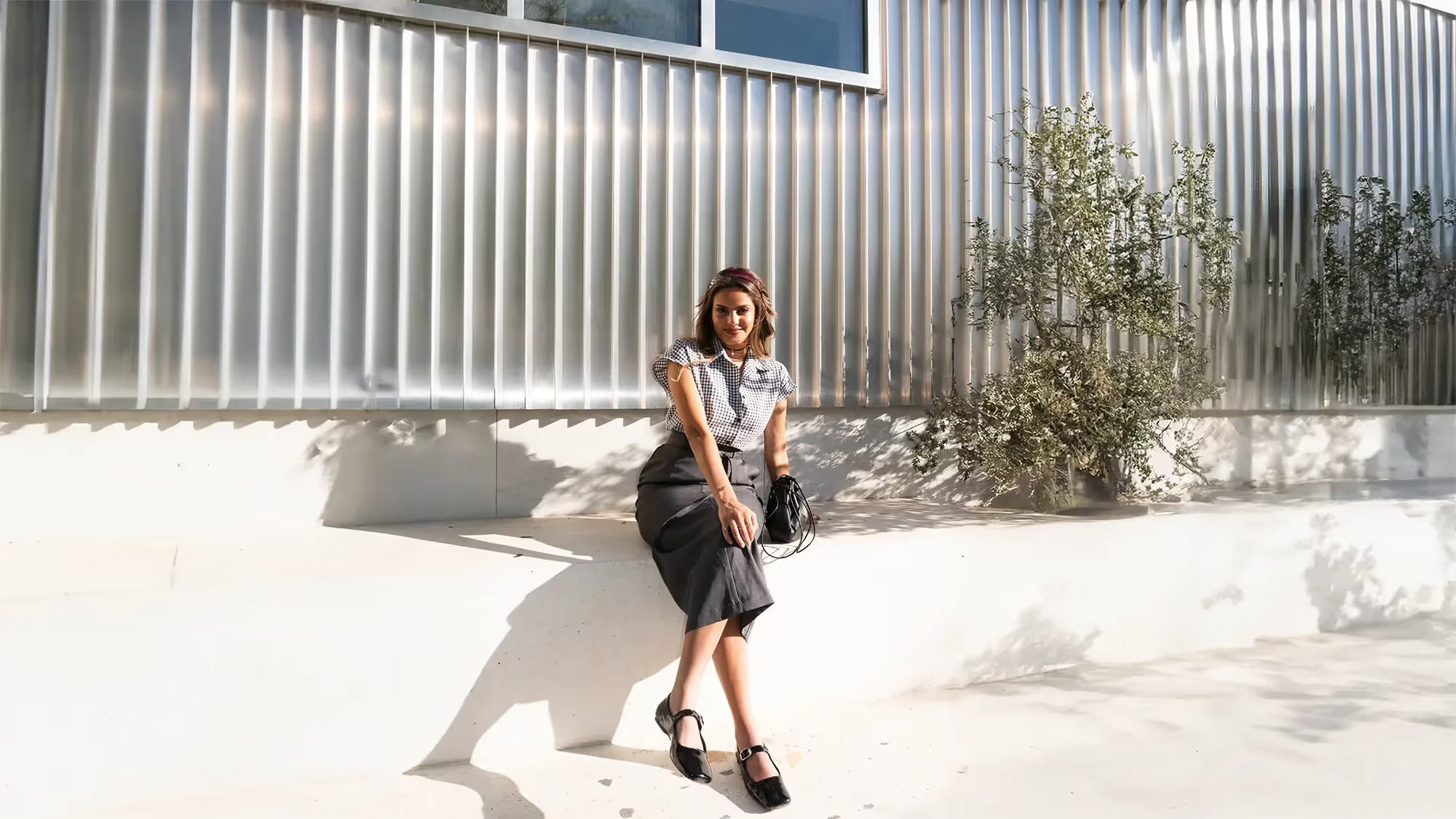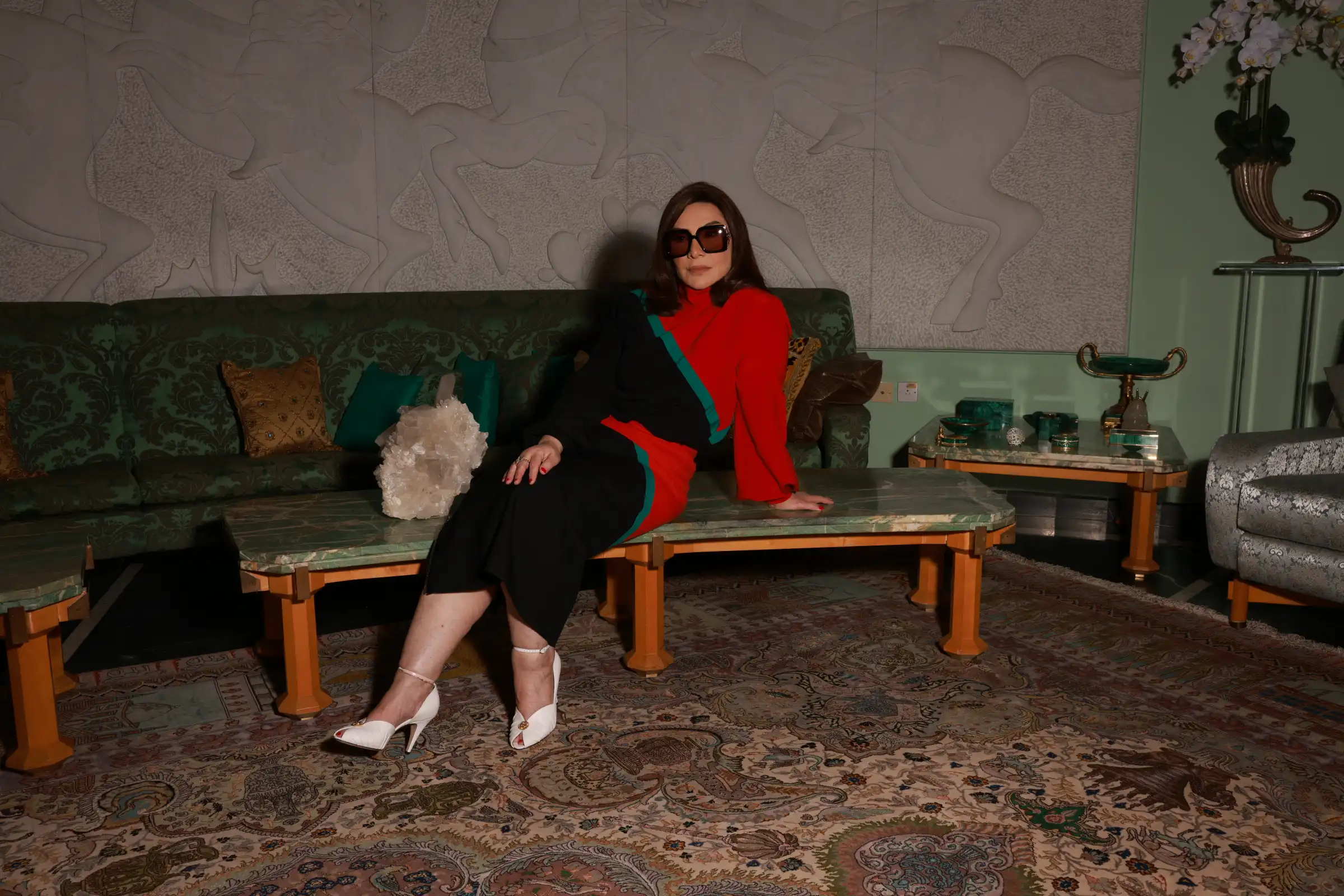Makeup
Voices for Justice: Kuwaiti Women Behind the Abolition of Article 153

May 14, 2025


Fashion & jewelry: Harvey Nichols Kuwait, Make up: Hessa Alsanea, Hair: ID beauty refinery, Photography: Patrick Sawaya
In a society undergoing rapid transformation towards supporting women's rights and promoting social justice, a group of pioneering Kuwaiti women emerged as leading voices behind one of the country’s most significant human rights movements. Dr. AlAnoud AlSharekh, Amira Behbehani, Sundus Hamza, and Sheikha AlNafisi came together with a shared goal: to abolish Article 153 of the Kuwaiti Penal Code, a provision that once legitimized so-called "honor crimes."
Through the “Abolish Article 153” campaign, they leveraged the power of art and culture to raise awareness, sparking an unprecedented social movement that culminated in a historic legal victory this March, when an Amiri decree officially abolished the article.
In this exclusive interview with 3oud.com, we delve into their journey – a path driven by passion for justice, belief in change, and the unwavering determination to ensure that women's voices are heard and respected in shaping the future.
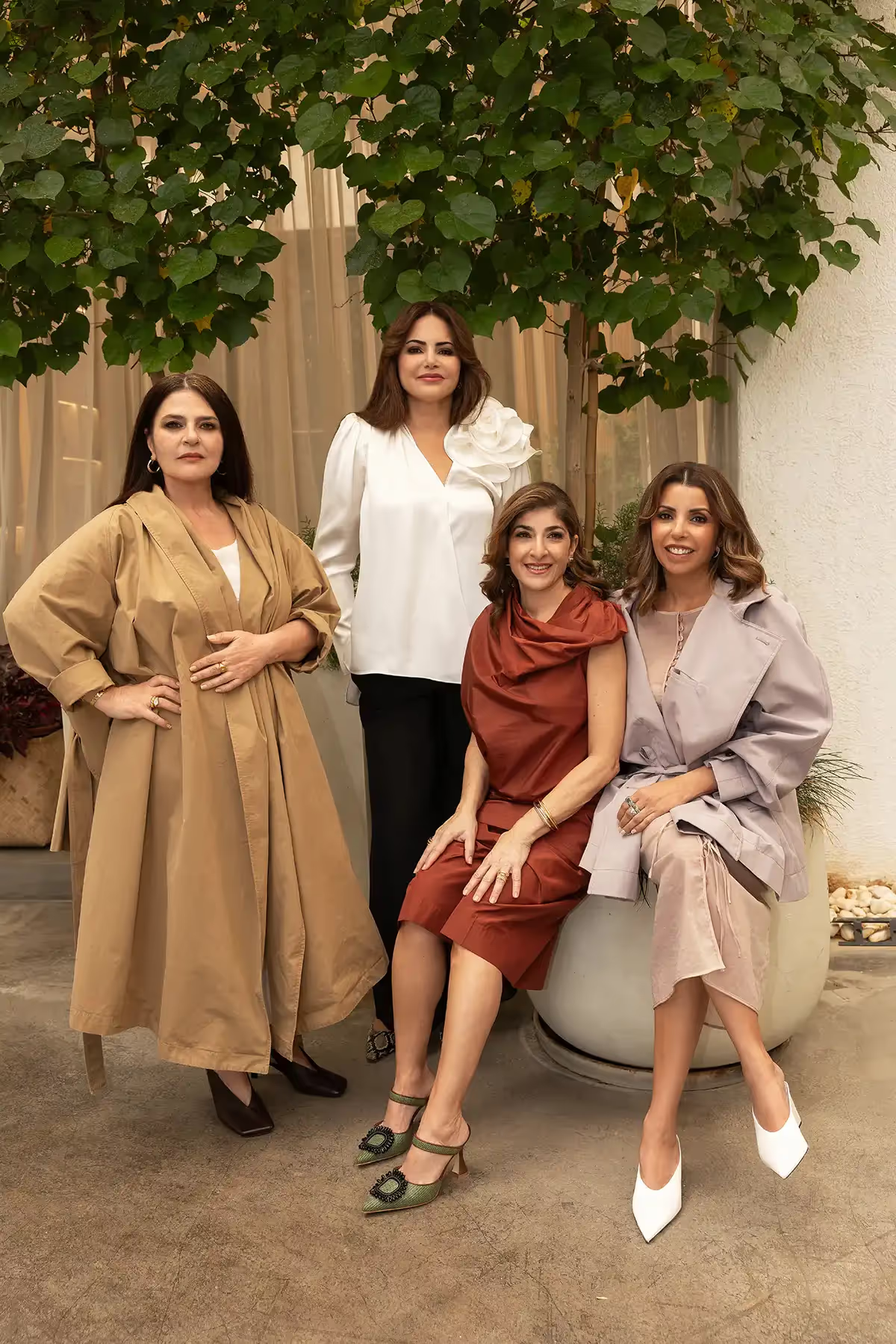
Amid the "Abolish Article 153" campaign, which attracted numerous activists and rights advocates, the motivations for joining and the challenges faced by each participant varied widely. Yet, their collective message to future generations, especially to women, was clear: never stop fighting for your rights and never give in to silence, no matter the obstacles.
What inspired you to join the "Abolish Article 153" campaign?
Dr. AlAnoud AlSharekh: I was shocked to discover the existence of such violent laws within Kuwait's Penal Code, and that there were no sufficient resources or support systems for survivors of domestic violence in Kuwait.
Amira Behbehani: I was driven to join the campaign by the fighter and survivor within me.
What has been the biggest challenge along the way?
Dr. AlAnoud AlSharekh: The biggest challenge was the lack of awareness about legal rights and the existence of laws that threaten women’s safety. There is also a common misconception that domestic violence only affects individuals from certain social, economic, or educational backgrounds, or that some forms of violence are somehow “normal” or acceptable.
Amira Behbehani: For me, the biggest challenge was spreading awareness within the community and convincing members of parliament about the severity of this article.
Sundus Hamza: The hardest part was not just changing a law, but breaking the silence surrounding it. It meant confronting a society that had become so accustomed to this form of injustice that many did not even realize the extent of the harm caused by Article 153.
As a mother, my heart broke when I realized that my daughters were growing up in a place where a man could kill a woman from his family and walk free. I couldn’t remain silent, leaving it for future generations to confront. This is what kept me going, even when the struggle felt impossible.
What message do you hope to leave for younger generations through this work?
Dr. AlAnoud AlSharekh: It is our duty as citizens to initiate respectful and collaborative change that aligns with our passions and values through the legal channels available to us. Change may not happen overnight, but with persistence, it can and must happen.
Amira Behbehani: Fight for your rights and beliefs – never lose hope, especially if you are a woman.
Sundus Hamza: I want every young woman to understand that her life, voice, and dignity hold immense value. Do not accept what is broken just because it has always been that way. You have the power to stand up and demand change. I also want every mother to know that she has the strength to protect her children and others as well. If there’s one lesson I hope my daughters take from this journey, it’s that justice is worth fighting for, no matter how long it takes.
How do you think Article 153 has impacted women and society in Kuwait?
Dr. AlAnoud AlSharekh: I believe that the recent abolition of Articles 153 and 182, as well as raising the legal marriage age, has profoundly shifted perceptions about women’s status in our society. It sends a clear message that certain practices will no longer be legally or socially tolerated, where violence was once justified or accepted as “normal.”
Amira Behbehani: Firstly, it made women aware of the existence of such laws that enable abuse, and secondly, it made them more aware of their rights as women, giving them the courage to speak out.
Sundus Hamza: It didn’t just harm women – it harmed the spirit of our society. It gave men a license to harm, and it gave women reasons to remain silent. It created fear, shame, and deep injustice that we lived with for decades. Article 153 told generations of girls that their lives had less value. Now that it is gone, we have a responsibility to rebuild something better, something that tells every woman and girl: You are protected, you are respected, and your life matters.
Individual Vision, Collective Impact
In this section of the interview, we spotlight the personal perspectives of each of the women behind the “Abolish Article 153” campaign, highlighting their unique insights and experiences, which together shaped this pioneering initiative.
Dr. AlAnoud AlSharekh:

How do women’s rights connect to reforming criminal laws?
Empowering women isn't possible without removing all barriers that undermine this empowerment, starting with legal obstacles. When laws contribute to creating an unsafe environment, or when protective laws are lacking, this directly impacts a woman's position at home, in public, and in the workplace. To truly support women's empowerment, we must begin by eliminating provisions in the penal code that threaten women, discriminate against them, or normalize violence. This is a fundamental part of any movement aimed at genuine empowerment.
What drove you personally to start or support "Abolish 153”?
I was actively involved in the early 2000s movement that called for women's political inclusion, and after we secured our political rights in 2005, I started identifying laws that needed amendment because they discriminated against women. This way, voters and parliamentarians could work on changing them. During this process, I was shocked to discover an article in the penal code that effectively legalized so-called "honor crimes" — this was Article 153. It took nearly a decade for the right circumstances to align and for the campaign to take shape, and that moment arrived when I found the right partner, Sheikha Lulu Mubarak Jaber al Ahmad al Sabah, who believed in the cause and invited various groups to her home, where I could present the campaign idea and spark a broader conversation about ending violence. From there, we were joined by the other founding partners: Amira Behbehani, Sundus Hamza, and Sheikha AlNafisi.
How has your academic background influenced the campaign’s vision?
My academic background played a critical role, allowing us to rely on solid scientific studies and accurate surveys in our advocacy efforts. For instance, one study revealed that over 60% of Kuwaitis supported the repeal of Article 153, while another highlighted the urgent need to address domestic violence in Kuwait. We also published numerous academic papers on family violence and the legal reform of honor crimes, collaborating with academics and activists from the region and around the world. This included developing training programs and awareness initiatives through courses and events. I believe that each of the campaign's co-founders brought their unique expertise to the table, and this was my contribution.
In your experience, how do legal reforms lead to real social change?
Laws can impose penalties for certain behaviors, helping to curb them, but they don’t eliminate them entirely. However, laws send a clear social message about what is acceptable and what isn’t, and people often adjust their behaviors accordingly. For example, after years of pushing for legal protections against violence, a protection law was finally passed in 2020. However, for true social change to occur, legal reform must be paired with fair and swift enforcement, alongside widespread awareness at all levels. This holistic approach is what drives organic, lasting change in society.
What cultural or intellectual hurdles did you face?
We often encountered the misconception that some of these laws are rooted in religion or tradition, which isn’t accurate. It took years of effort to clarify that many of these laws have no basis in our religion or cultural traditions, and in some cases, like Article 153, they even contradict both Islamic principles and the constitution. We also faced challenges in accessing decision-makers. Unlike men, we couldn’t engage them in traditional gatherings like diwaniyas, but we were fortunate to receive strong support from several lawmakers, for which we are deeply grateful. Today, we express our sincere appreciation to His Highness the Amir of Kuwait, Sheikh Mishal AlAhmad AlSabah, the Crown Prince, and the efforts of the Minister of Justice, Nasser AlSmait, for the significant strides made in advancing women's rights and elevating their status in Kuwait.
How can research and academia help push for legal reforms in the Arab world?
Scientific research can provide powerful counterarguments to behaviors and social norms that are often accepted as a given, but in reality, are not acceptable. However, for research to have a real impact, it must be made accessible to the public in a practical and engaging way, rather than remaining confined to academic theory or lecture halls.
Sheikha AlNafisi
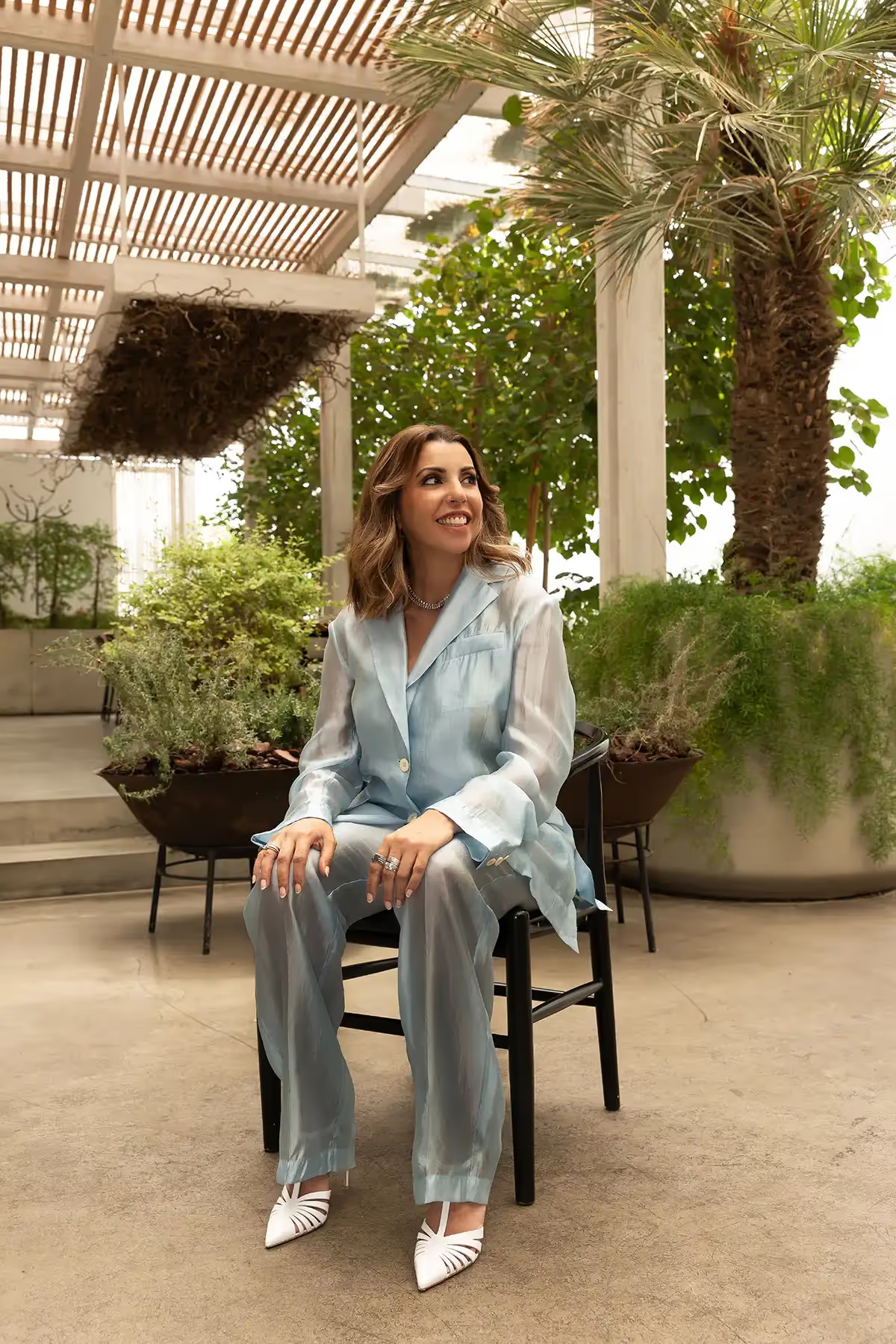
How important was social media to the success of the Abolish 153?
Social media played a crucial role in shedding light on a relatively unknown legal issue, especially among young Kuwaitis and the global human rights community. Through platforms like Instagram, Twitter, and Facebook, we were able to break down the complexities of Article 153 into simple, accessible language, raising awareness about its real-world consequences. These platforms transformed a local injustice into a national issue, giving ordinary people the tools to demand change and make their voices heard.
In your view how has social media amplified the movements voice?
Social media gave the "Abolish Article 153" campaign a global platform, drawing the attention of human rights organizations, journalists, and influencers from all corners of Kuwait and beyond. This diverse support intensified the pressure on lawmakers, who have since introduced bills to repeal this article multiple times in the Kuwaiti parliament, adding legitimacy to the cause.
How did you first get involved with the campaign?
From the moment I learned about this horrific law, I became one of the founding members.
What’s a key to keeping public pressure alive for woman’s rights?
I believe the key is consistency in storytelling, using powerful visuals and real-life connections that link these laws to the lives of real people. Sharing the stories of survivors on social media always grabs attention and sparks action.
How would you describe the reaction from young women?
Young women’s reactions upon discovering Article 153 are often a mix of shock and anger, quickly followed by a sense of empowerment. After the initial disbelief, many women feel a strong urge to act, sharing information, joining campaigns, and using their voices to demand change. This emotional transformation is what gives the "Abolish Article 153" campaign its grassroots power — it turns awareness into action.
Amira Behbehani
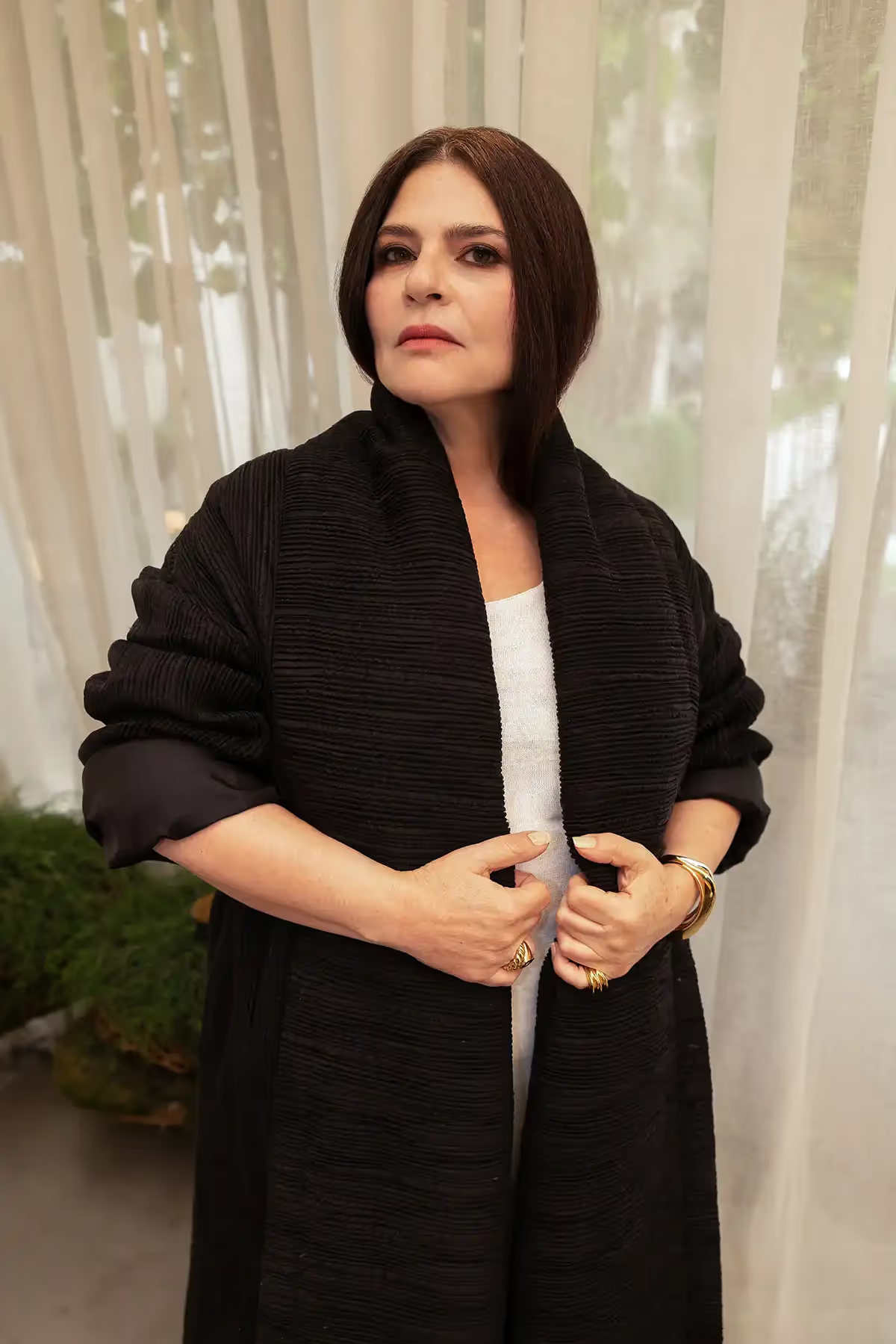
How did art and culture help spread the message of "Abolish 153"?
Art is the voice of peace.
How do you combine creativity and activism in your work?
I’ve always had internal struggles that I wanted to express, but I never knew how — until I started painting. Art made it easier for me to speak through its mediums.
Can art really move the needle on serious social and legal issues?
Absolutely. Artists have always fought for their rights through their work, and they have been present in every battle they believe in. Art gives the artist both courage and a voice.
How did people react to using art to highlight such a sensitive topic?
It wasn’t easy at first, and many didn’t understand why we were using art to address such a serious matter. But over time, art became a tool for everyone to express and advocate for change. Today, our audience eagerly awaits our annual exhibitions, where we showcase different forms of artistic expression.
What challenges did you face using art as a form of activism?
Some people didn’t believe in the power of art, or even in the value of female artists. But now, that has changed after we proved otherwise.
What advice would you give to artists looking to engage with social causes?
Artists should believe in what they do and never give up.
Sundus Hamza
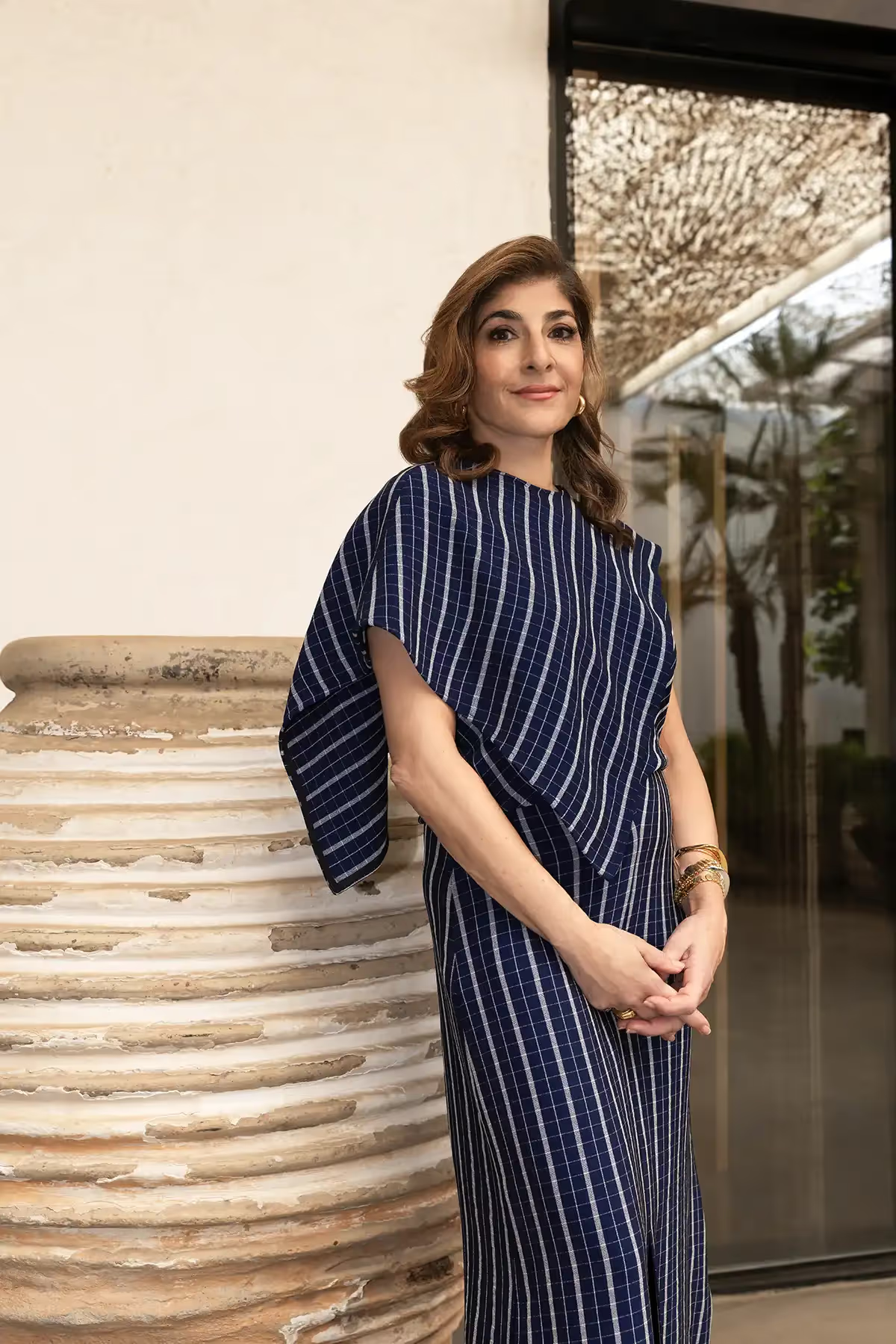
From a legal perspective, please explain the necessity for the removal of Article 153.
As a Kuwaiti citizen, I deeply believe in our constitution — particularly Article 29, which guarantees equality and dignity for all. However, Article 153 of the Penal Code betrayed this promise, allowing so-called "honor" killings to go unpunished.
This article created a legal loophole that diminished the value of a woman's life. Kuwait is a signatory to the Convention on the Elimination of All Forms of Discrimination Against Women (CEDAW) and the International Covenant on Civil and Political Rights, both of which uphold the principles of equality and human rights. Yet, Article 153 violated these commitments, protecting perpetrators instead of victims. It also misrepresented Islam, a faith that cherishes life and rejects extrajudicial killing. There is no basis for "honor" crimes in Islamic law or justice. Repealing Article 153 was a crucial step toward restoring our legal and moral integrity.
Did you propose alternative legal solutions?
Yes. We supported the repeal of Article 153 because no murder should be justified in the name of "honor." The killing of a woman must be treated like any other murder, without exceptions or excuses. We also advocated for legislation specifically designed to protect women from domestic violence. The law should protect victims, clearly define crimes, and enforce strict penalties against perpetrators. These reforms are essential to ensure justice and prevent personal motives from being used as a cover for violence.
Did public speaking challenge you personally?
Of course. Confronting Article 153 was not a popular move at first. We faced criticism, isolation, and were accused of rebelling against tradition. But protecting women’s lives is not a betrayal of culture — it is a demand for justice. Despite the risks, we remained steadfast, supported by brave local voices and international human rights organizations.
How did human rights groups react to the campaign?
From the very beginning, we received strong support, whether from civil society groups, policymakers, or ordinary citizens who believed in our cause. Initially, many people in Kuwait were shocked to learn that "honor" crimes or legal gaps like Article 153 existed, and some even tried to deny it. It was a taboo subject, and we faced intense criticism. However, with early support from regional and international NGOs, the calls to abolish Articles 153, 182, and 29 gained significant momentum. Public opinion gradually shifted, turning initial rejection into widespread solidarity. When Article 153 was finally repealed in March 2025, the international response was overwhelming, as allies and organizations that had stood by us for years celebrated this milestone for justice.
What legal or political reform would you desire next?
As a Kuwaiti citizen committed to justice, I feel immense pride in what we have accomplished. Repealing Article 153 was a major step forward, and today, with the repeal of Article 182, we feel a deep sense of relief and pride for the progress made for women. These changes affirm our right to dignity and protection.
However, there is still work to be done. Remaining legal provisions must be addressed, and there is an urgent need for clear legislation against harassment to ensure full protection and justice for all.
Beyond this, I hope Kuwait will adopt policies that support work-life balance, especially for mothers. This includes affordable childcare, longer parental leave, flexible working hours, and parallel systems that empower women to contribute without being forced out of the workforce. These are essential steps toward a healthier, more inclusive society.
At the conclusion of this interview, we approached the founders of the "Abolish Article 153" campaign to ask about their vision for the next phase and their personal and societal aspirations following this significant legal and awareness achievement.
Each of the participating women expressed clear enthusiasm to continue their work, focusing on equally important issues such as violence and harassment, with a steadfast hope for a more just future for women in Kuwait.
What’s next for "Abolish 153”?
Dr. Al-Anoud: We want to focus on issues of harassment in the workplace and public spaces, as we believe this matter has not received sufficient legal and social attention yet. We will also continue to support survivors of domestic violence and empower women in other areas.
Amira Behbahani: More awareness, more engagement with the community and the government.
Sheikha Al-Nafisi: The next step is to enact stronger laws against domestic violence, improve enforcement mechanisms, provide support services for survivors, and enhance community awareness to change perceptions regarding gender and honor.
Sundus Hamza: We may have won the legal battle, but the real work has just begun. We need to mobilize support with other NGOs to ensure the effective implementation and enforcement of women's protection laws. We also need to push for new laws, such as comprehensive anti-harassment legislation, because the fear and silence that many girls and women carry every day is not only tragic, but unacceptable.
What would you say to a woman who feels unheard?
Dr. Al-Anoud: Unfortunately, this is a global issue. Women have to make double the effort to be heard, whether in the workplace or in politics. Perseverance and turning to other women and male allies is always helpful because there is strength in unity.
Amira Behbahani: Fight for your right. Many like you have struggled, and in the end, they were heard.
Sheikha Al-Nafisi: Your voice matters.
Sundus Hamza: You are not alone, and your voice matters—more than you’ve been made to believe. Keep speaking up, even if your voice trembles. There are women listening, and we are building a space for your voice to resonate.
How do you imagine the future of women's laws in Kuwait?
Dr. Al-Anoud: I am very optimistic, especially after seeing the speed of legal change and the reforms that have been achieved. Kuwaiti women are strong by nature, and they have already accomplished a lot, and will achieve even more once the barriers in their way are removed.
Amira Behbahani: I believe there will be fundamental changes. Laws will be studied carefully to encourage the presence of women and strengthen their role in society.
Sheikha Al-Nafisi: I envision a future where laws related to women in Kuwait will be fairer and more inclusive, where women’s rights are fully respected, and their dignity is upheld in all sectors of society.
Sundus Hamza: As a mother and Kuwaiti activist, my journey with the "Abolish Article 153" campaign was a battle born from sorrow, sustained by the strength of solidarity, and driven by a deep conviction that silence in the face of injustice is never an option.
Ten years from now, what success would you love to see?
Dr. Al-Anoud Al-Sharikh: I hope to see greater representation of women from diverse social backgrounds in decision-making positions and public policy.
Amira Behbahani: Abolishing more harmful laws and seeing more happy women and families.
Sheikha Al-Nafisi: Ten years from now, I imagine Kuwait as a society where women’s rights are fully respected, preserved, and protected in all sectors of society.
Sundus Hamza: I want to see Kuwait where no girl grows up fearing violence, where the laws protect women without exception, and where young advocates no longer need to fight for basic rights—they will be guaranteed.
In one sentence, how would you describe your journey with "Abolish 153"?
Dr. Al-Anoud Al-Sharikh: A transformative journey.
Amira Behbahani: A journey full of challenges, exciting, and rich in knowledge.
Sheikha Al-Nafisi: A powerful milestone in Kuwait's path toward justice and equality, where "honor" can no longer be used as an excuse for violence.

Bader Al-Kulaib
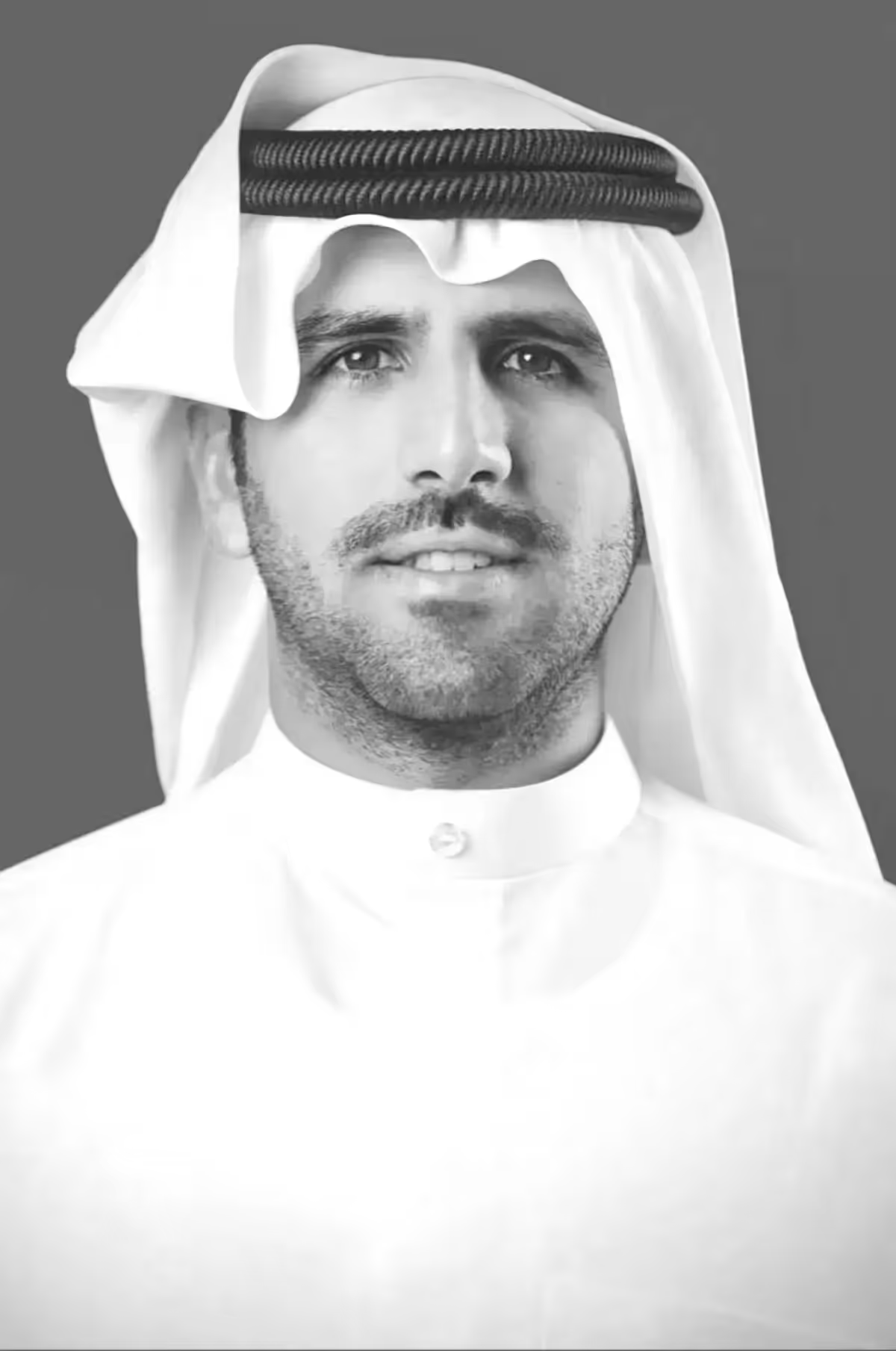
Sheikh Fahad Nasser Sabah Al Ahmad Al Sabah

Dr. Noura Almashan
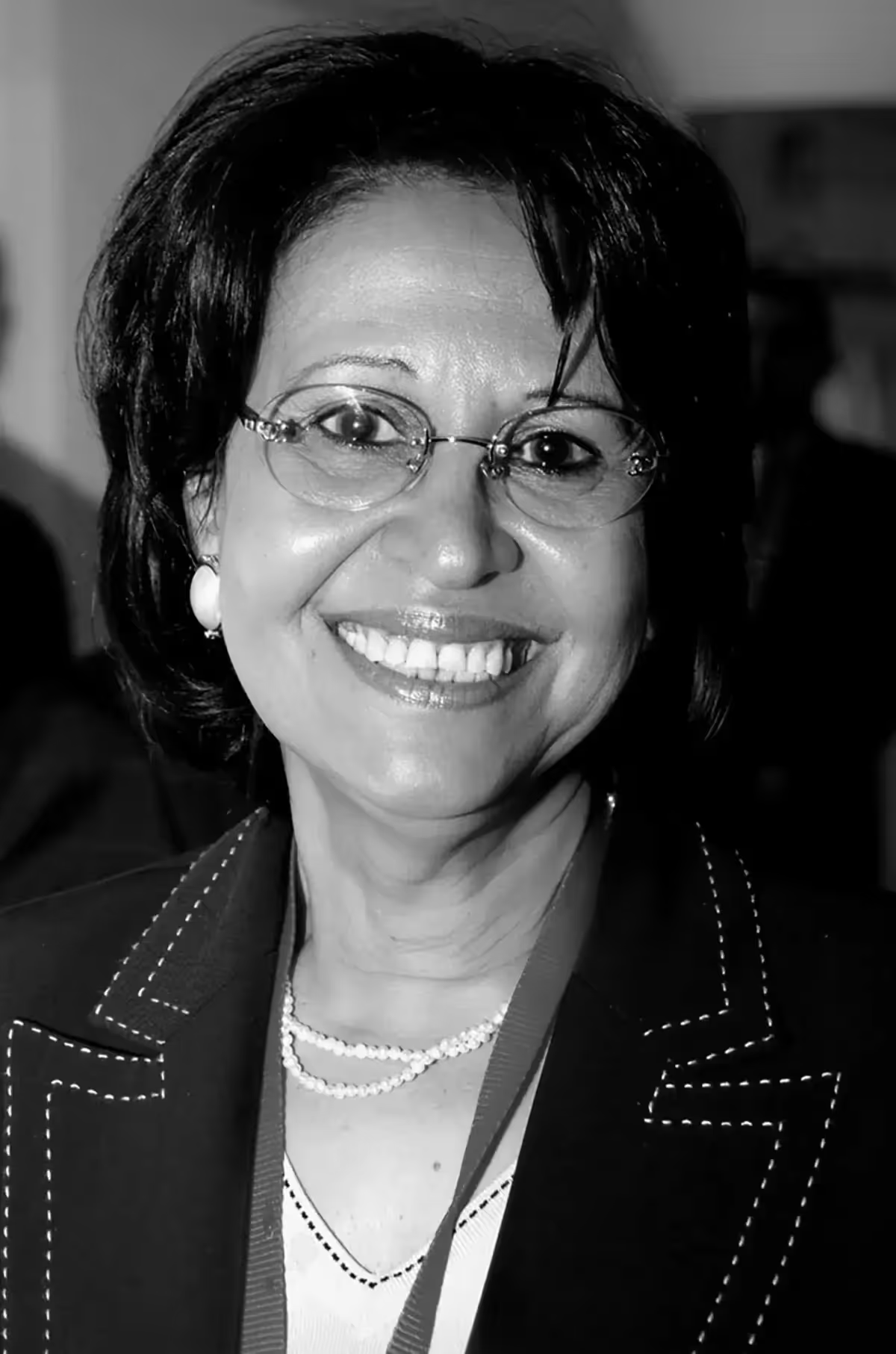
Dr. Munira Al-Arouj
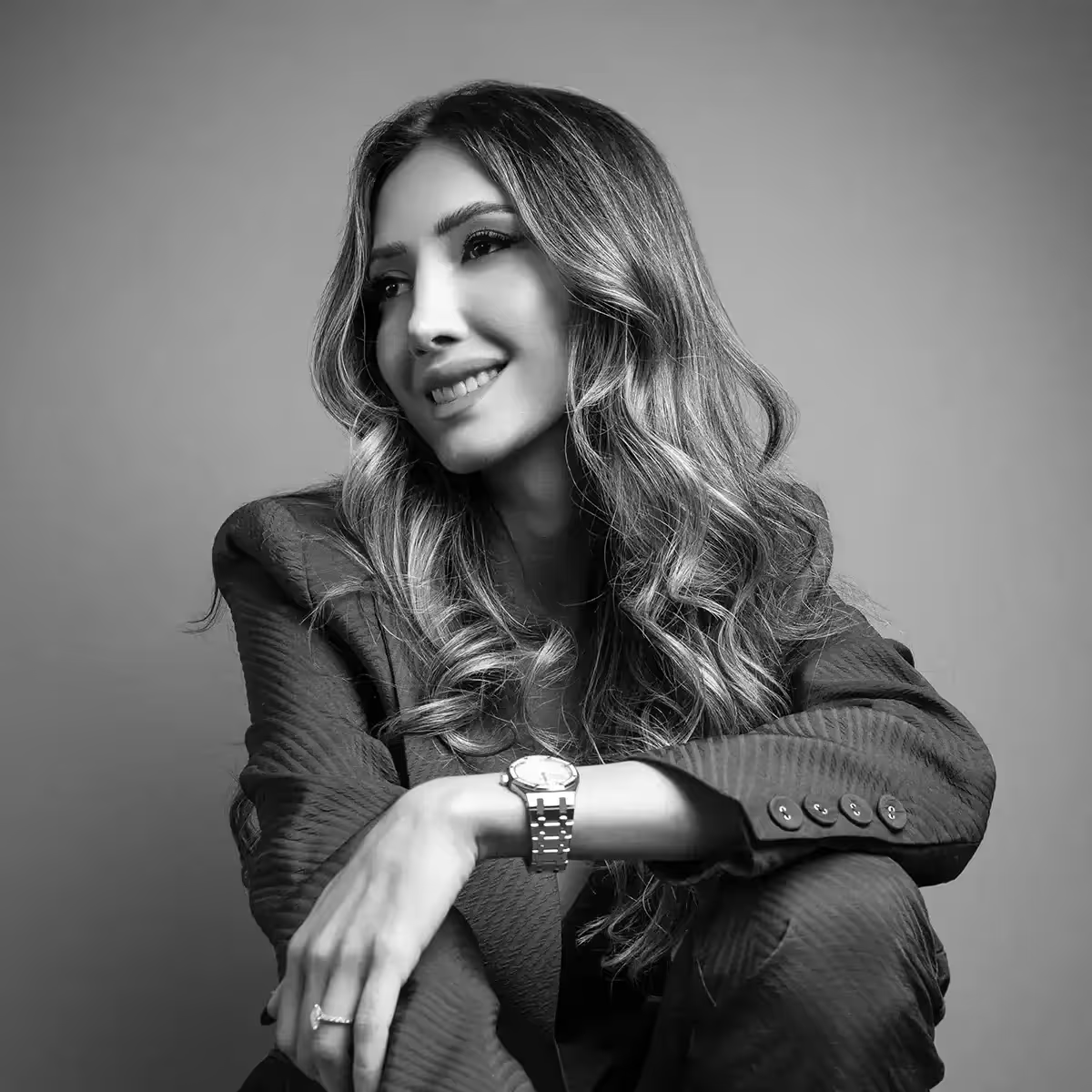
Nour Abdul

Eisa Alhabib
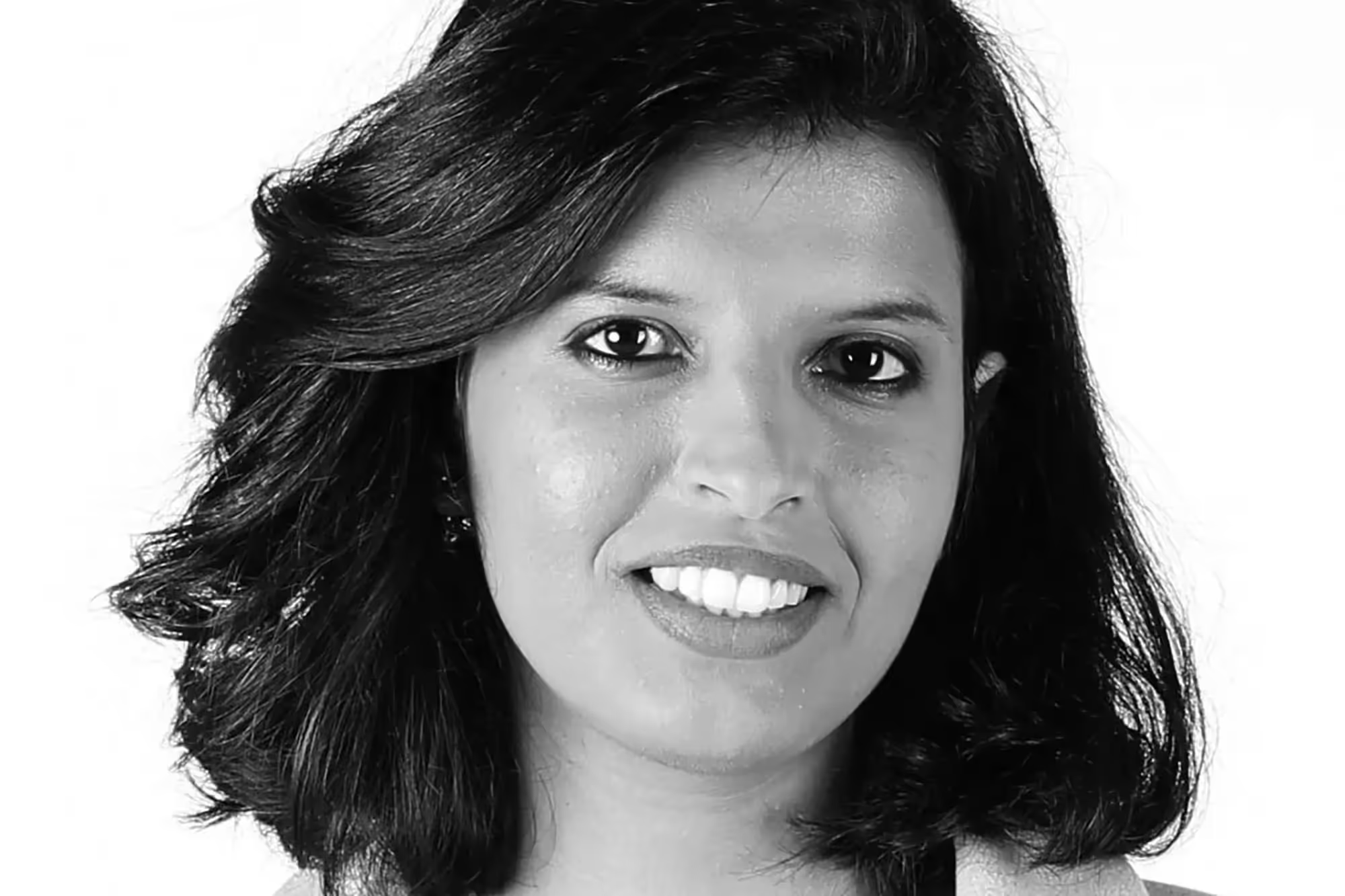
Deema Al-Ghunaim
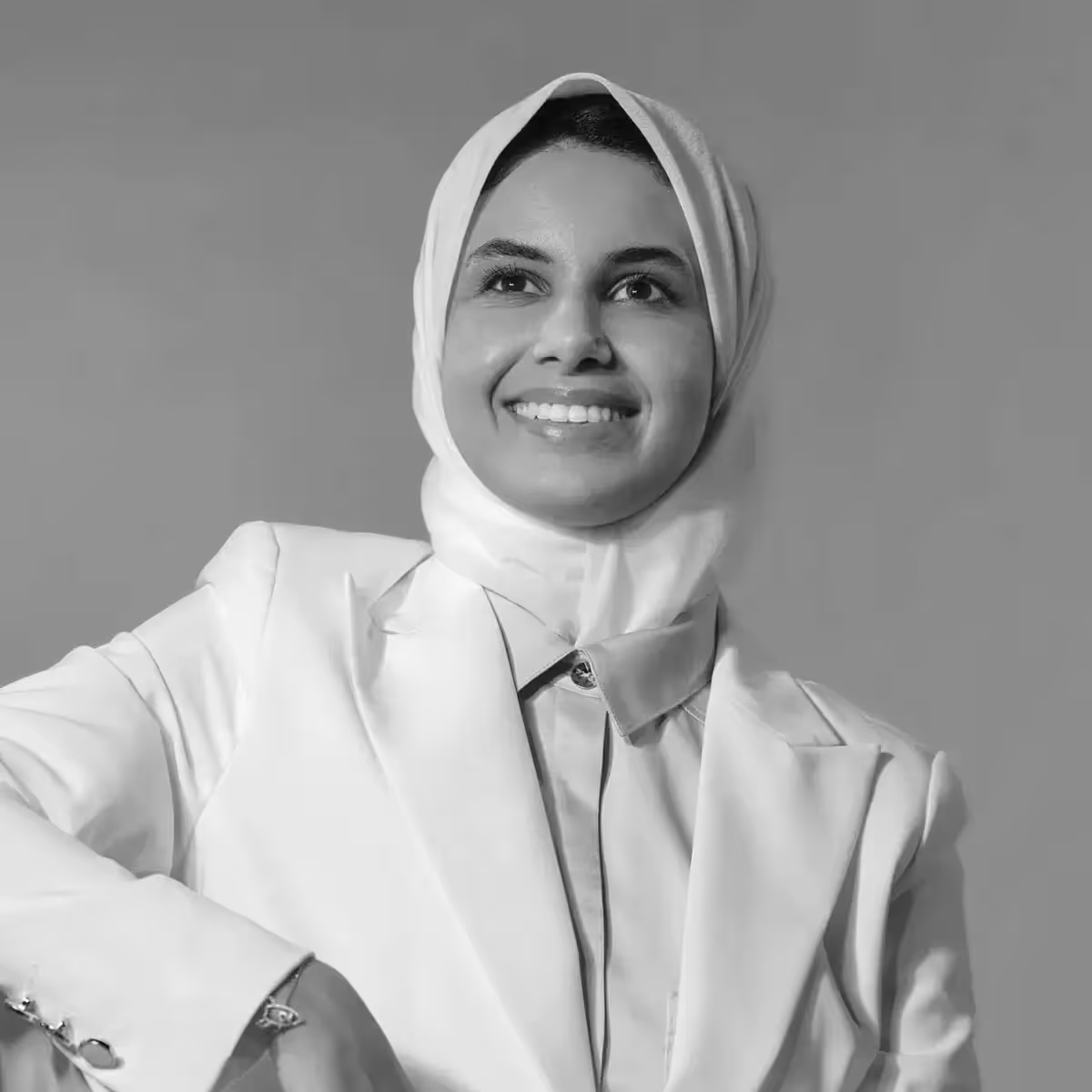
Lama AlOraiman
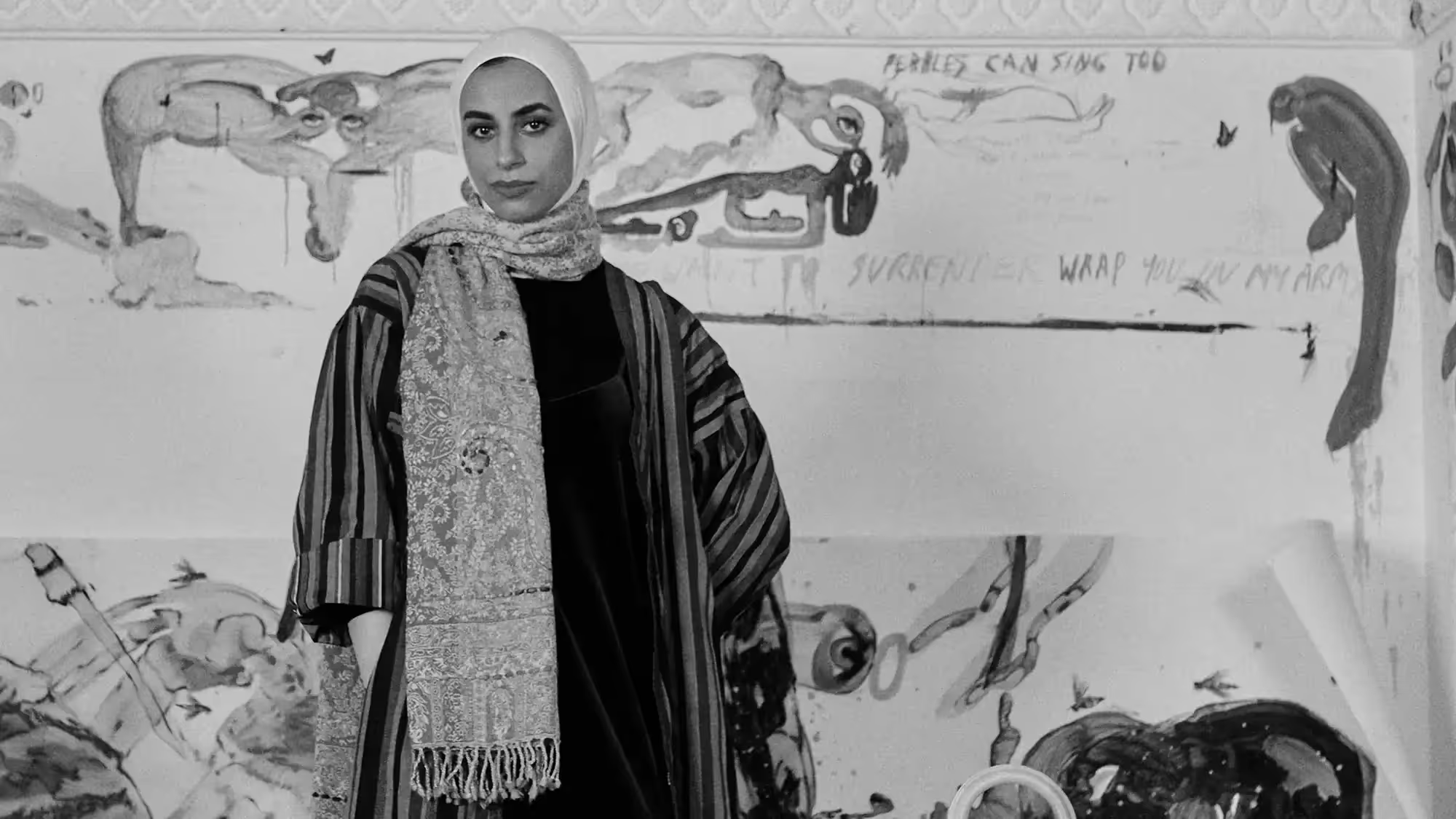
Alymamah Rashed

Nadia Bader Al-Hajji
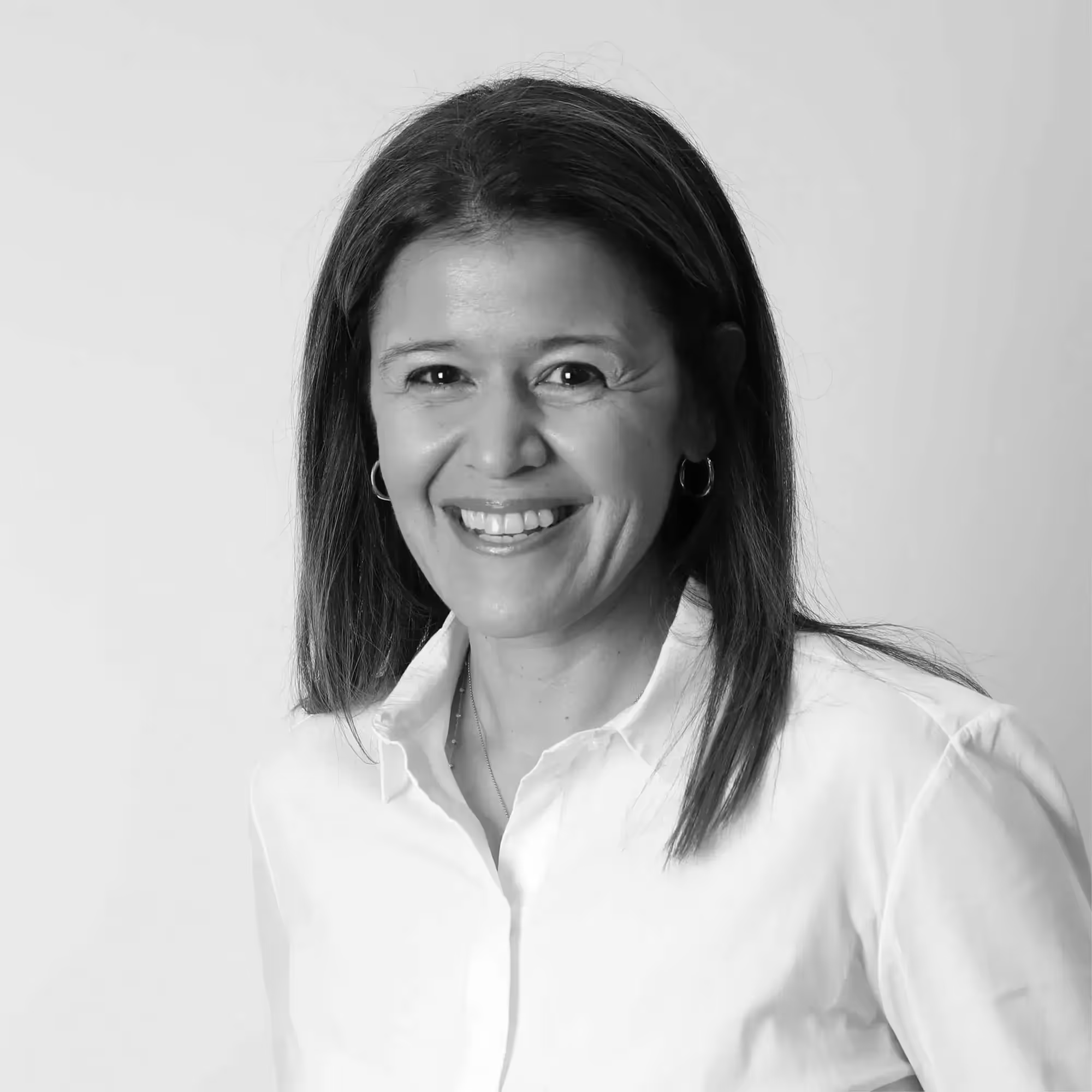
Henadi Al-Saleh

Jafar Islah
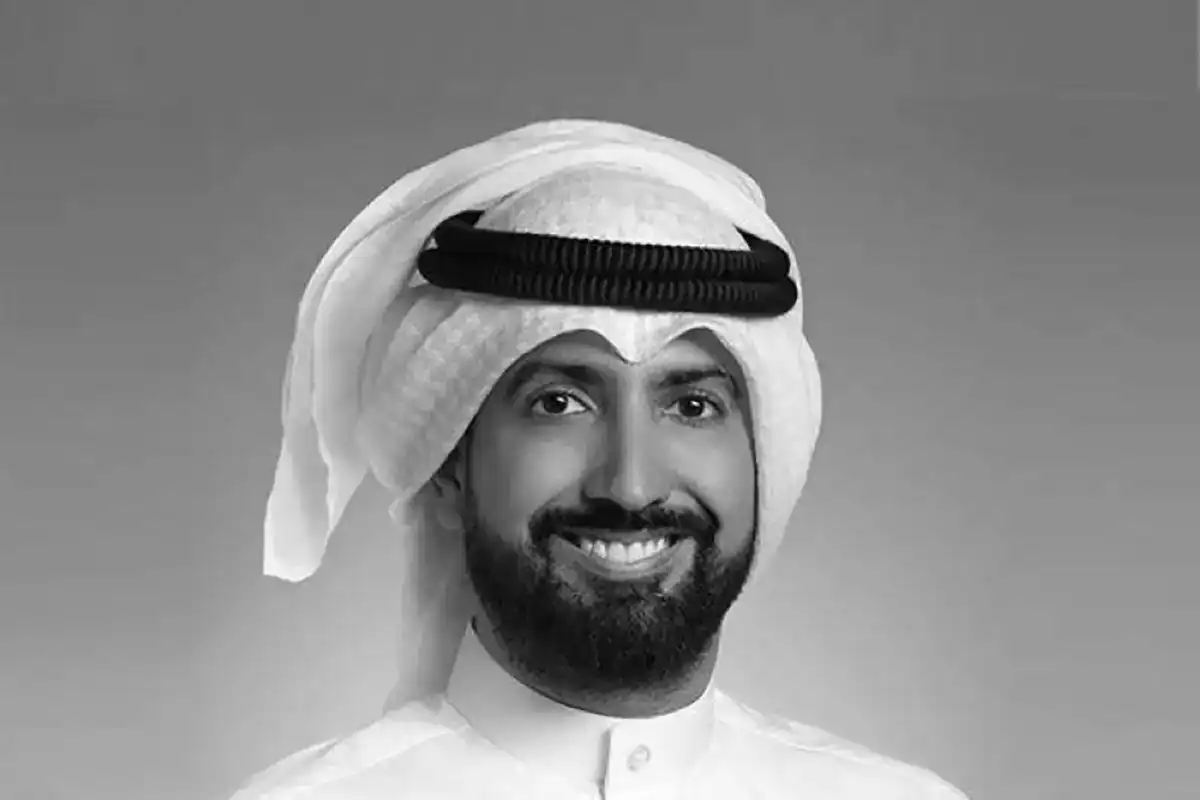
Abdullah Ghazi Al-Mudhaf
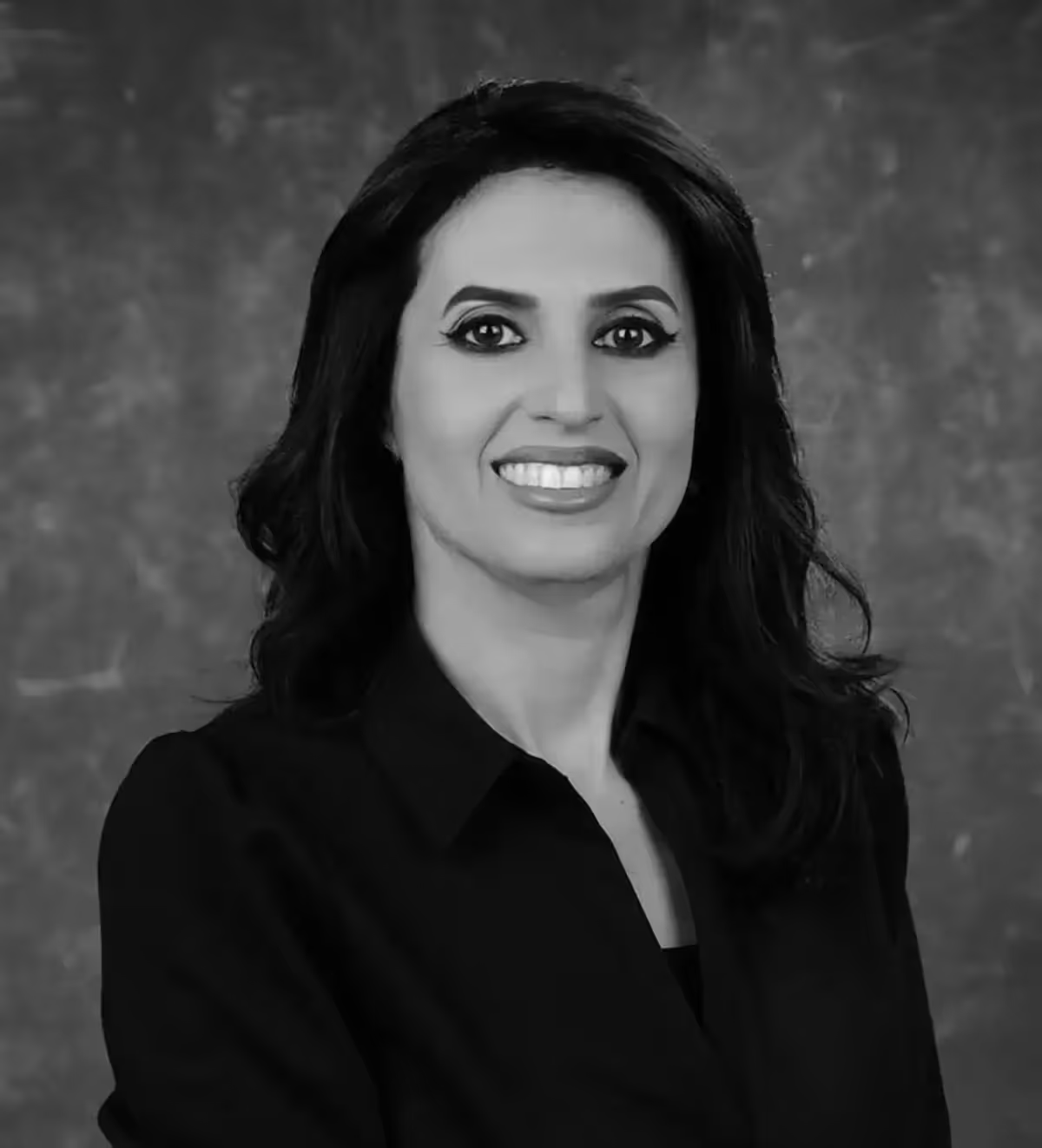
Abeer Al Awadhi
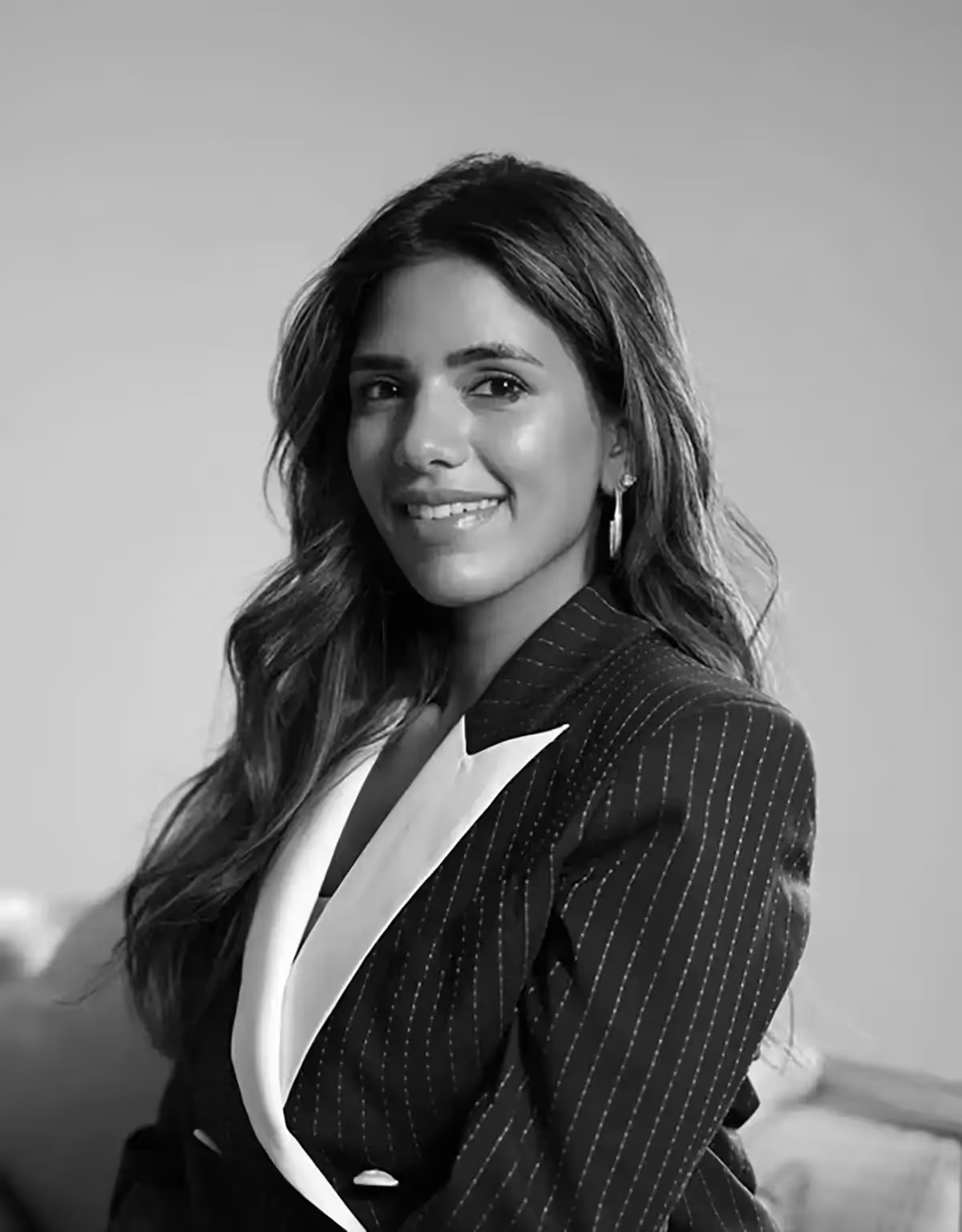
Shahad Alsabeeh
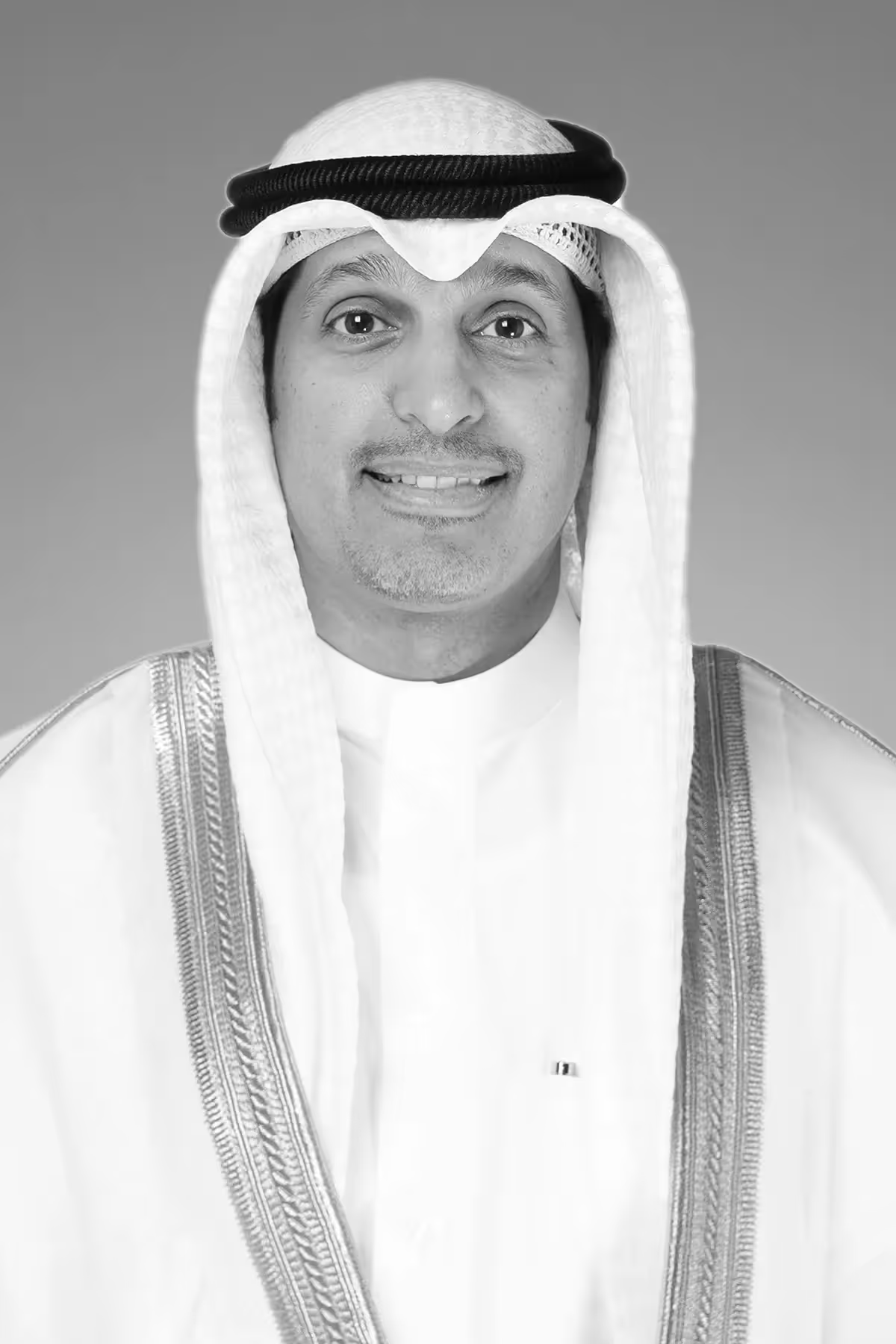
Abdulrahman Bedah Al-Mutairi

Faisal Alagel

Bader Nasser Al-Kharafi
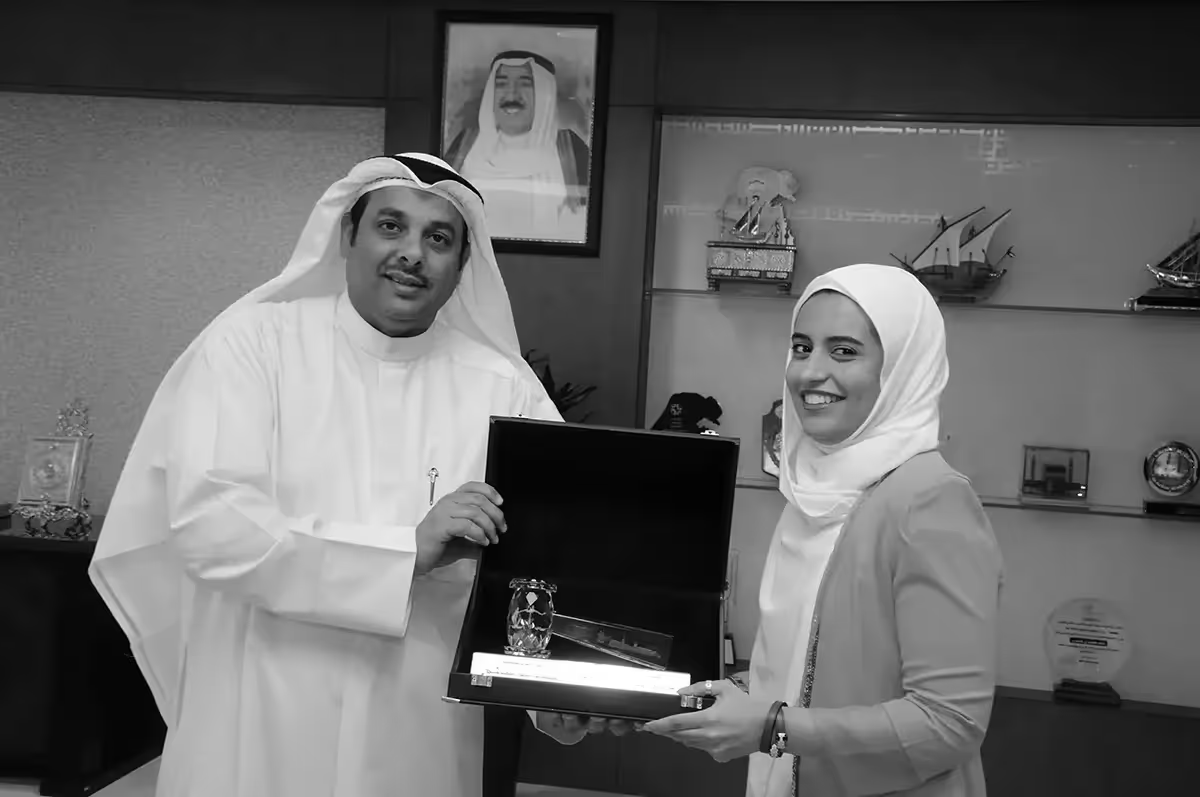
Shaikha Al Majed
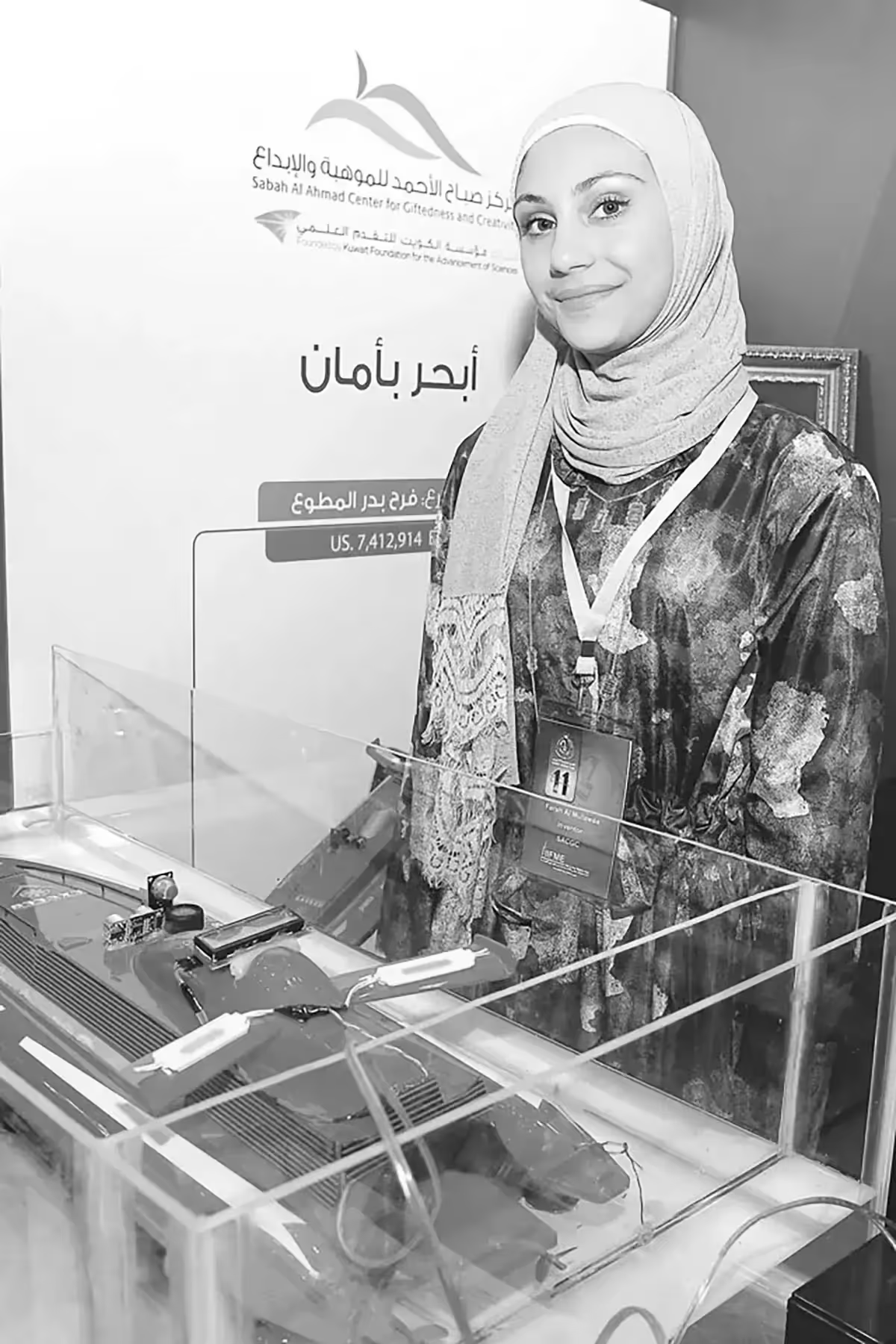
Farah Almutawa
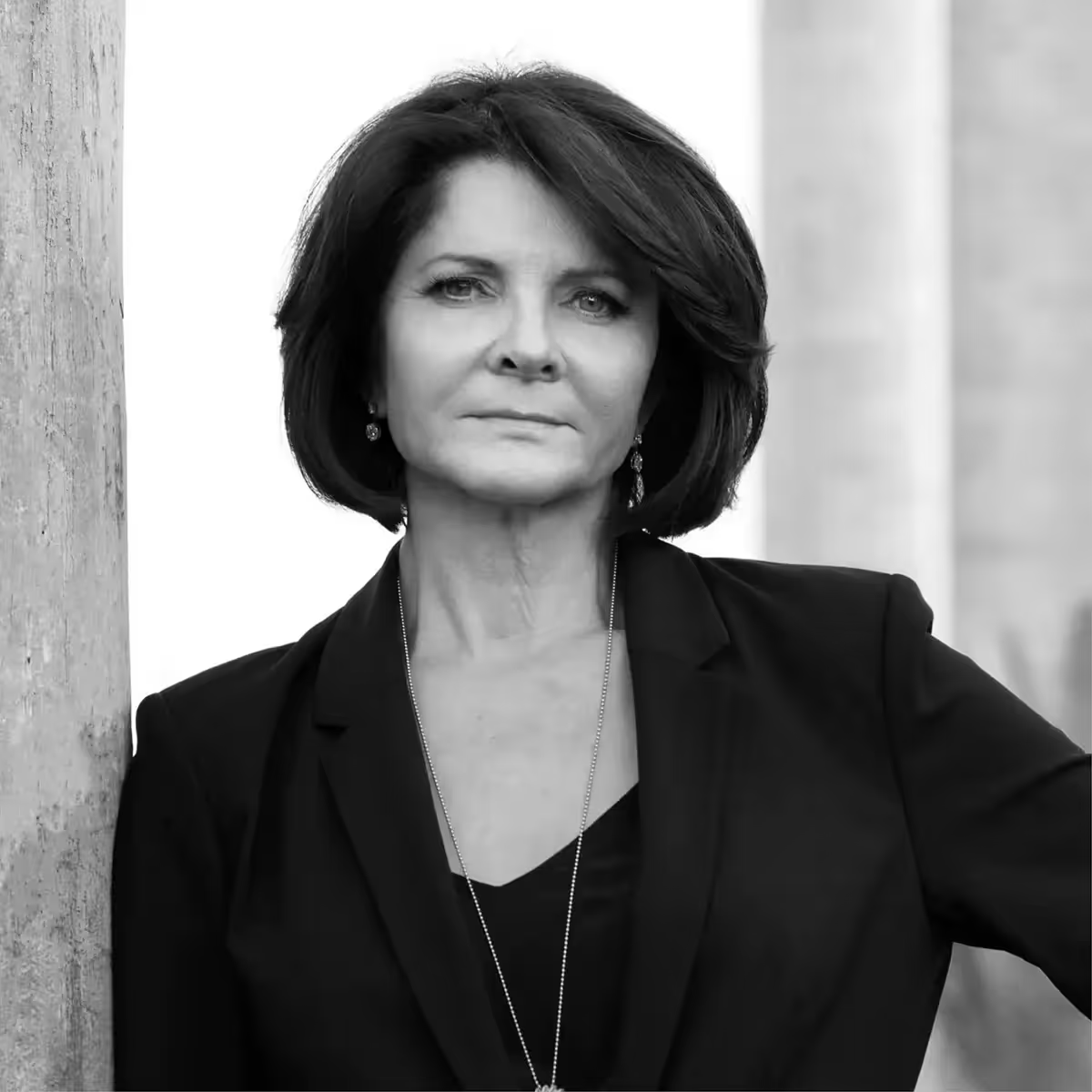
Donna Sultan
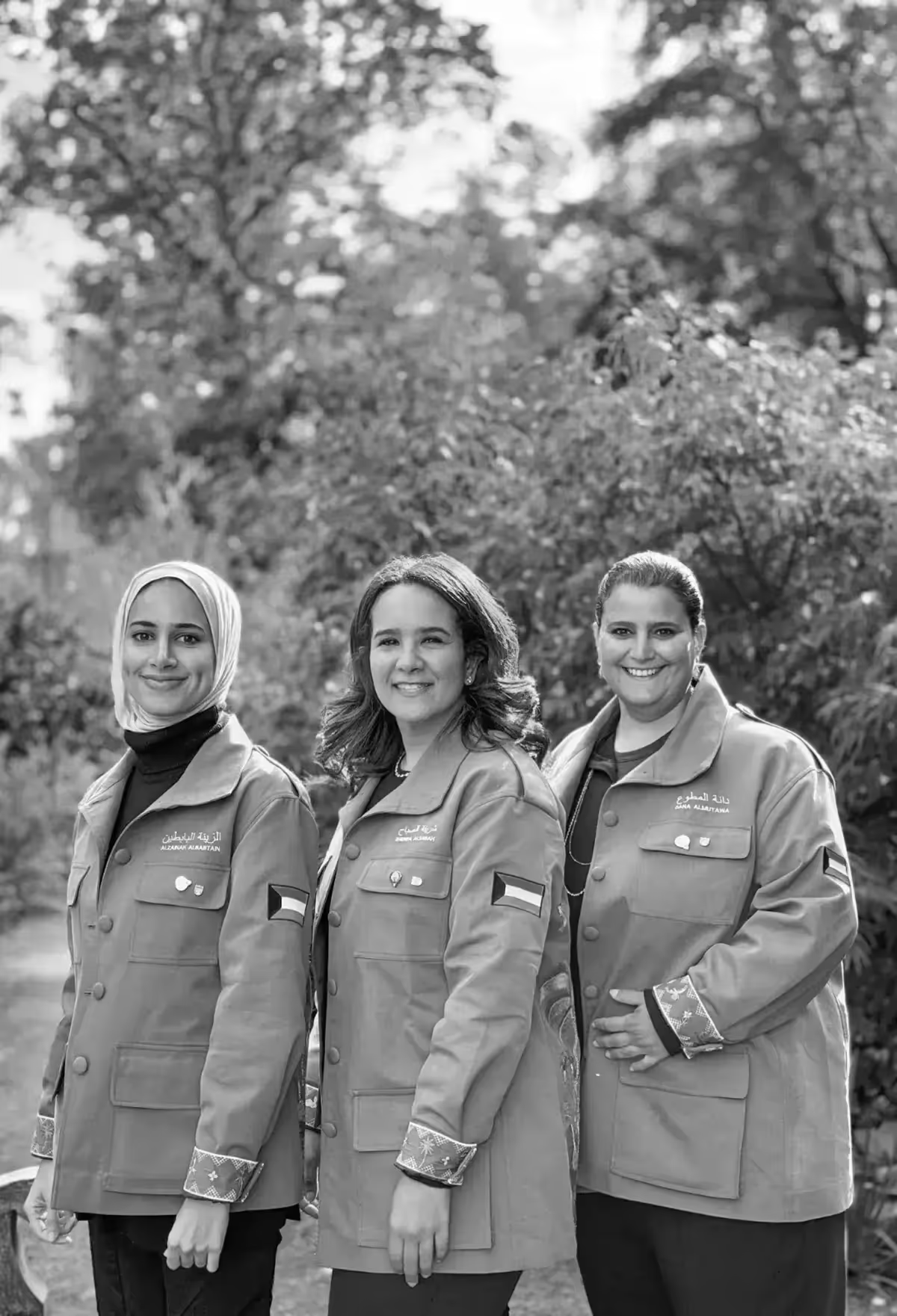
Dana Al-Mutawa and Sheikha Sharifa Al Sabah and Alzainah Albabtain
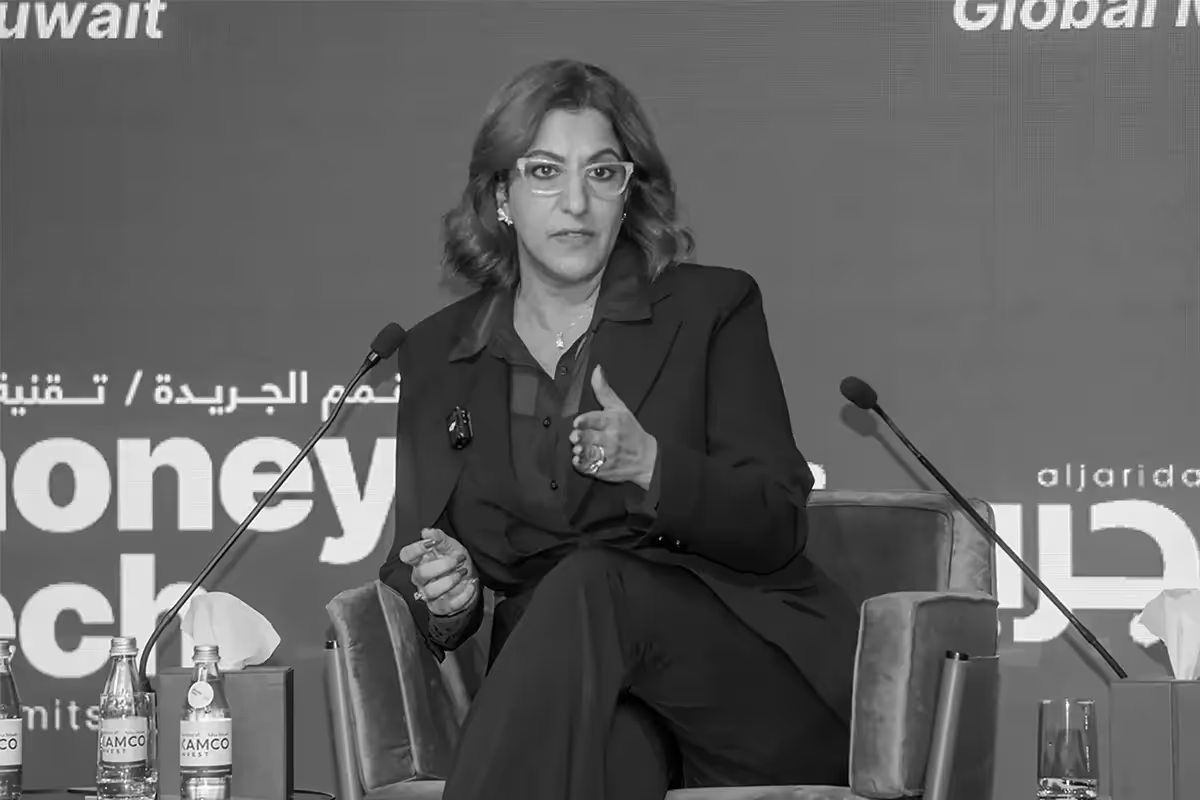
Laila Almutairi
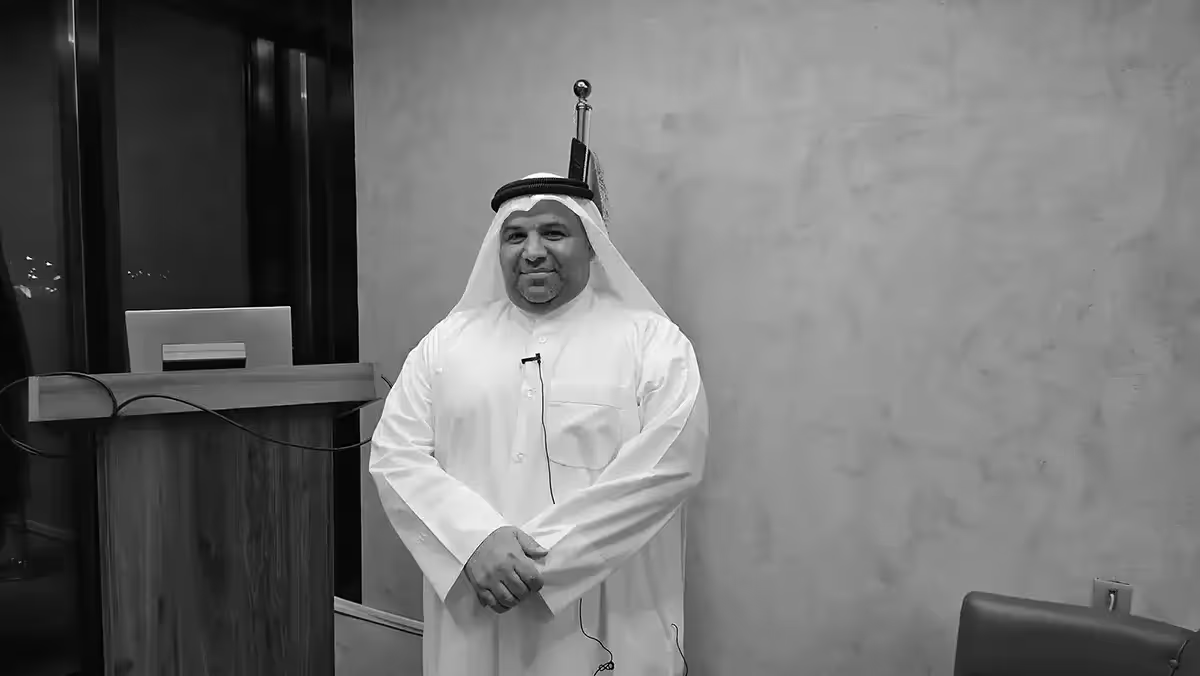
Adel Alwasis

Hashim and Amna Naseeb
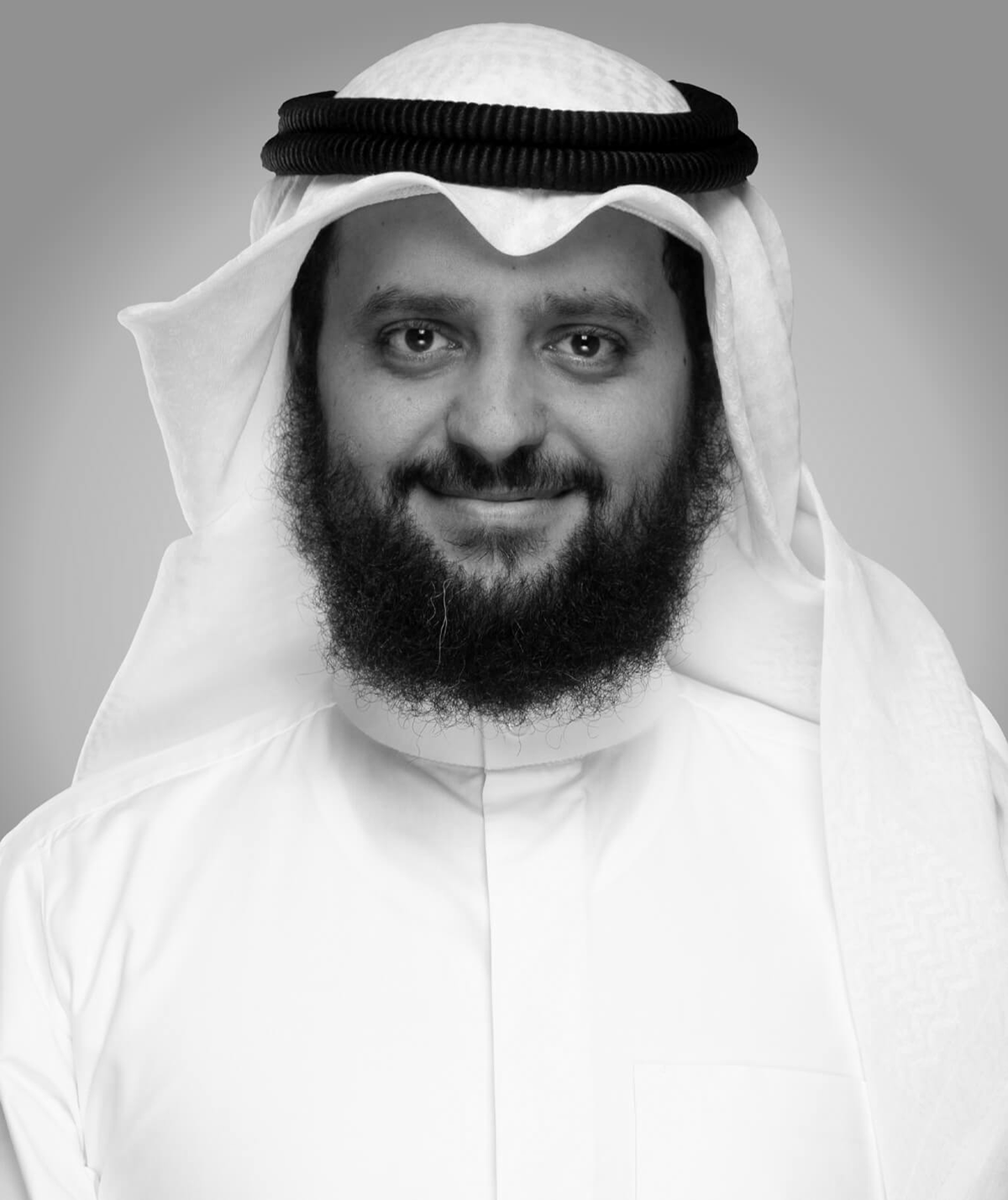
Dr. Abdullah Al Sumait

Shaikha Al-Hajeri
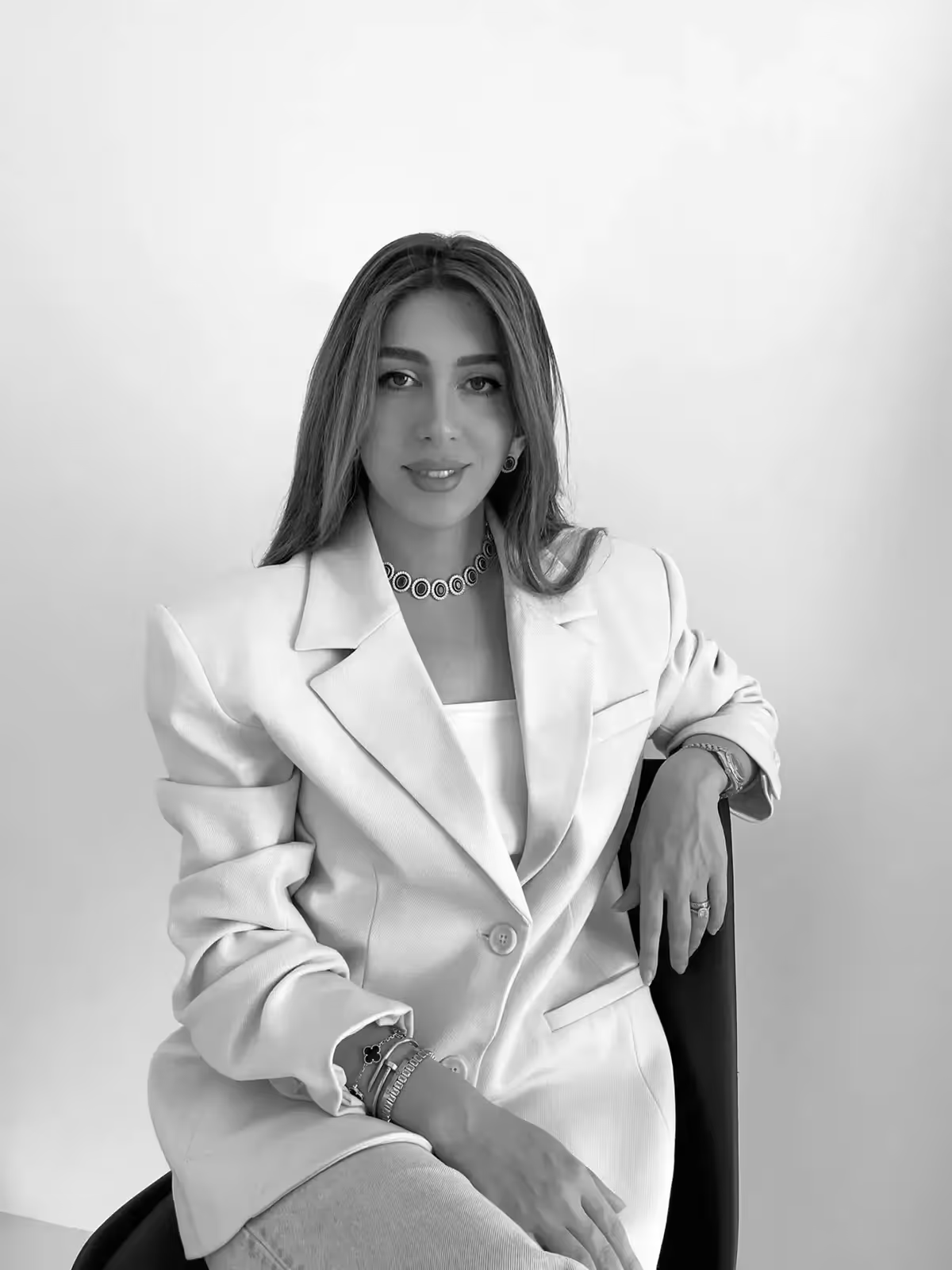
Shaima Hassan
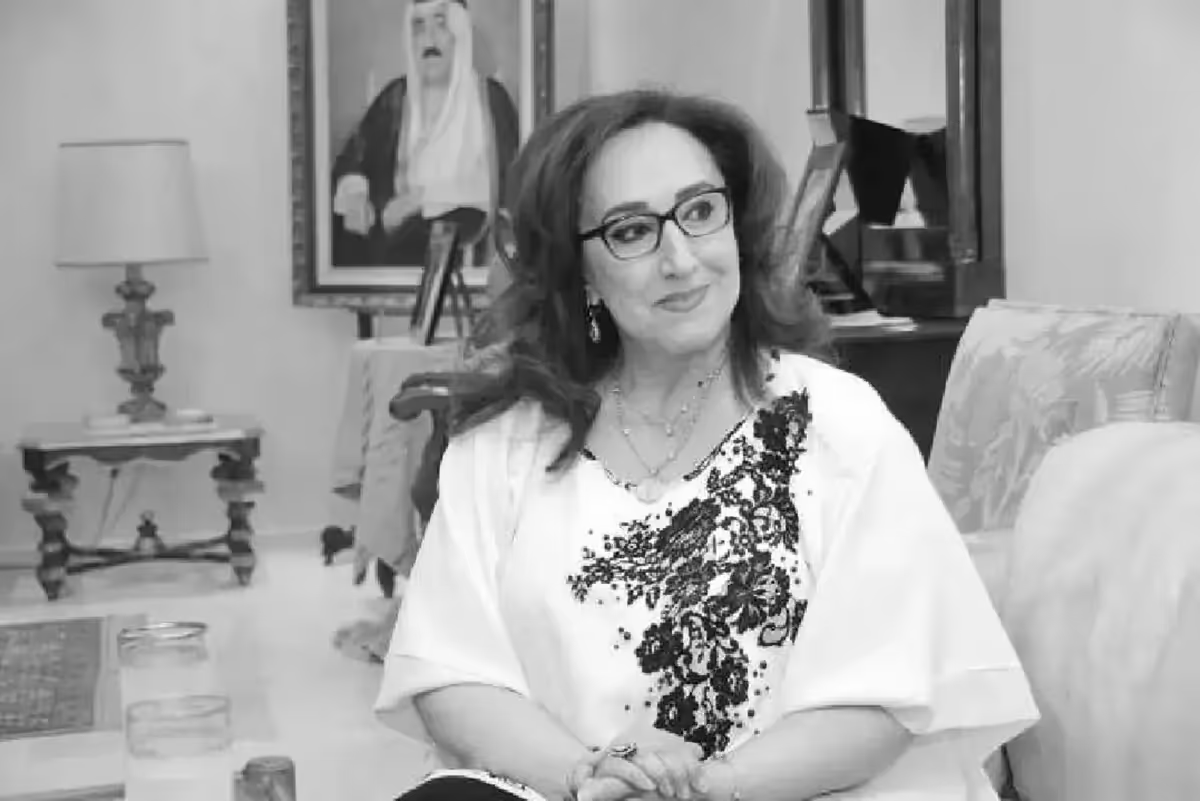
Sheikha Bibi Al-Yousef Al-Sabah

Free Jabriya
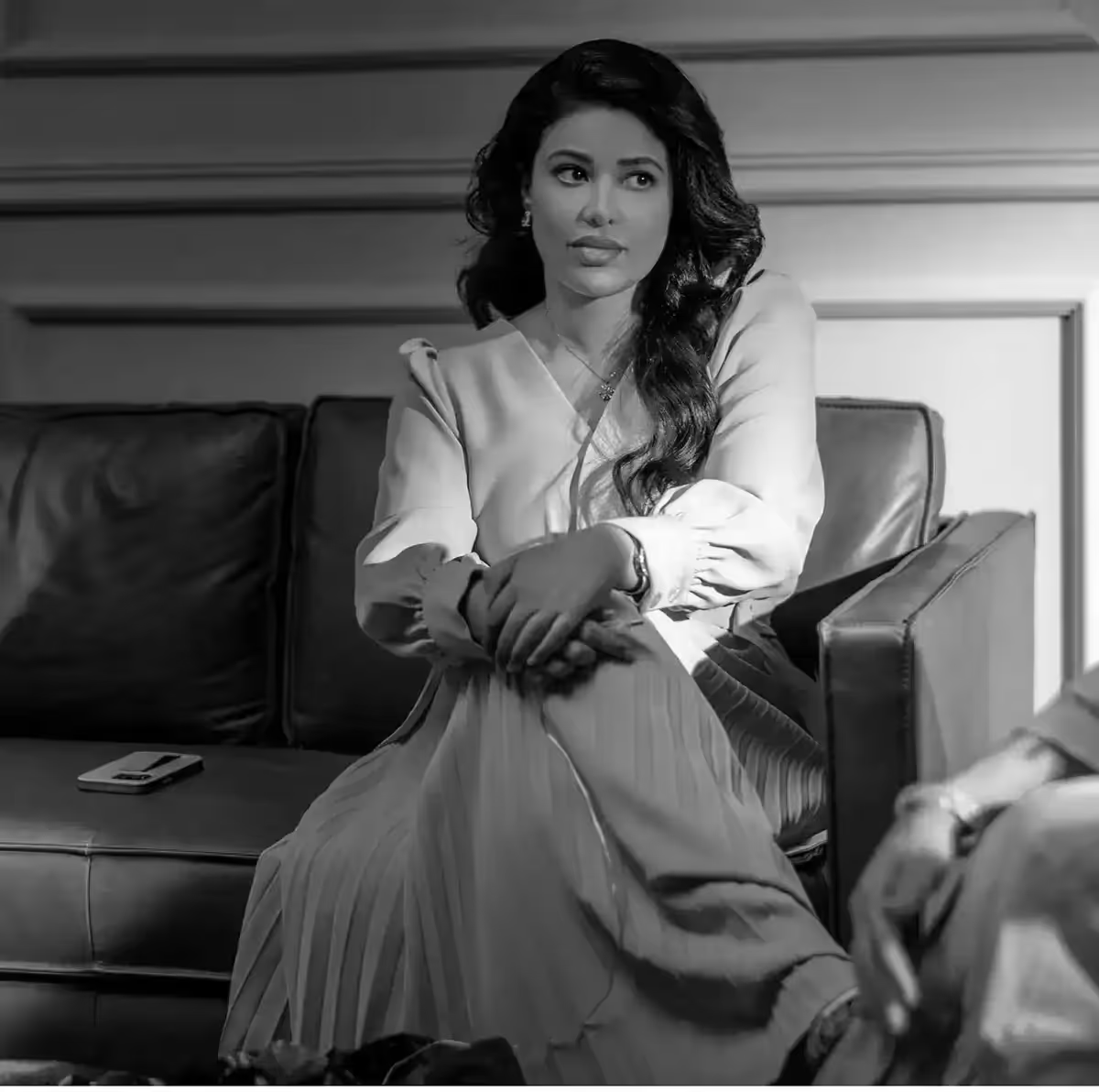
Lulowa Al-Mulla
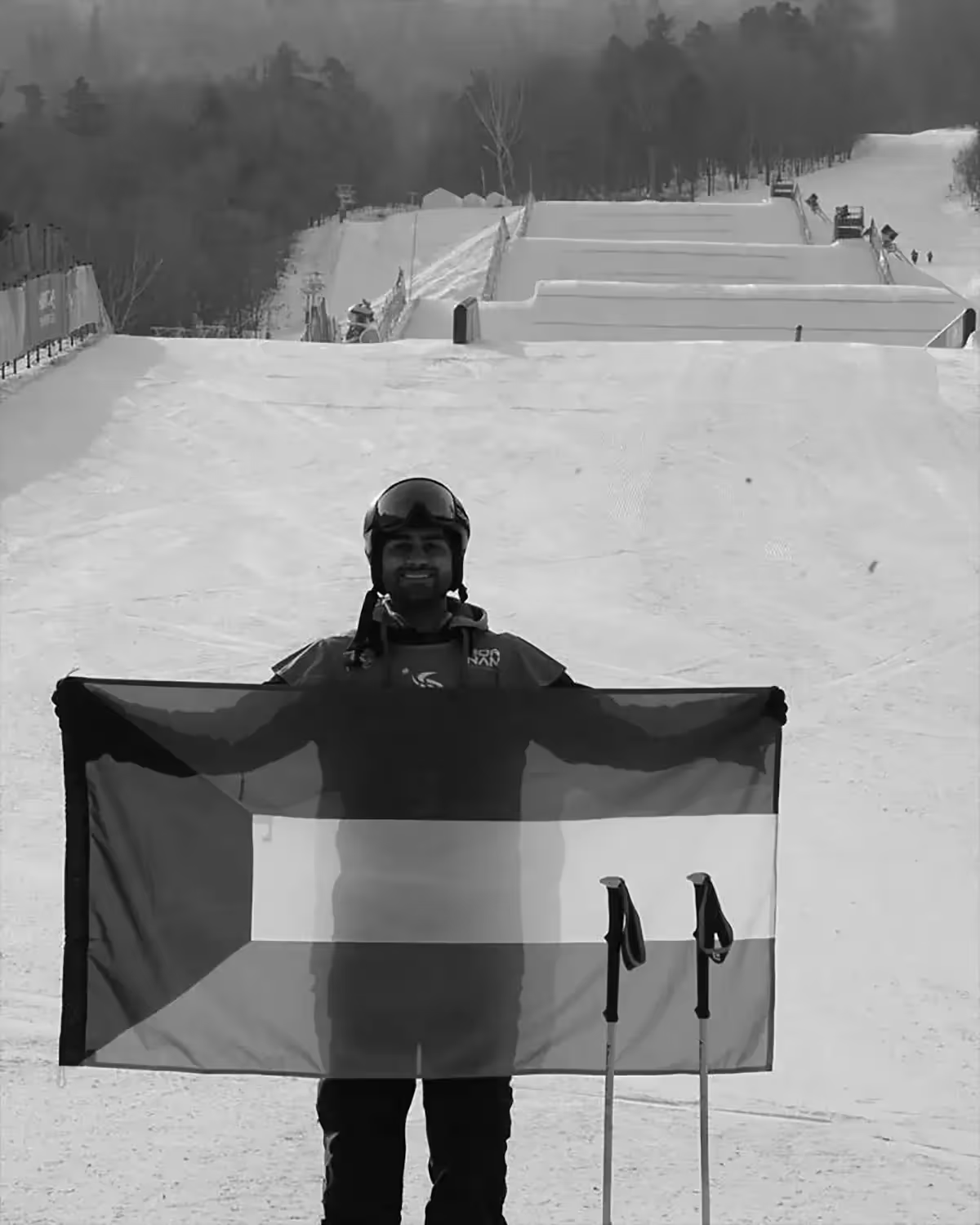
Salman Al-Kandari
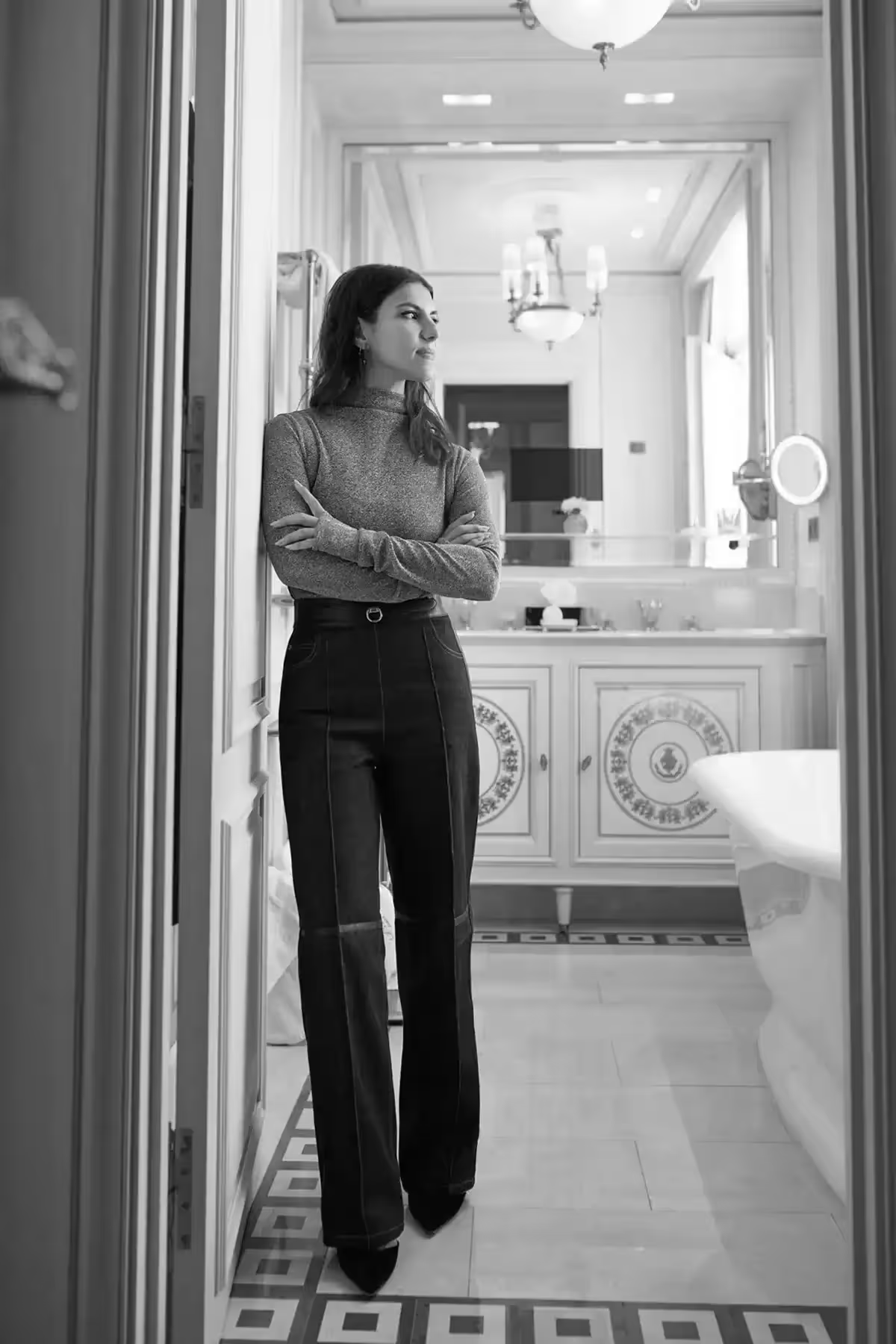
Al-Jawhara-Al-Mahdi
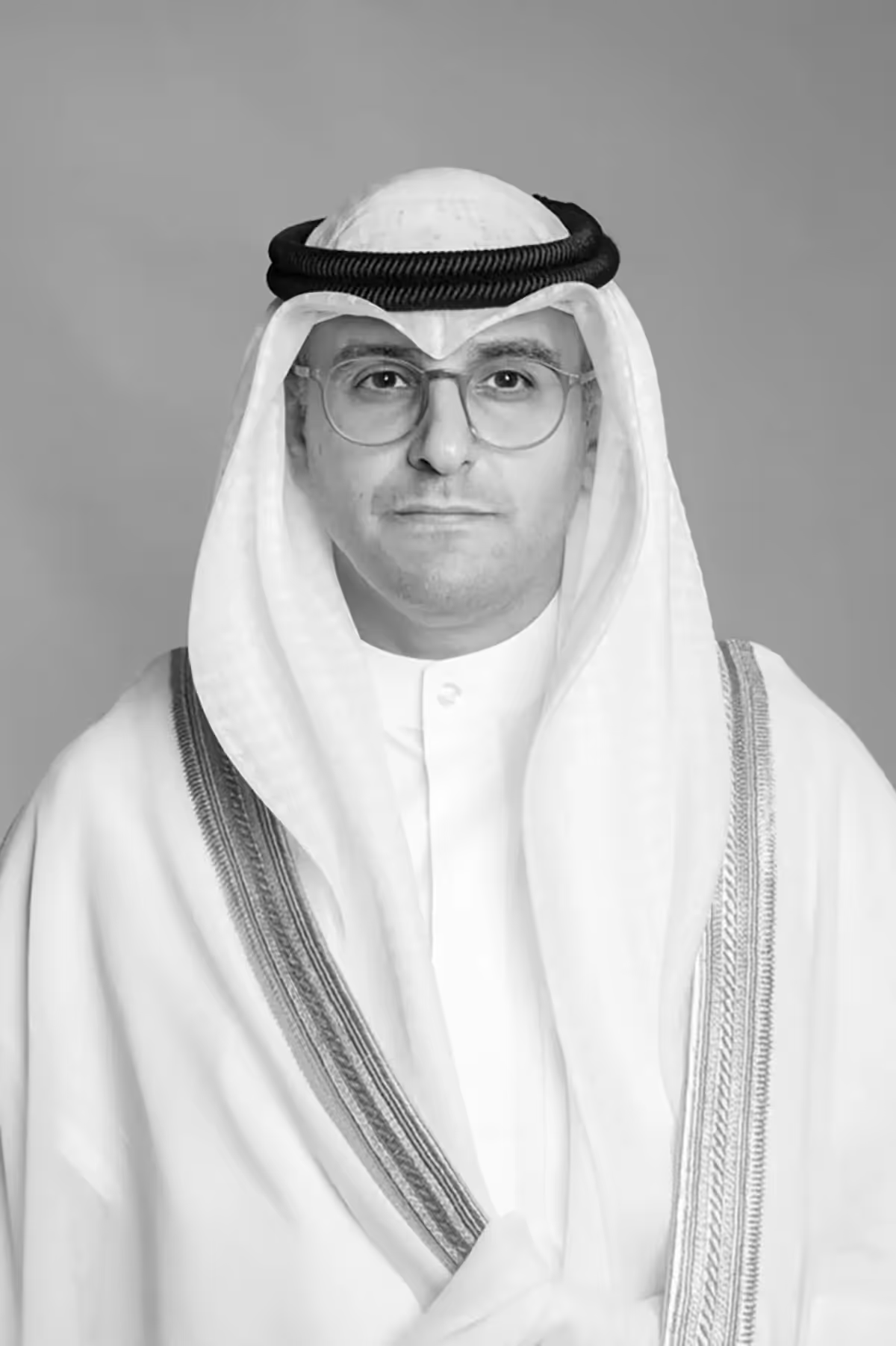
Abdullatif Al Mishari

Hussain Bumejdad
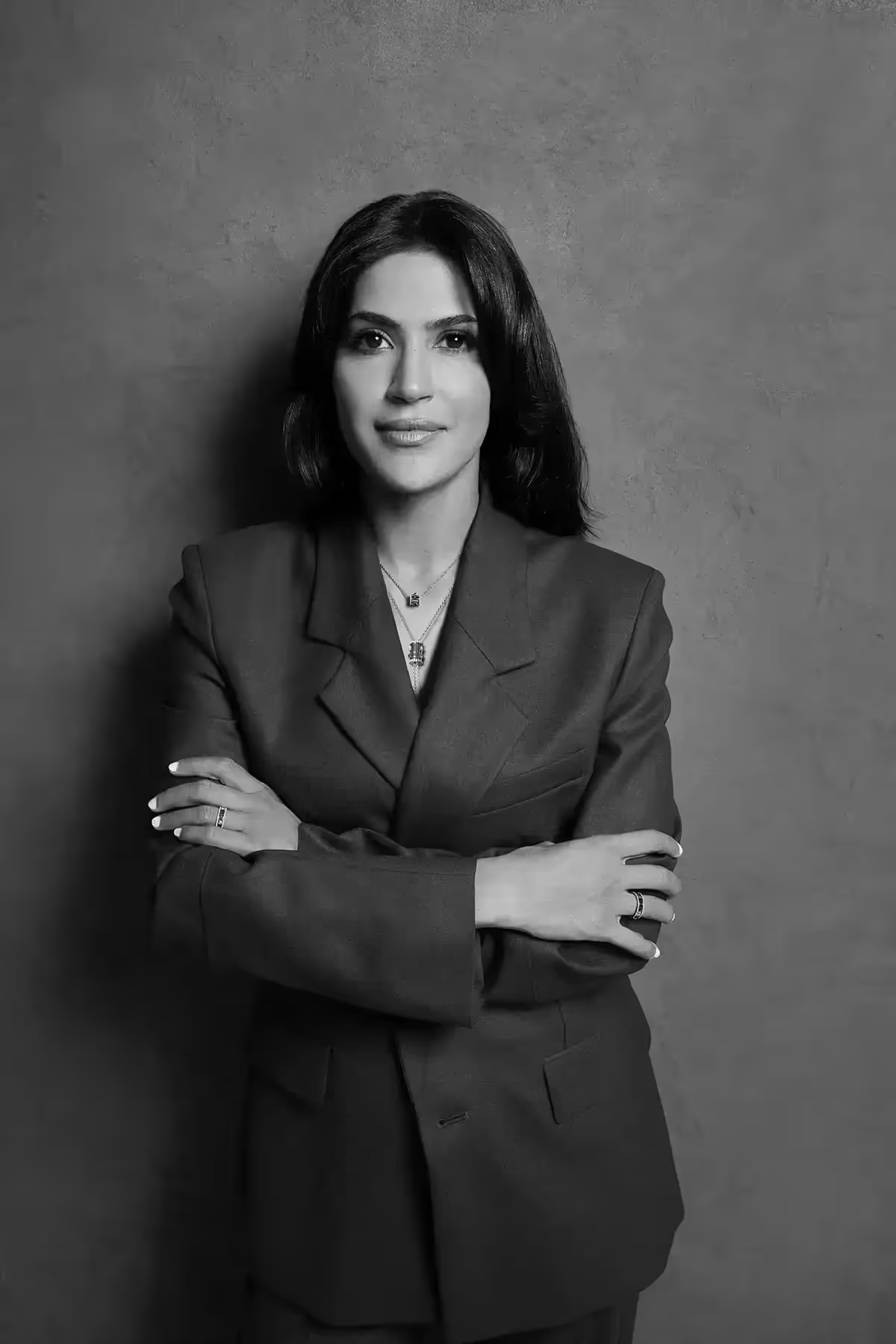
Soaad Al-Faqaan

Maryam Alrefaei

Abdulmohsen AlMarzouq
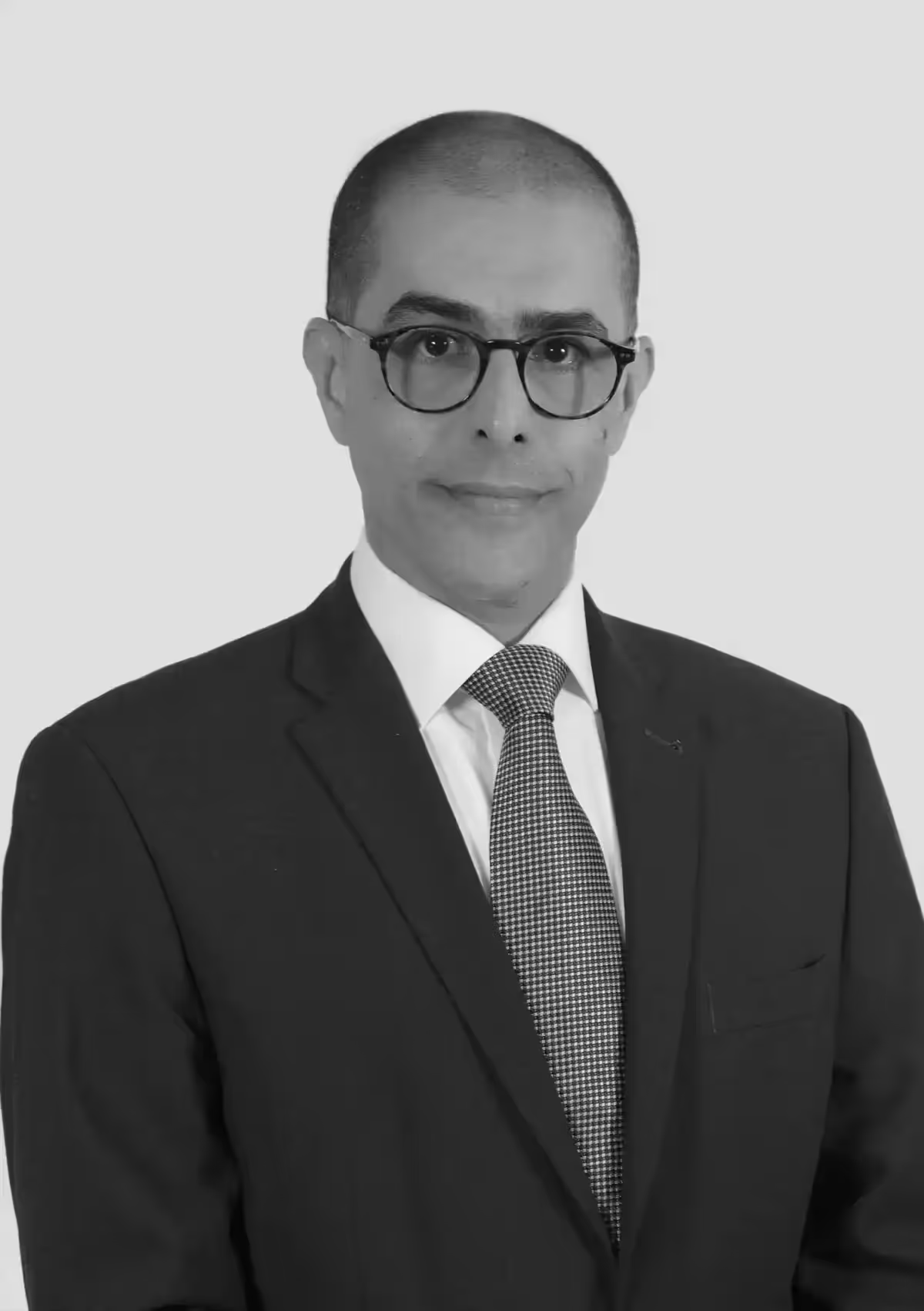
Dr. Faisal Al-Roomi
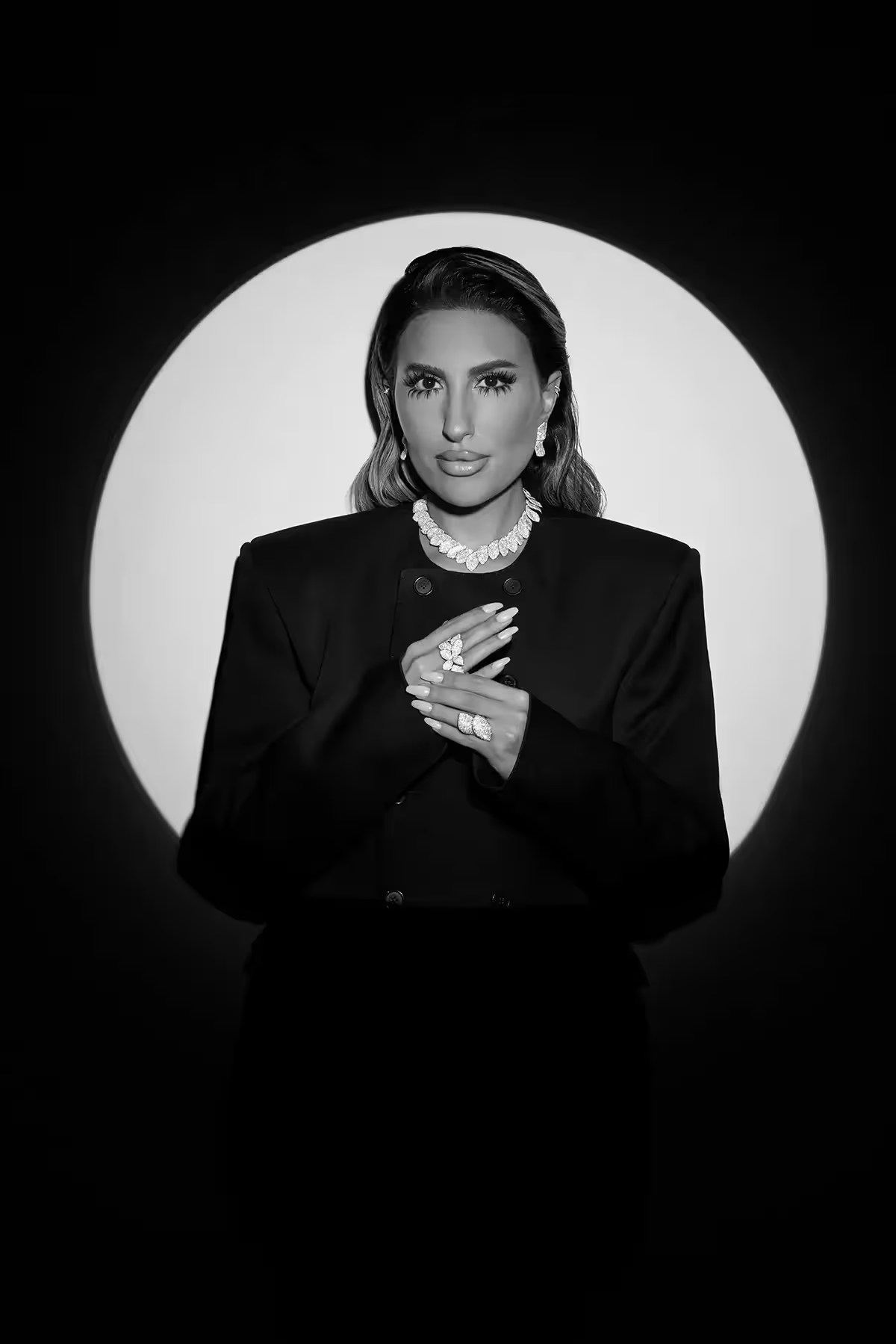
Noor Al-Nafisi
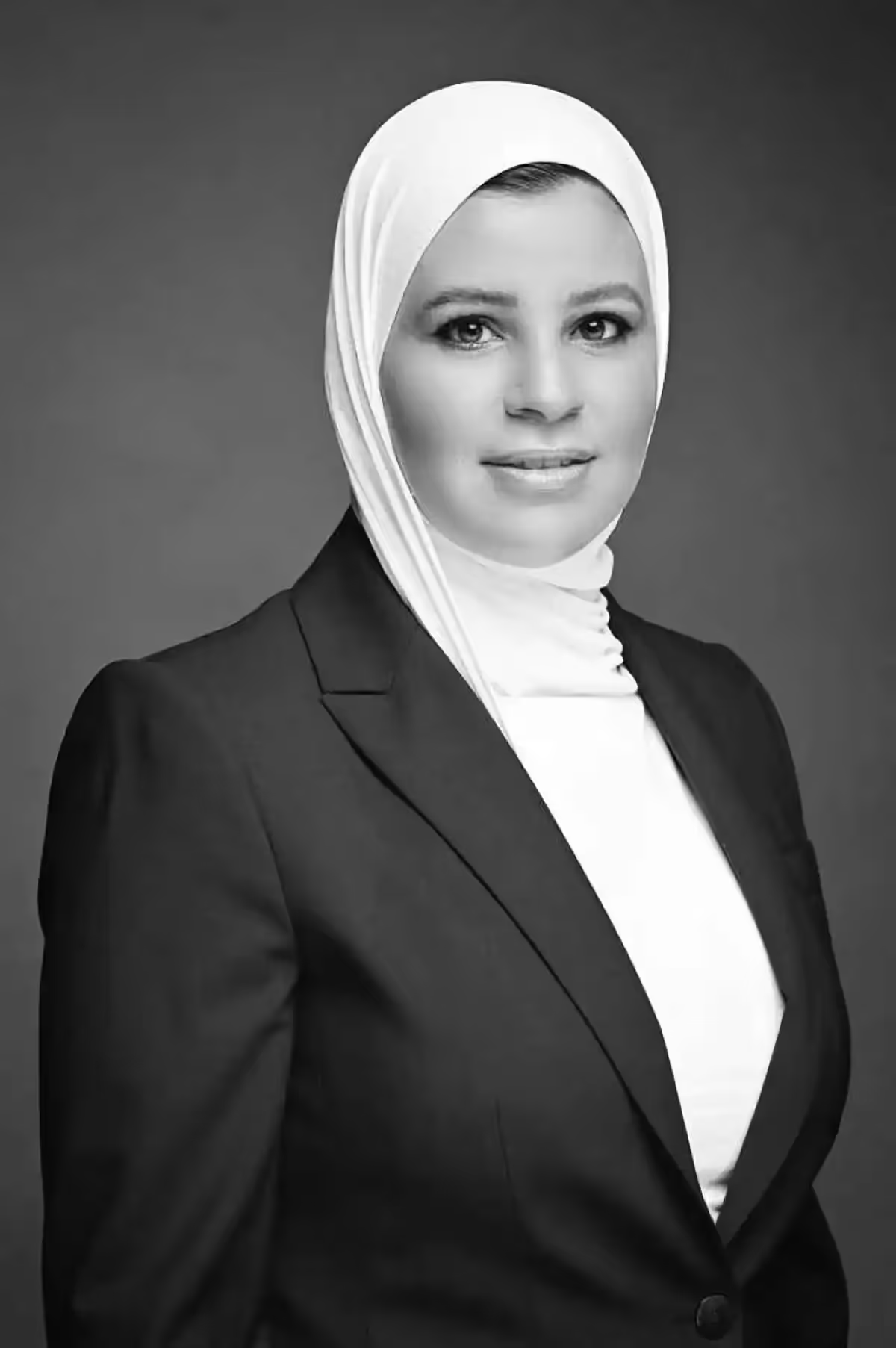
Shaymaa Al-Terkait
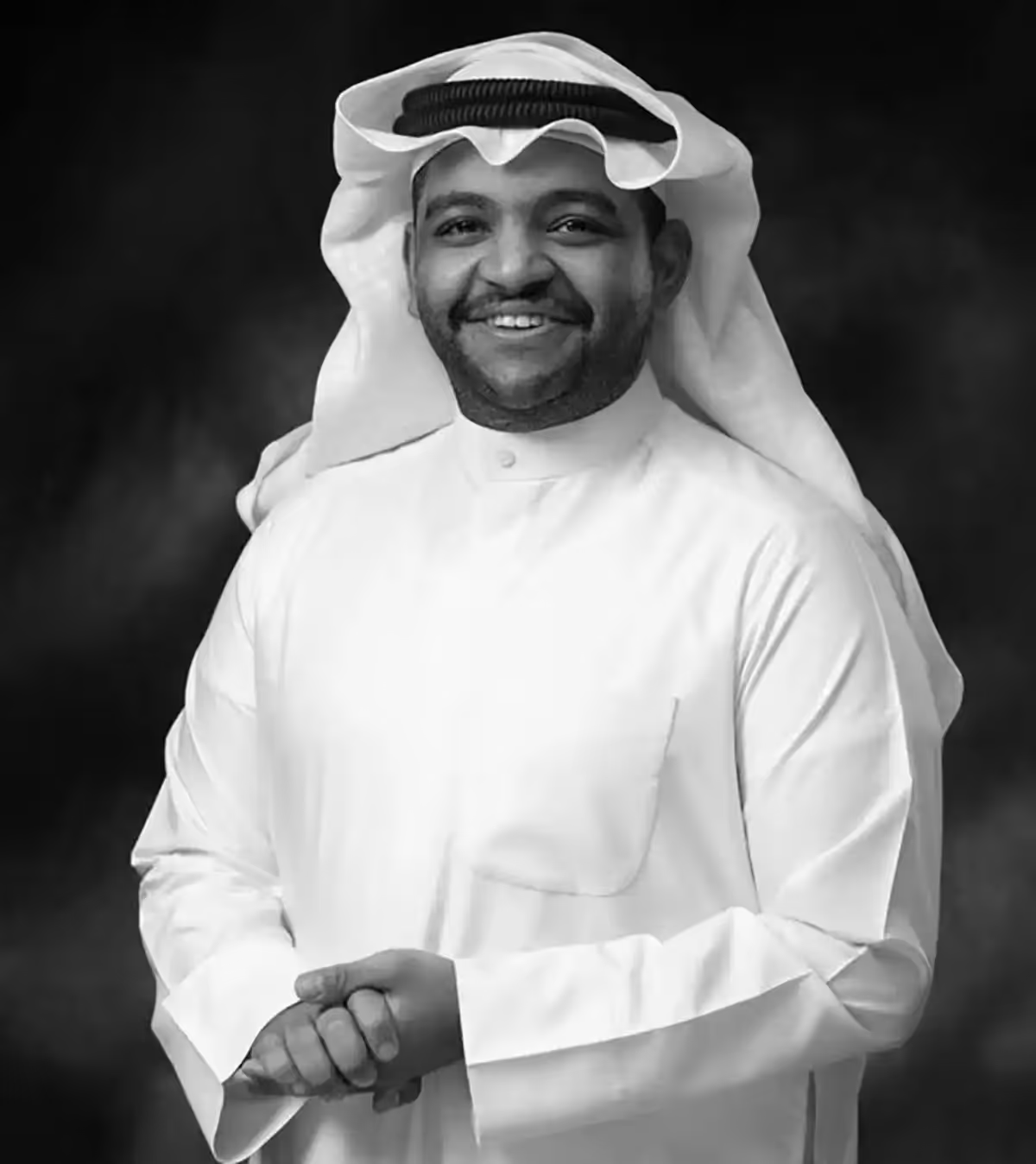
Khalid Muthafar

Dalal AlHajeri
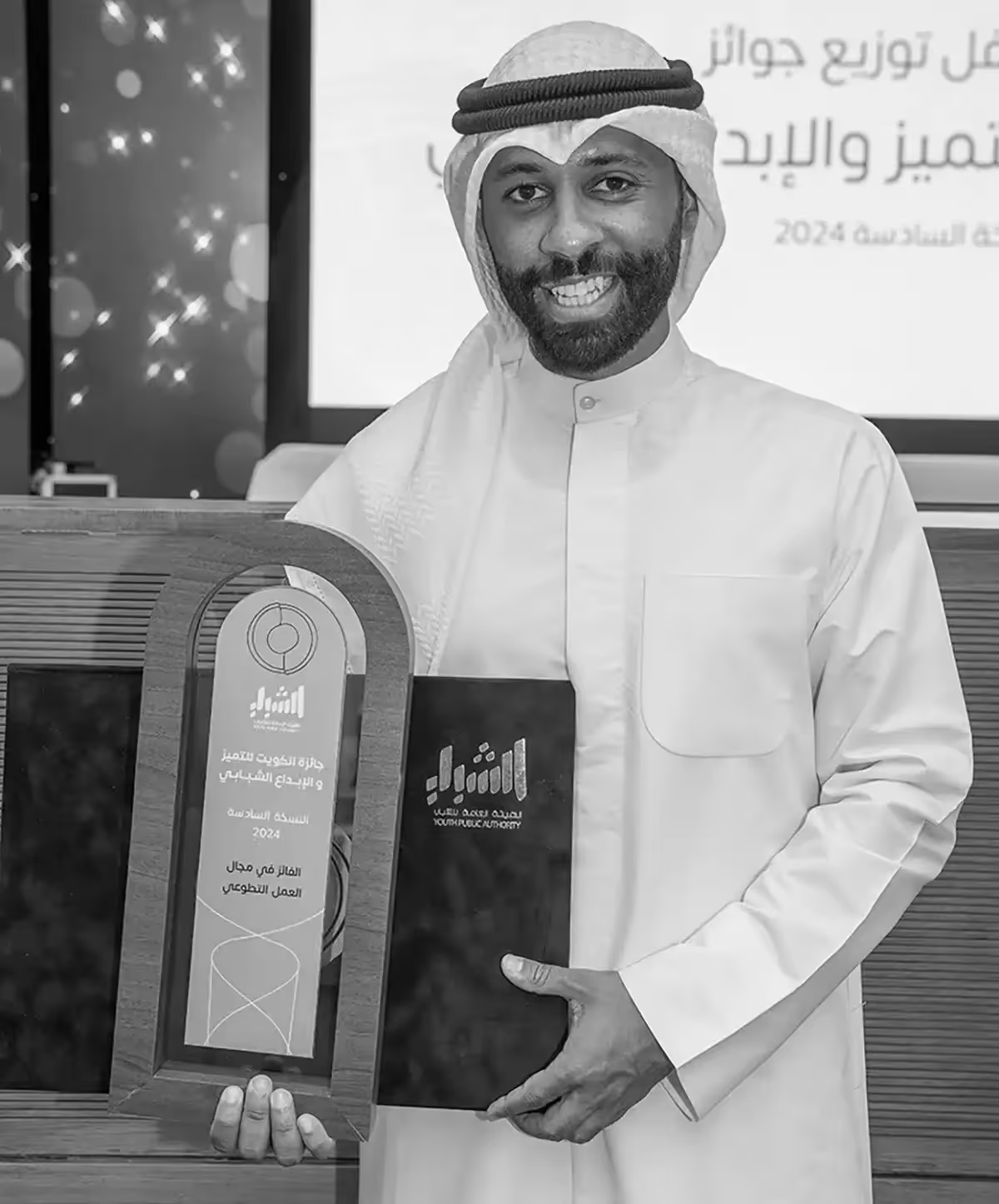
Yousef Alomran
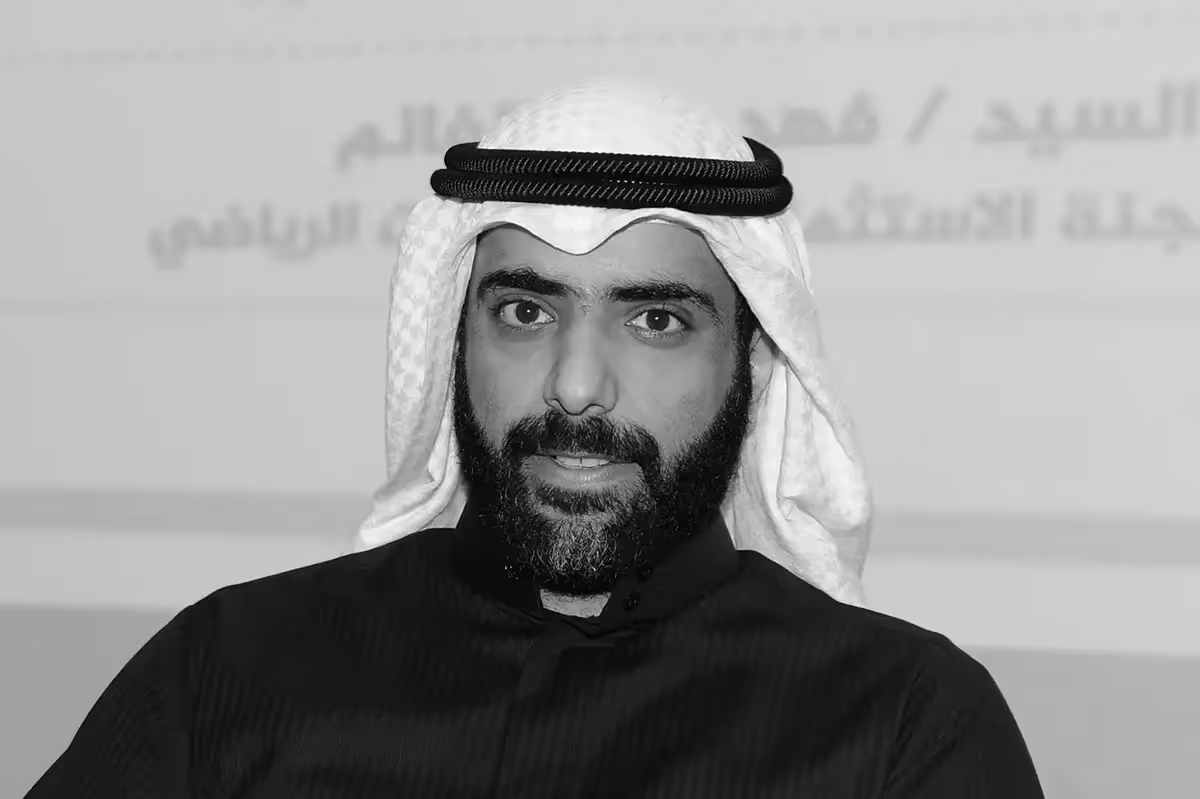
Fahad Al Ghanim
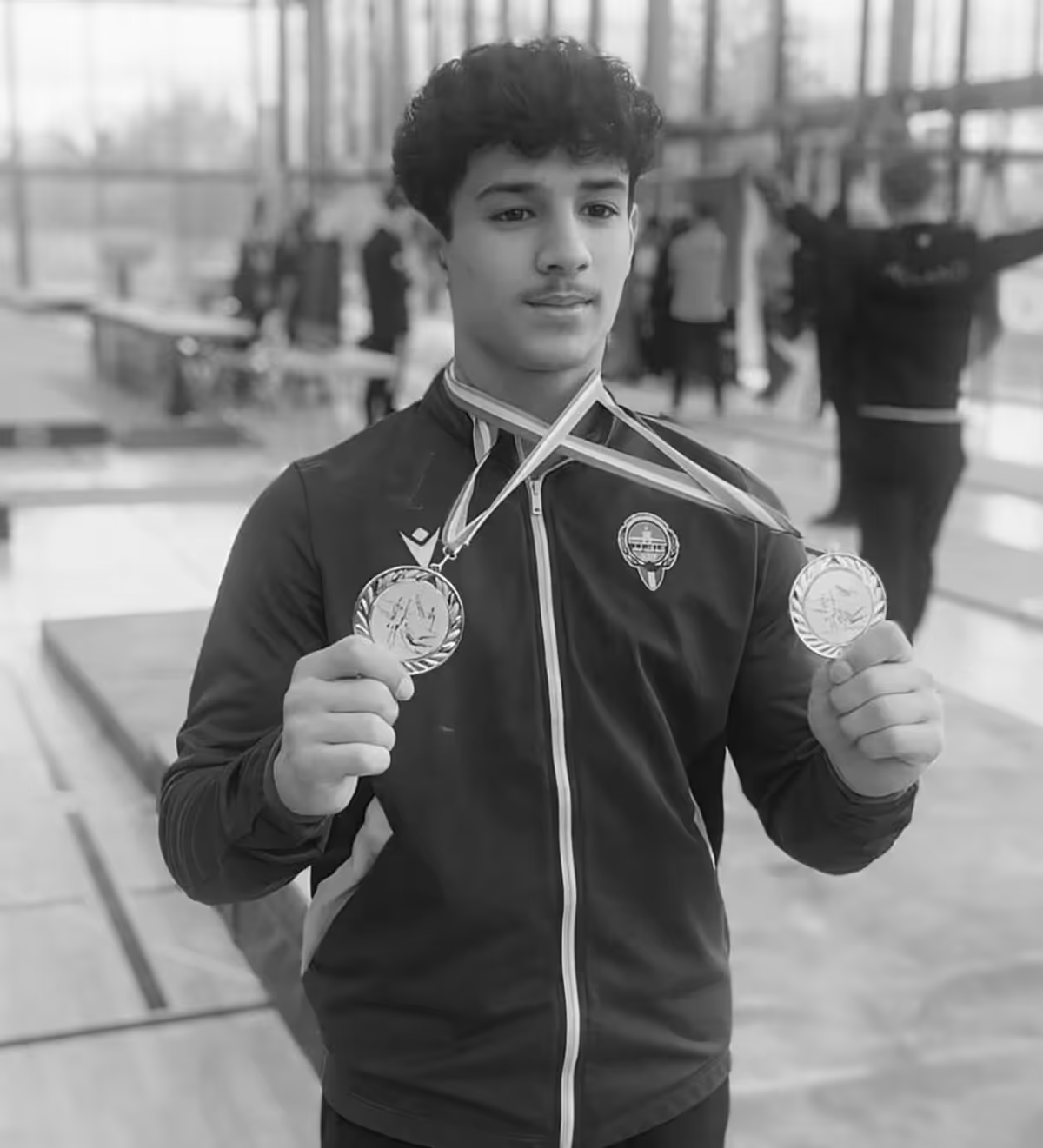
Abdullah Behbehani
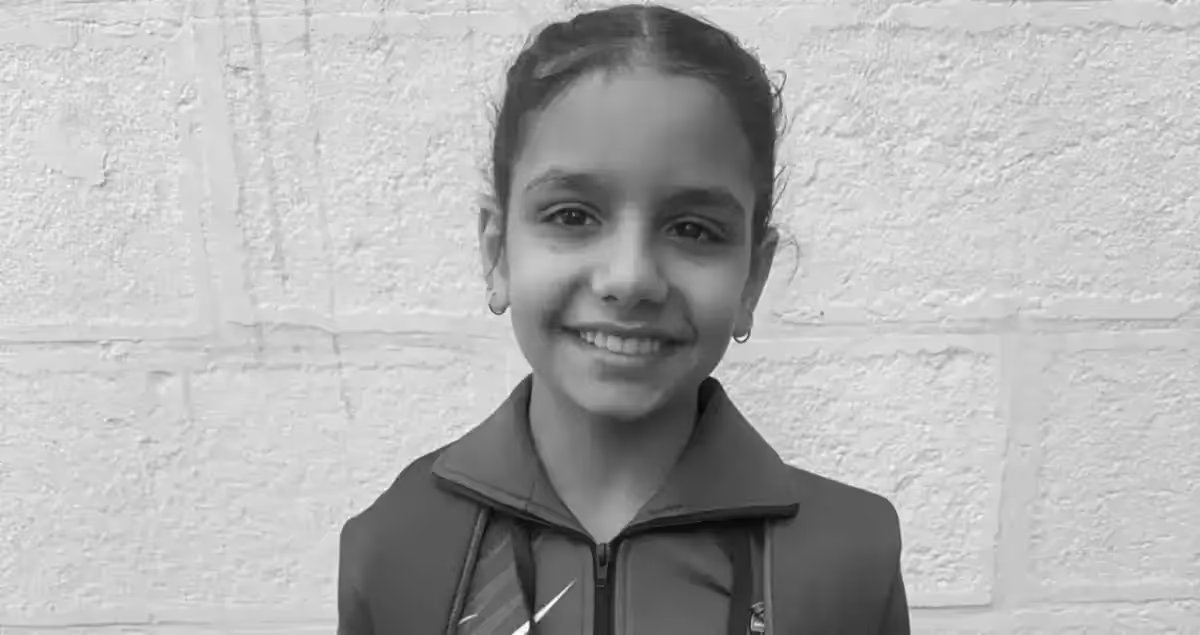
Sara Al-kattan
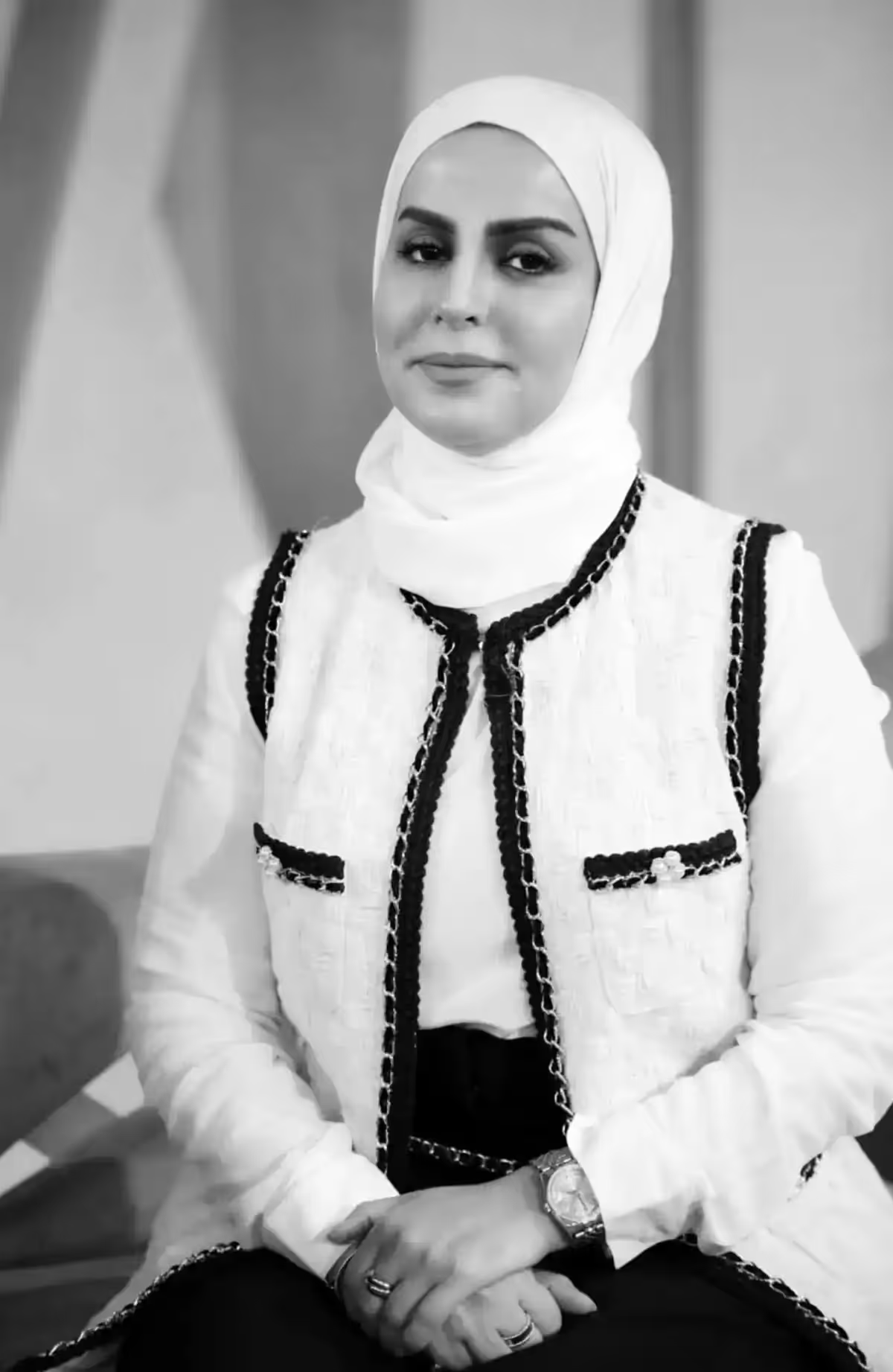
Dr. Manal Aldaihani
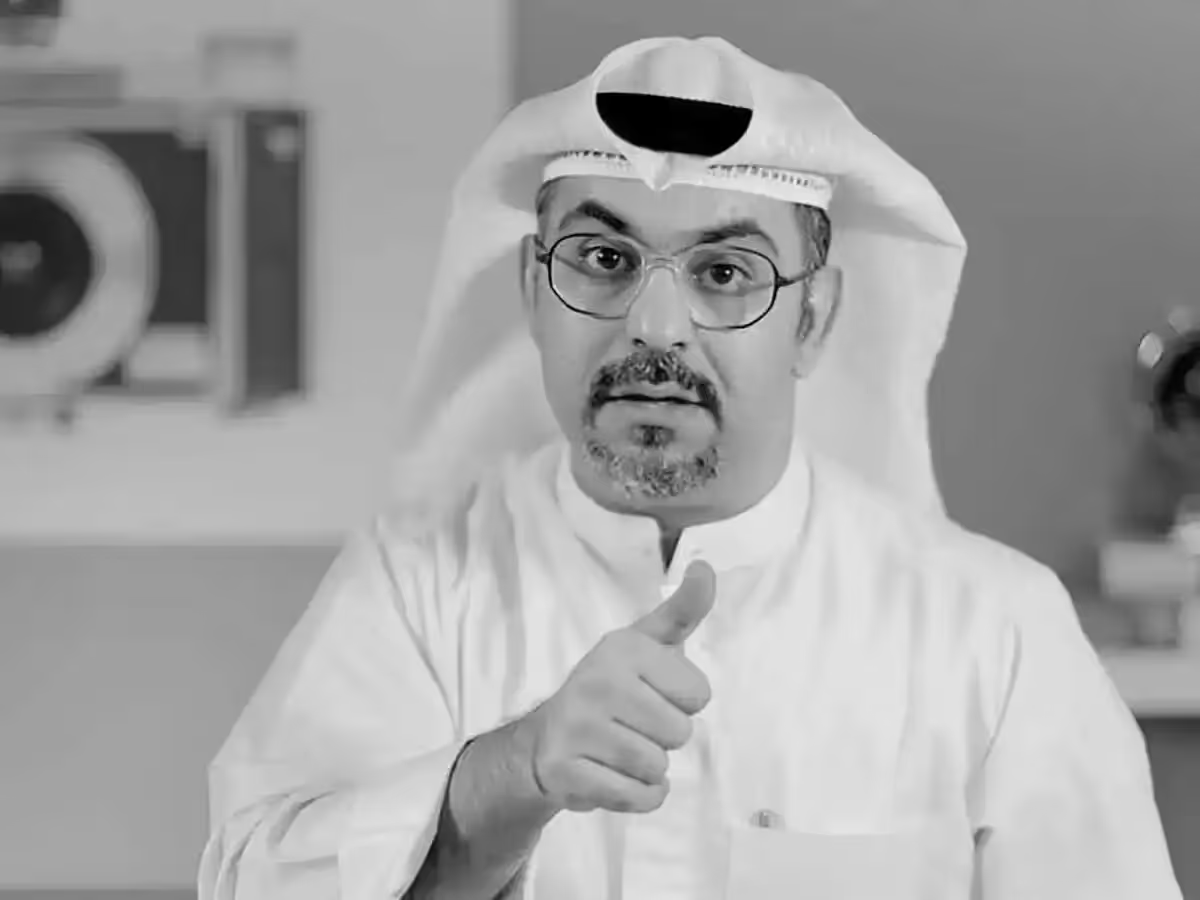
Ali Khajah

Raheel Al Roudhan

Bader Al-Kulaib

Sheikh Fahad Nasser Sabah Al Ahmad Al Sabah

Dr. Noura Almashan

Dr. Munira Al-Arouj

Nour Abdul

Eisa Alhabib

Deema Al-Ghunaim

Lama AlOraiman

Alymamah Rashed

Nadia Bader Al-Hajji

Henadi Al-Saleh

Jafar Islah

Abdullah Ghazi Al-Mudhaf

Abeer Al Awadhi

Shahad Alsabeeh

Abdulrahman Bedah Al-Mutairi

Faisal Alagel

Bader Nasser Al-Kharafi

Shaikha Al Majed

Farah Almutawa

Donna Sultan

Dana Al-Mutawa and Sheikha Sharifa Al Sabah and Alzainah Albabtain

Laila Almutairi

Adel Alwasis

Hashim and Amna Naseeb

Dr. Abdullah Al Sumait

Shaikha Al-Hajeri

Shaima Hassan

Sheikha Bibi Al-Yousef Al-Sabah

Free Jabriya

Lulowa Al-Mulla

Salman Al-Kandari

Al-Jawhara-Al-Mahdi

Abdullatif Al Mishari

Hussain Bumejdad

Soaad Al-Faqaan

Maryam Alrefaei

Abdulmohsen AlMarzouq

Dr. Faisal Al-Roomi

Noor Al-Nafisi

Shaymaa Al-Terkait

Khalid Muthafar

Dalal AlHajeri

Yousef Alomran

Fahad Al Ghanim

Abdullah Behbehani

Sara Al-kattan

Dr. Manal Aldaihani

Ali Khajah

Raheel Al Roudhan












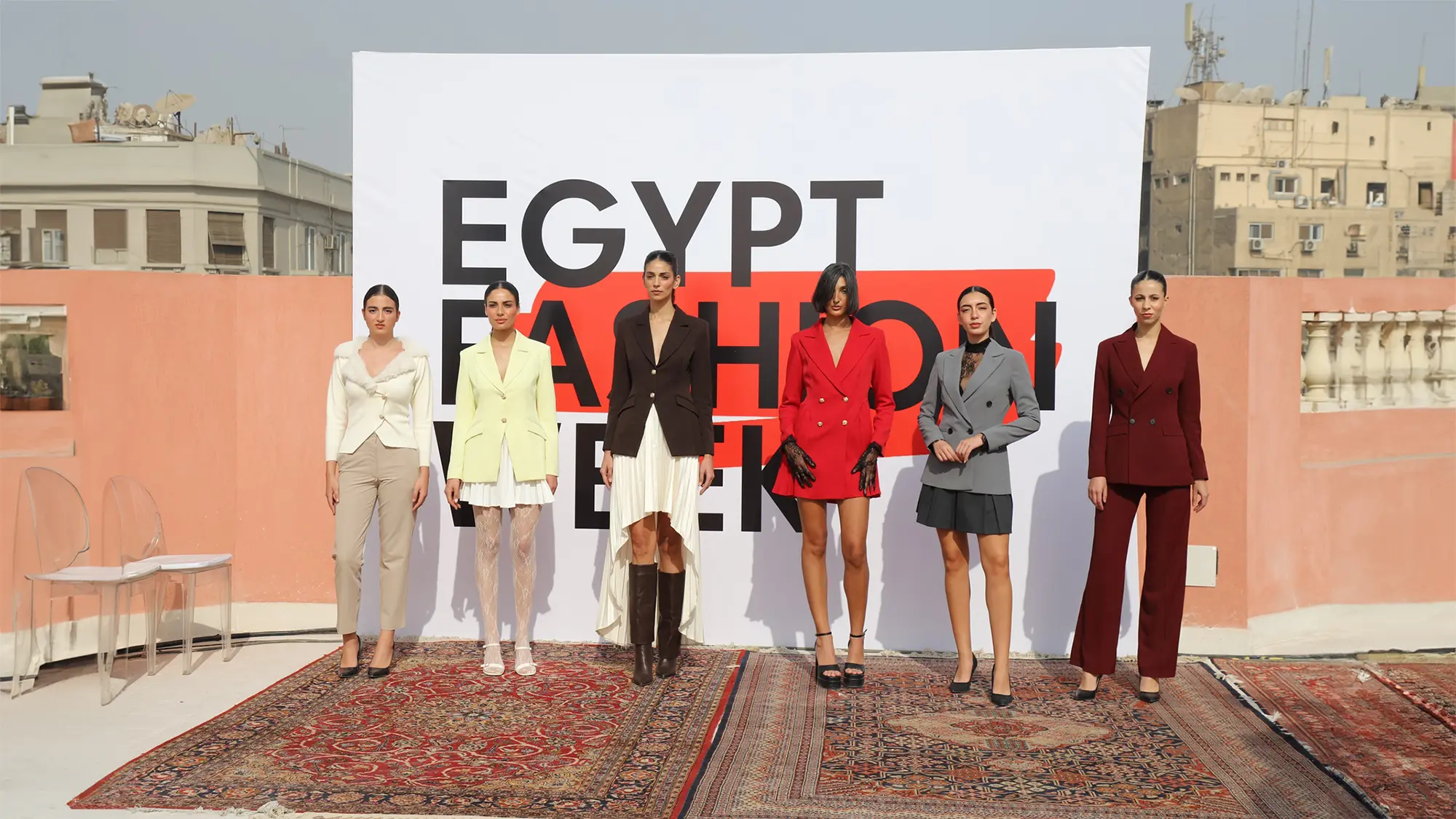
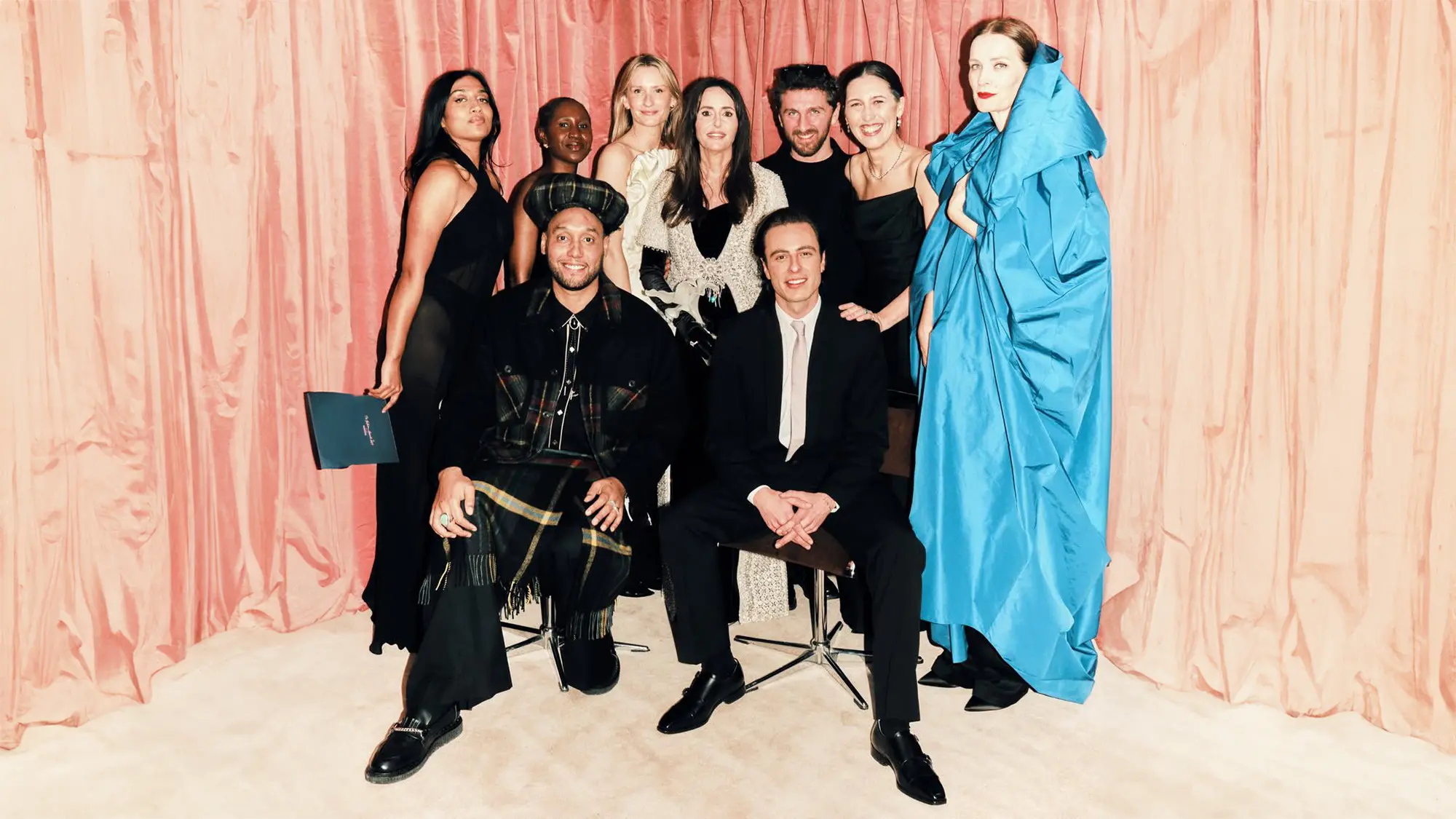


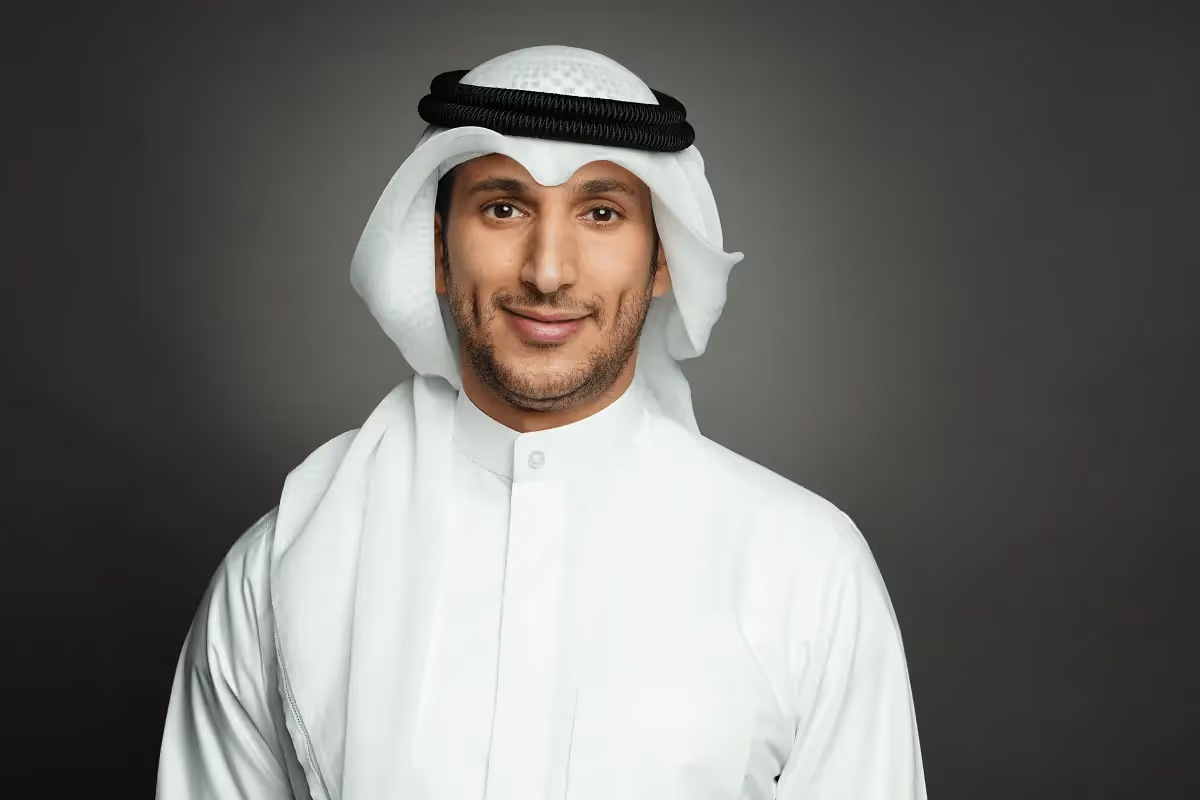
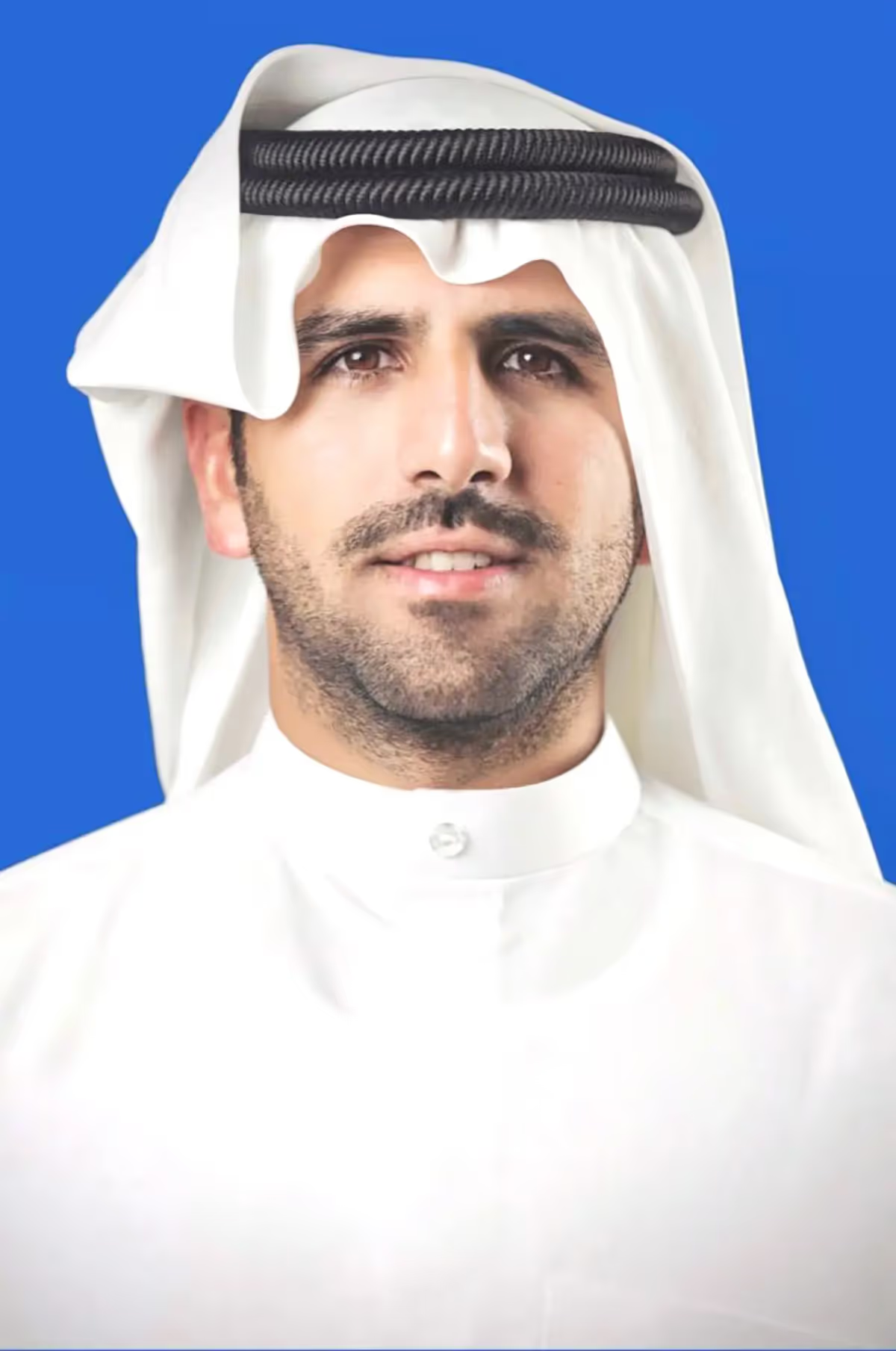

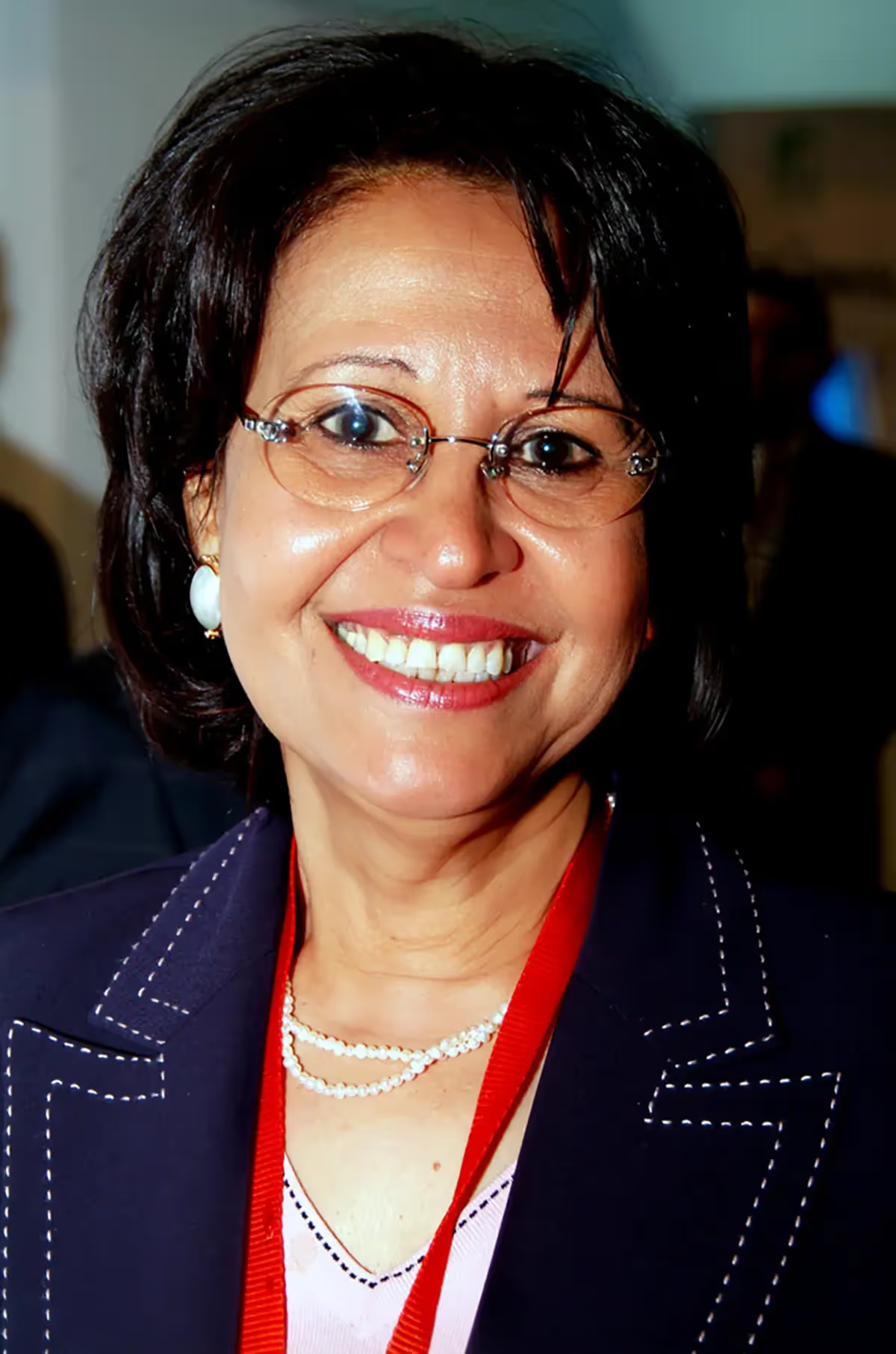

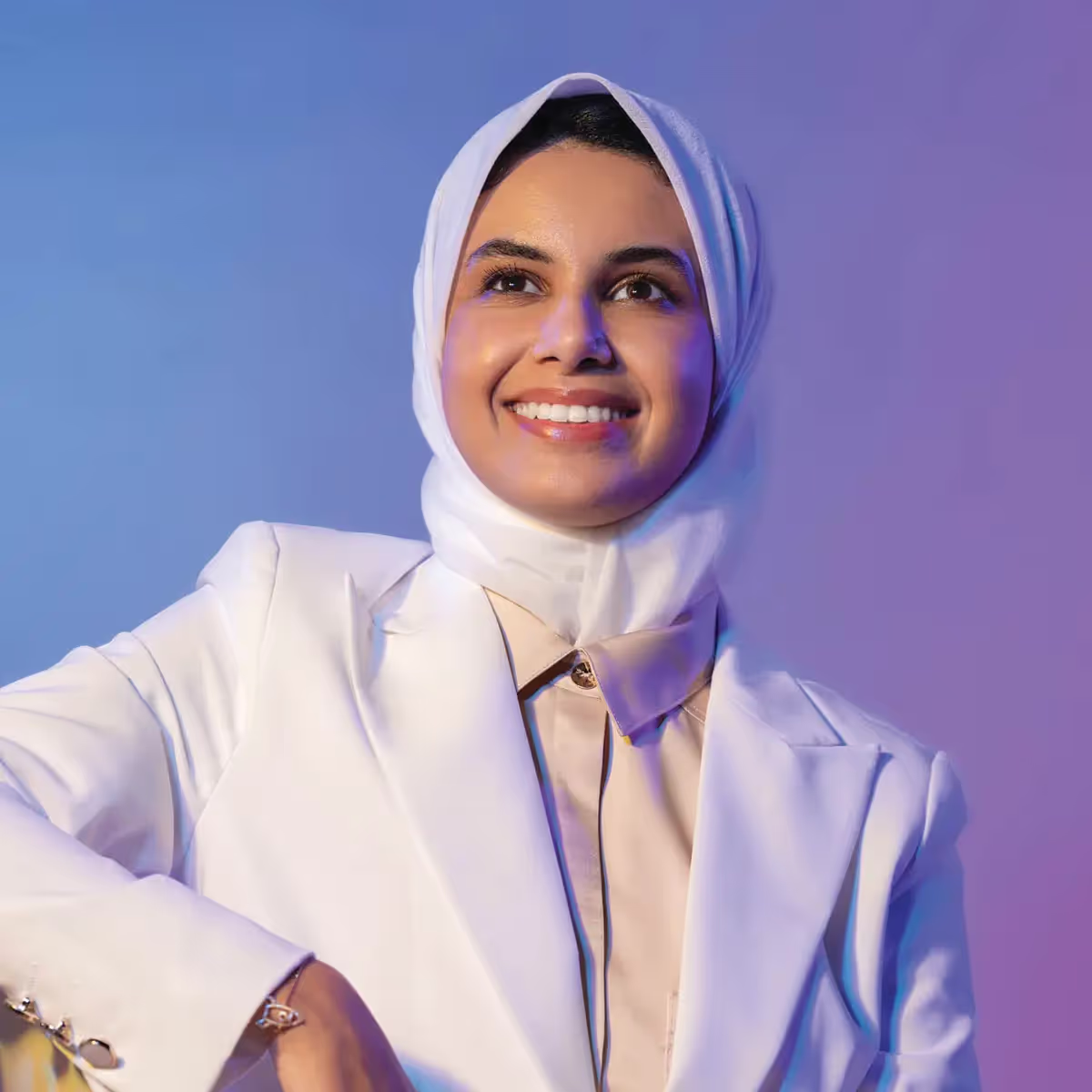
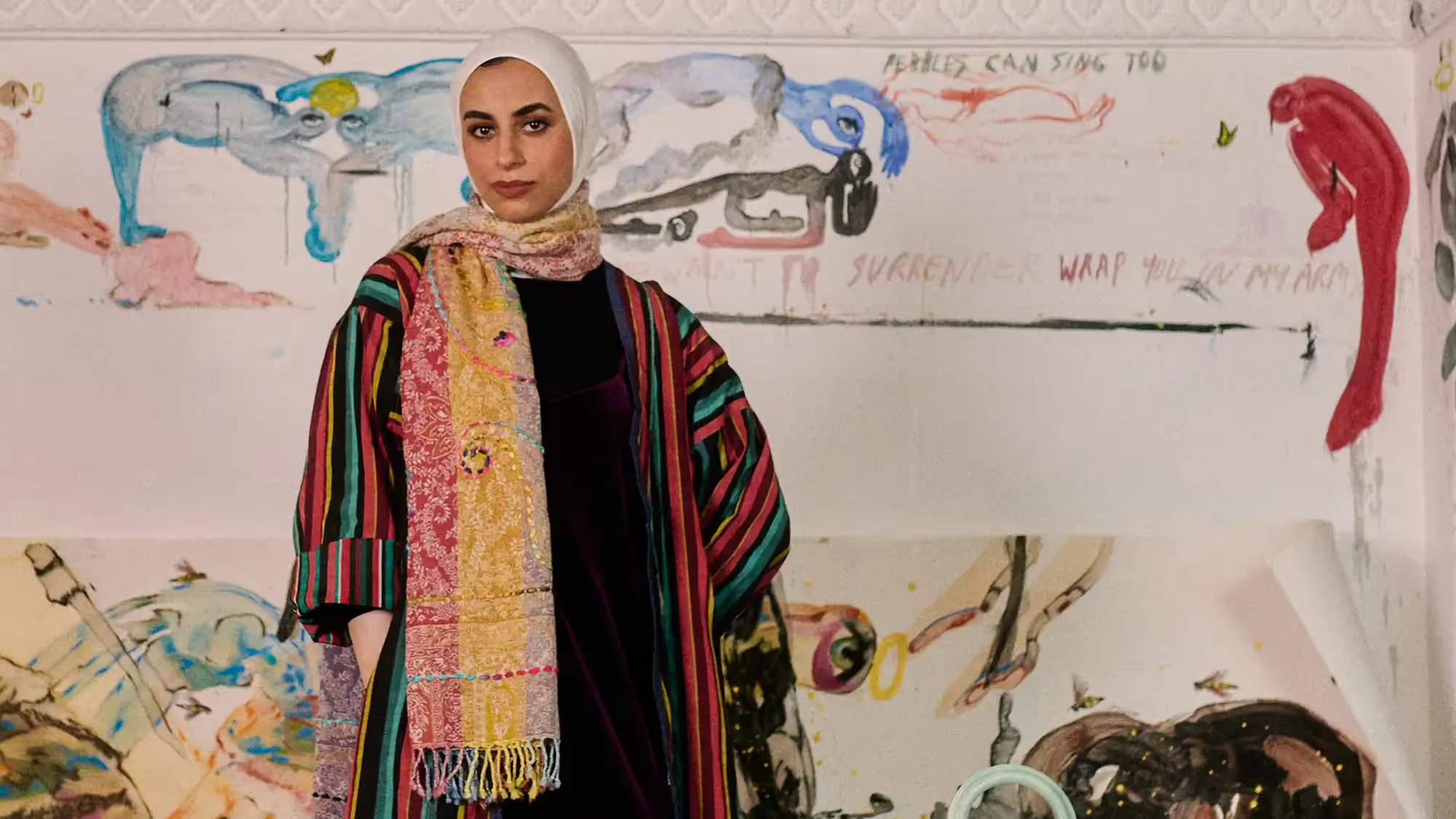
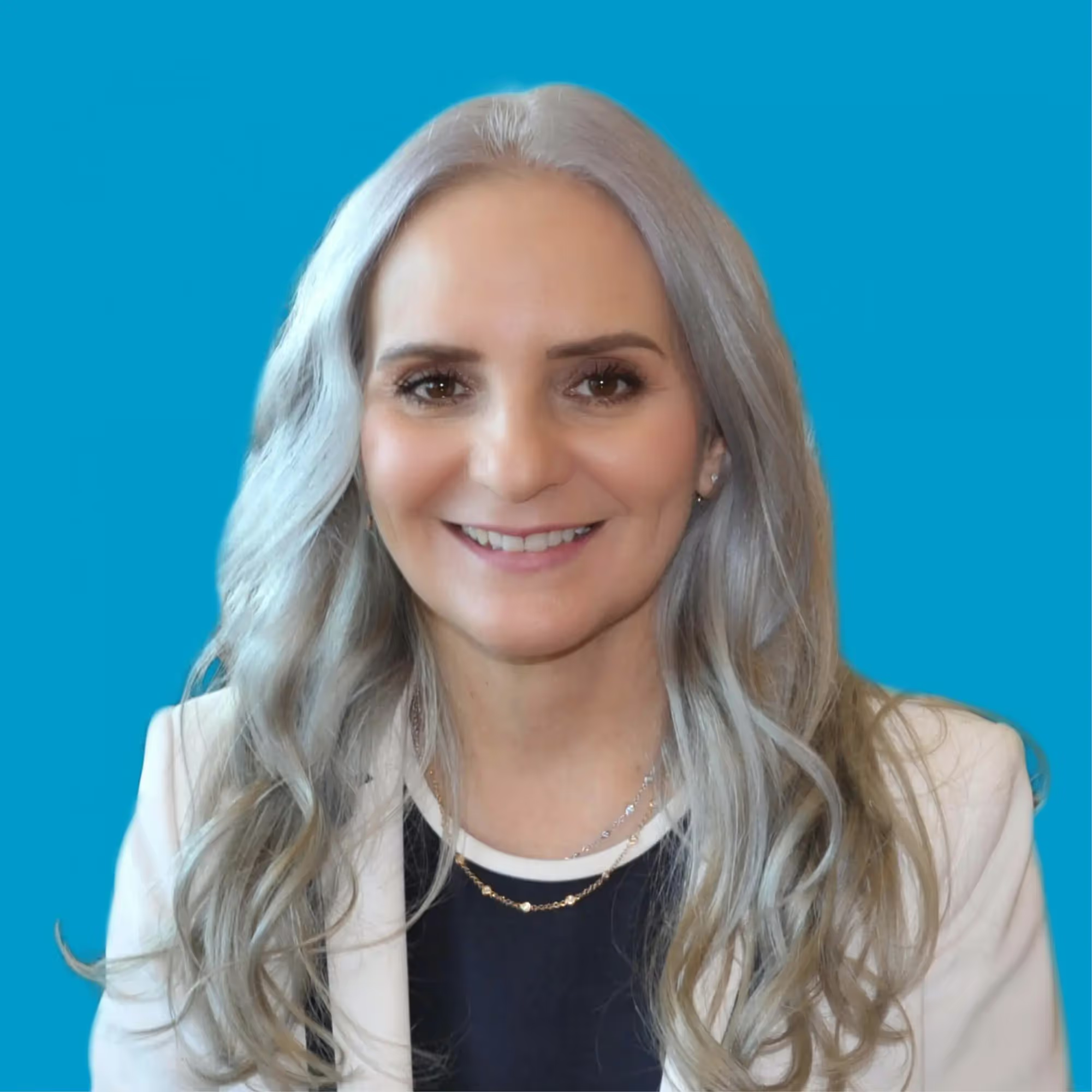
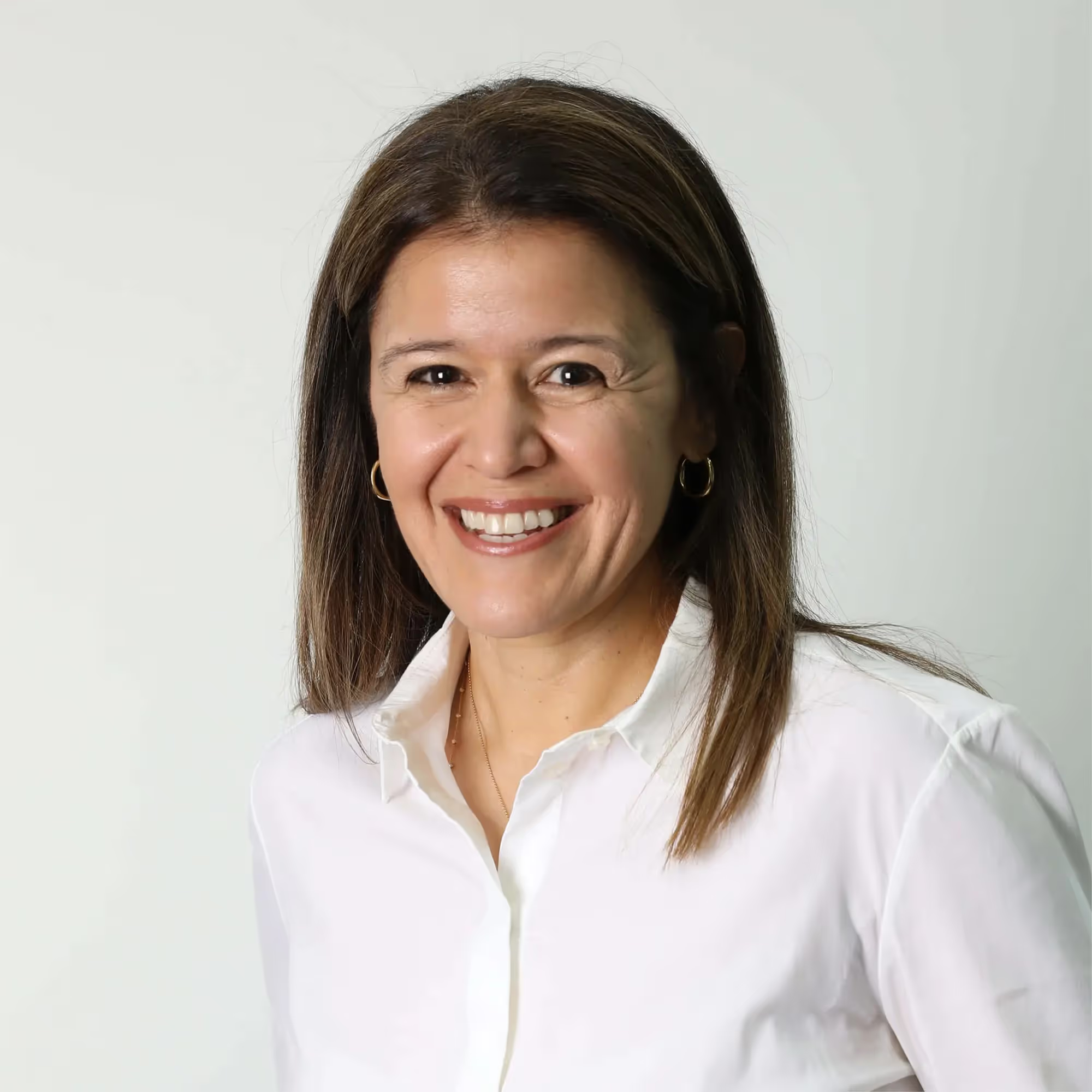
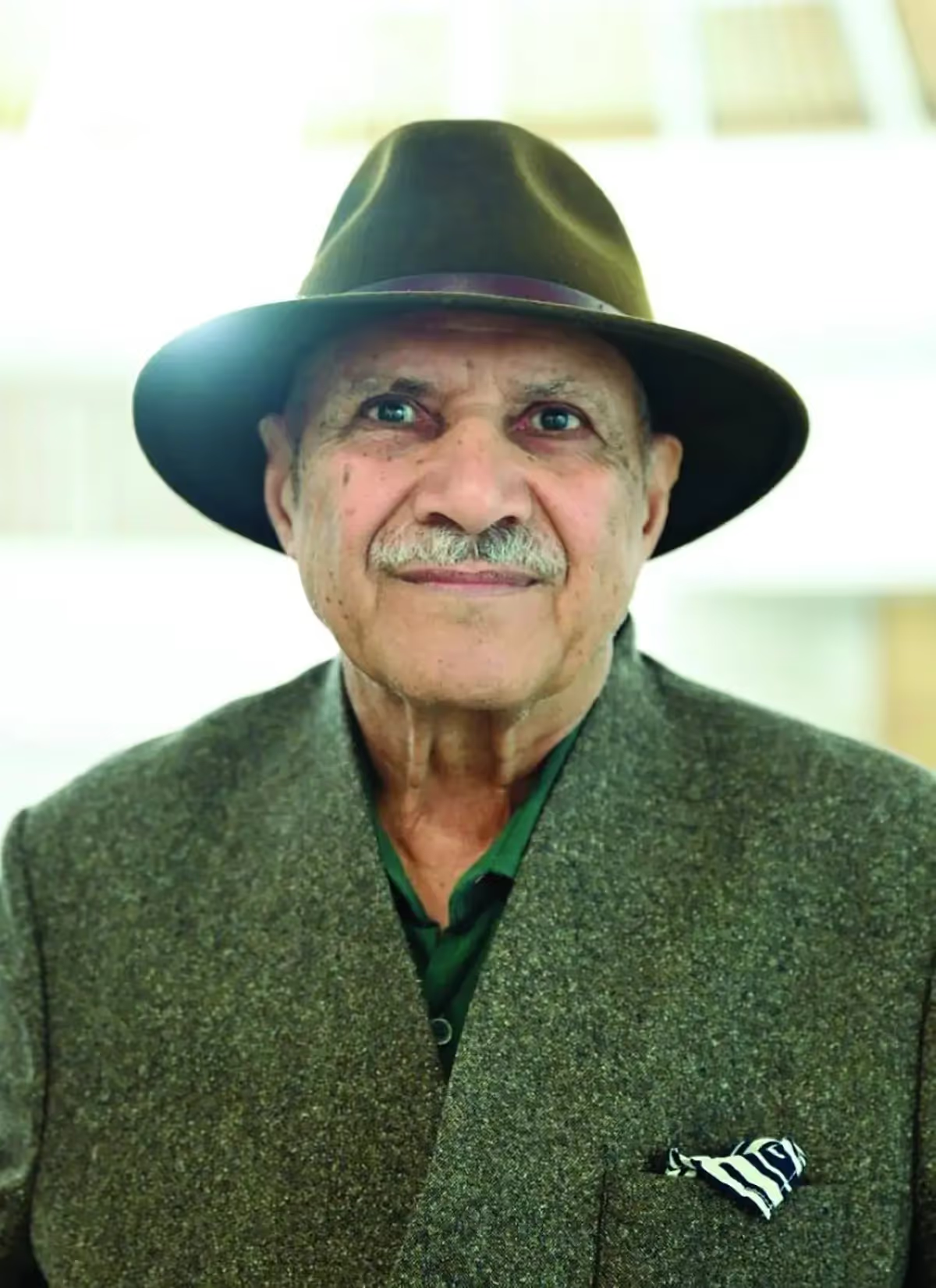
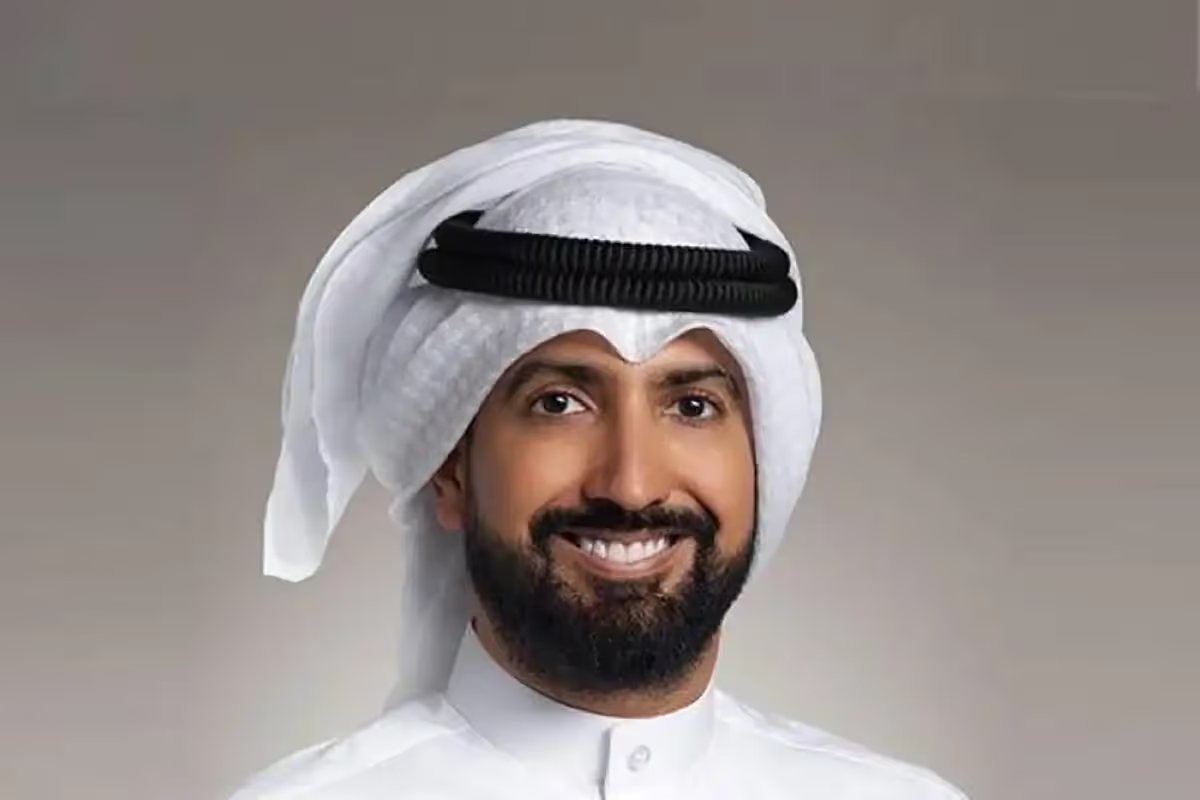
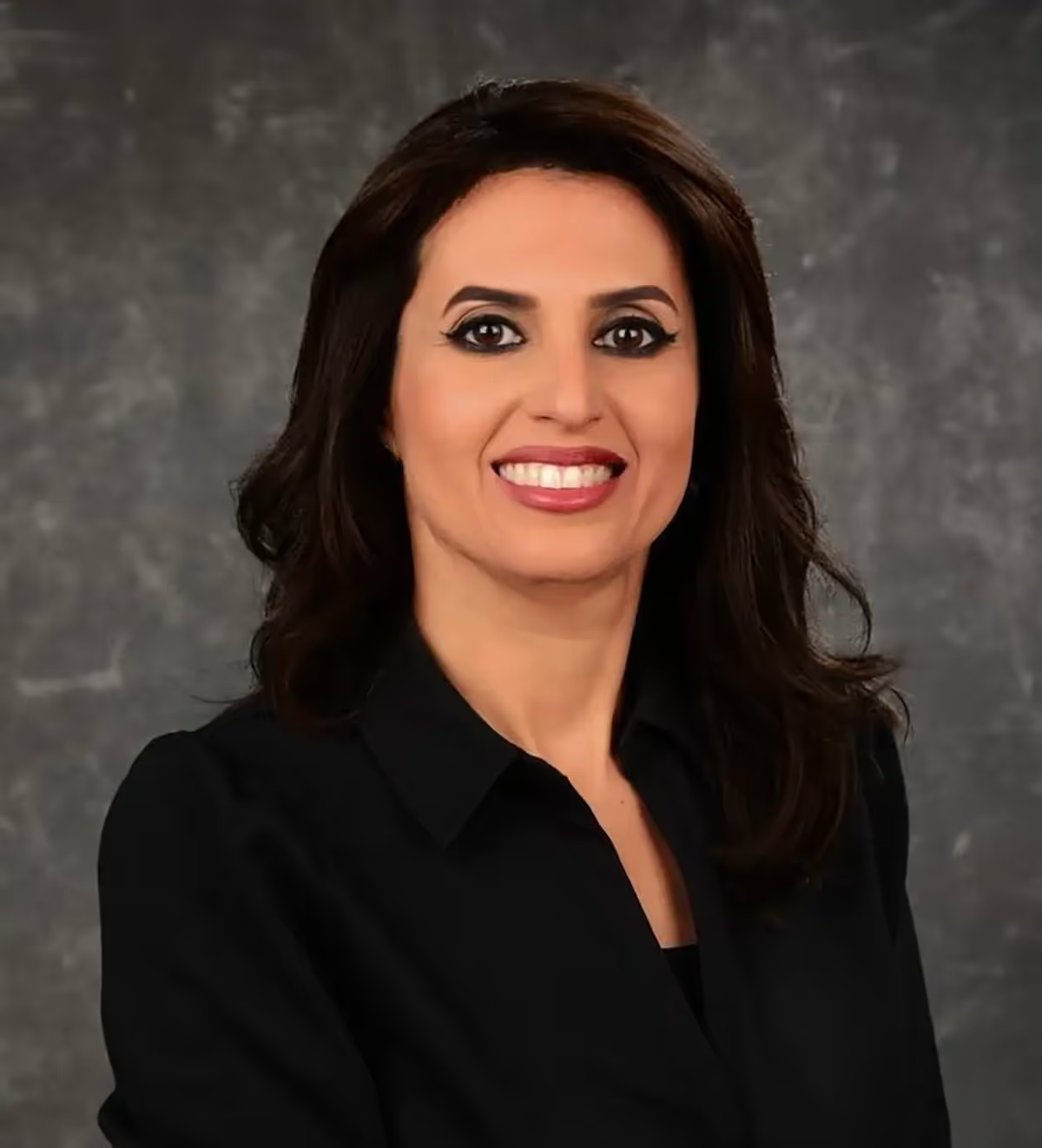

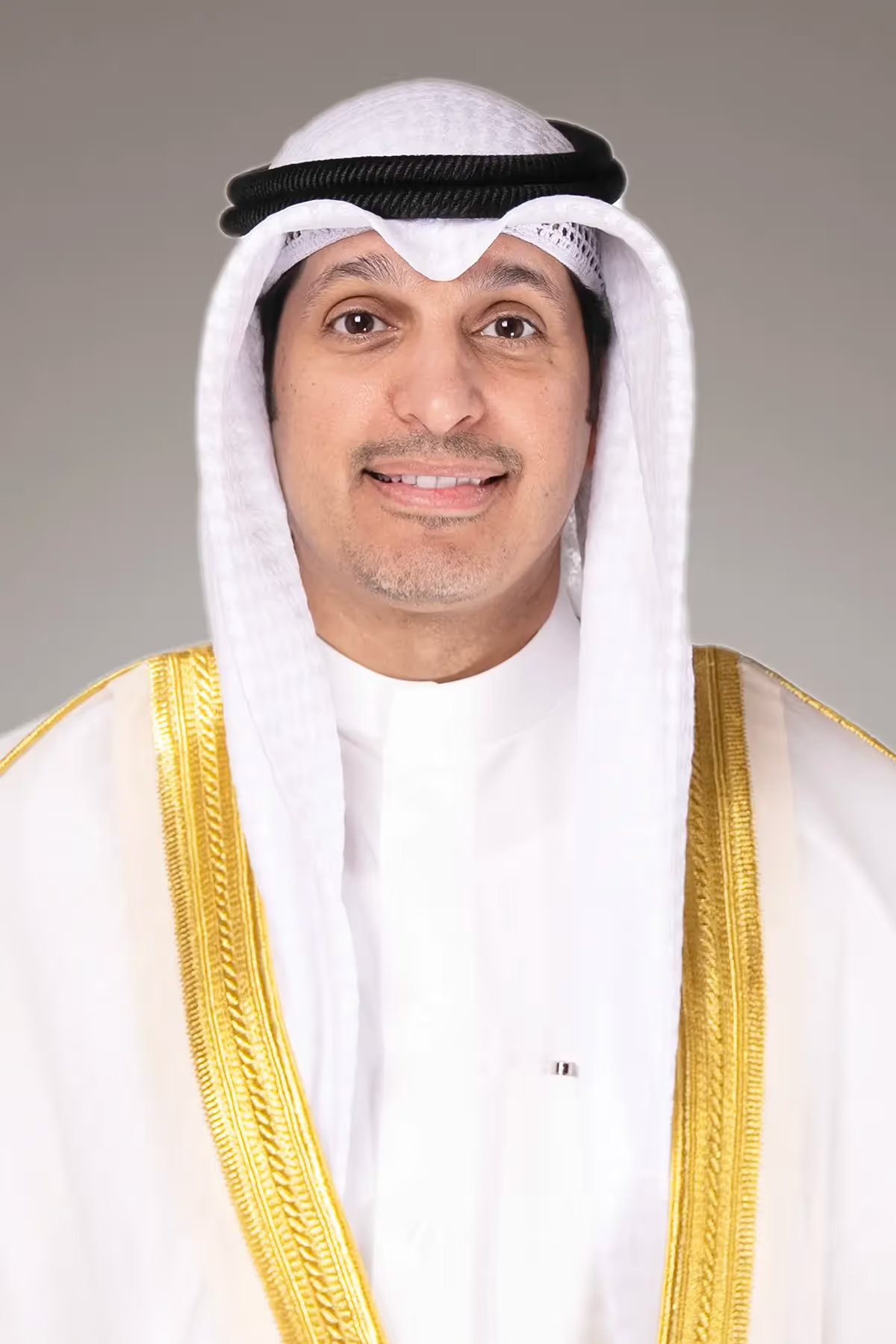


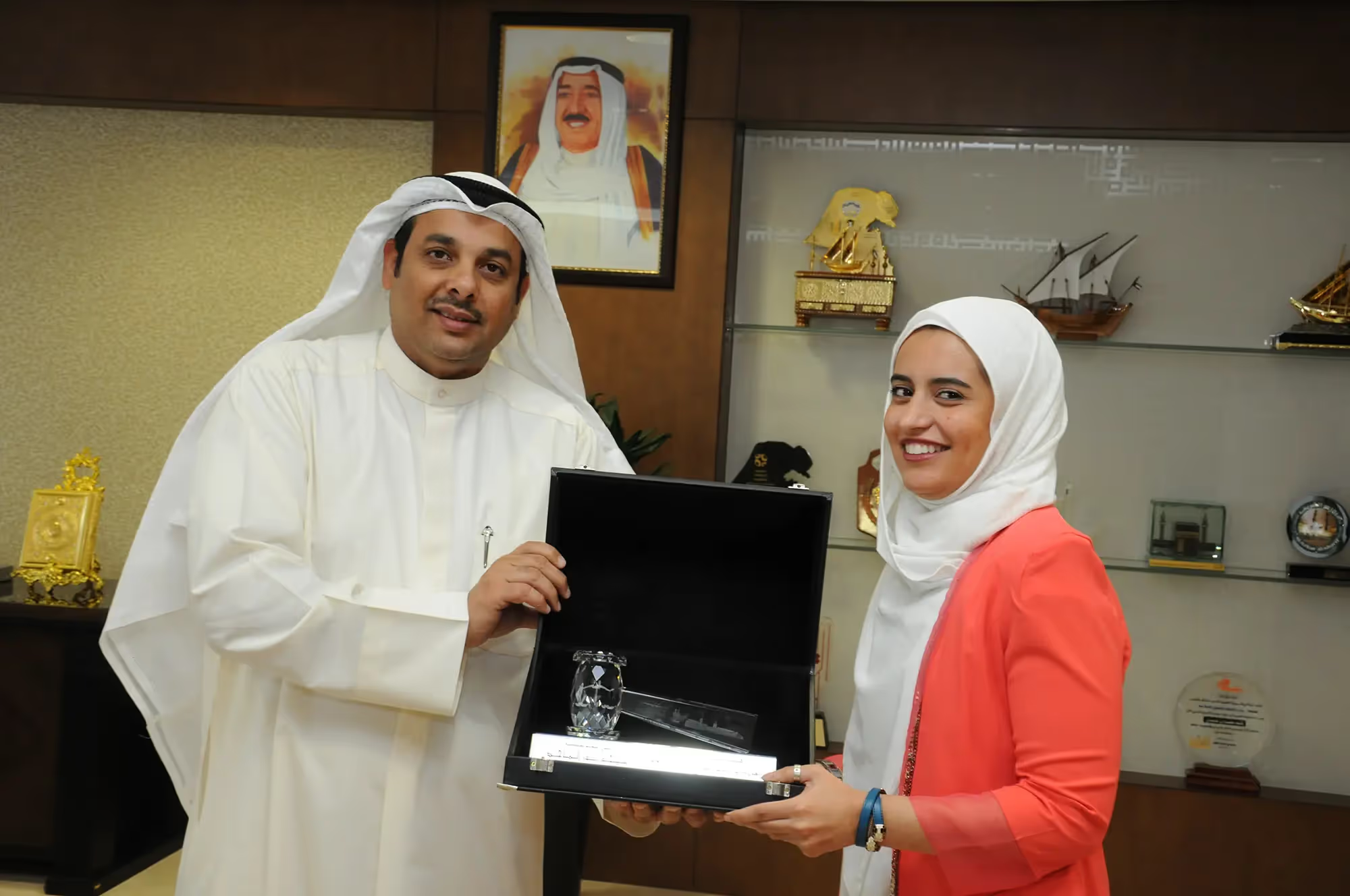

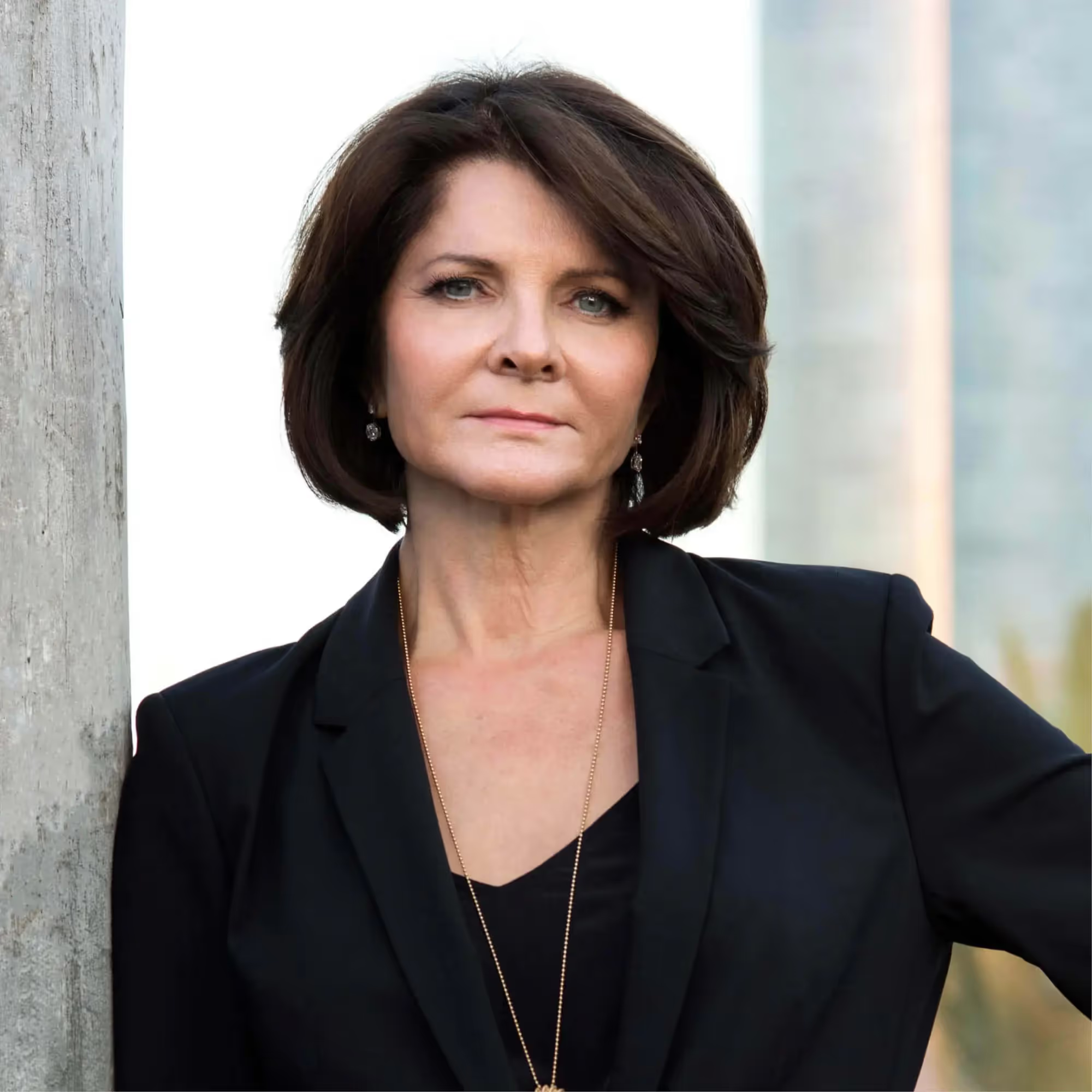
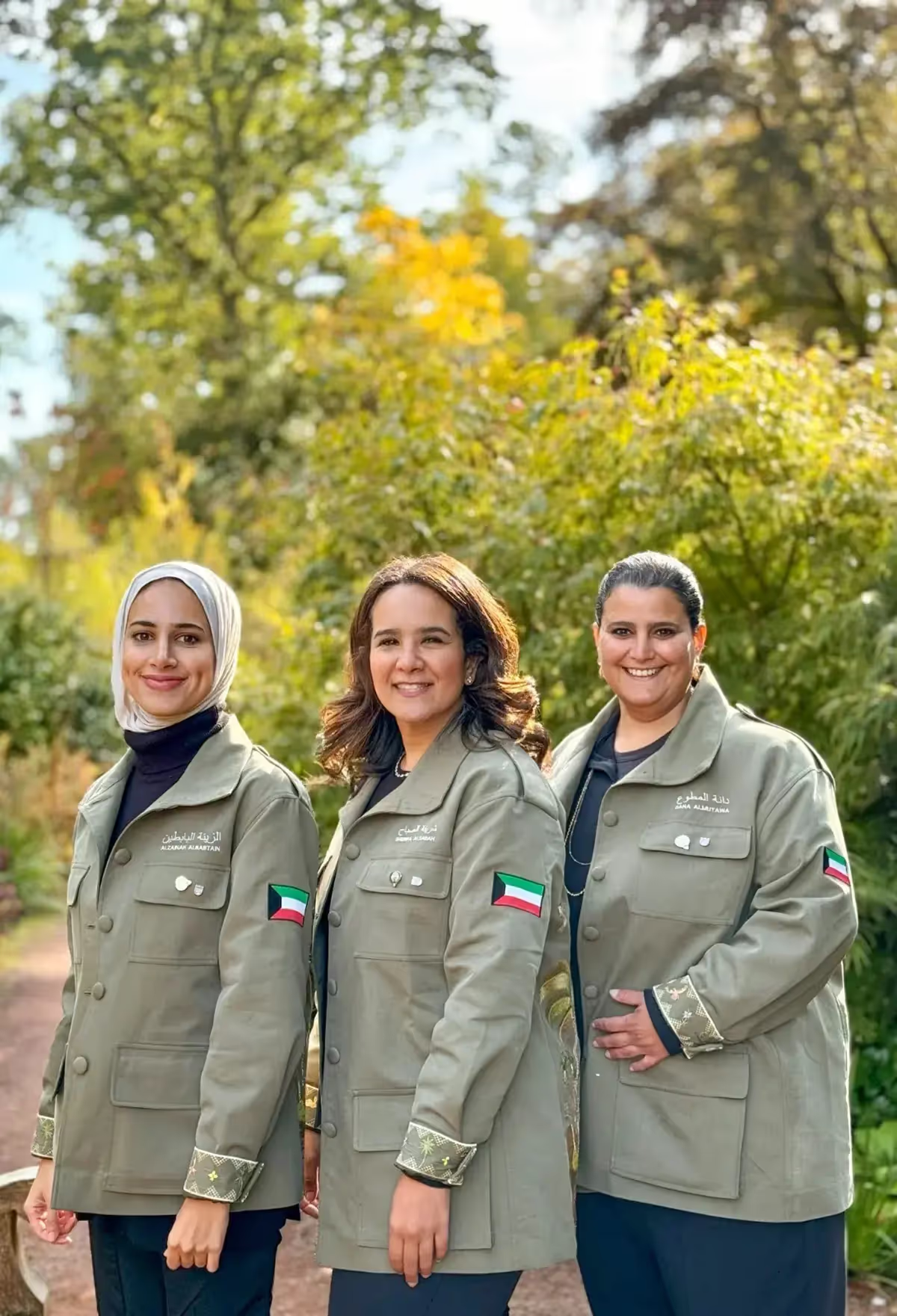
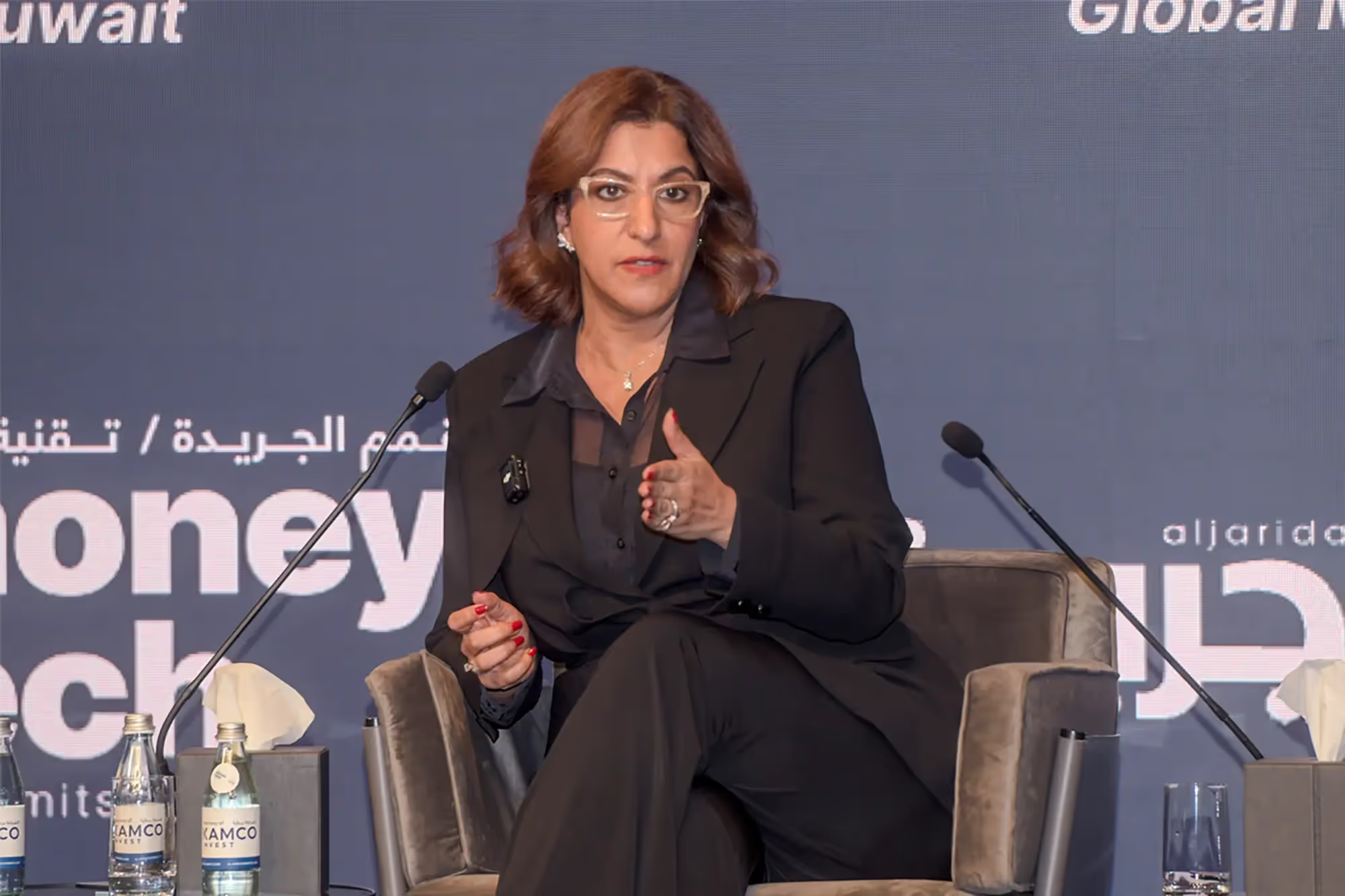
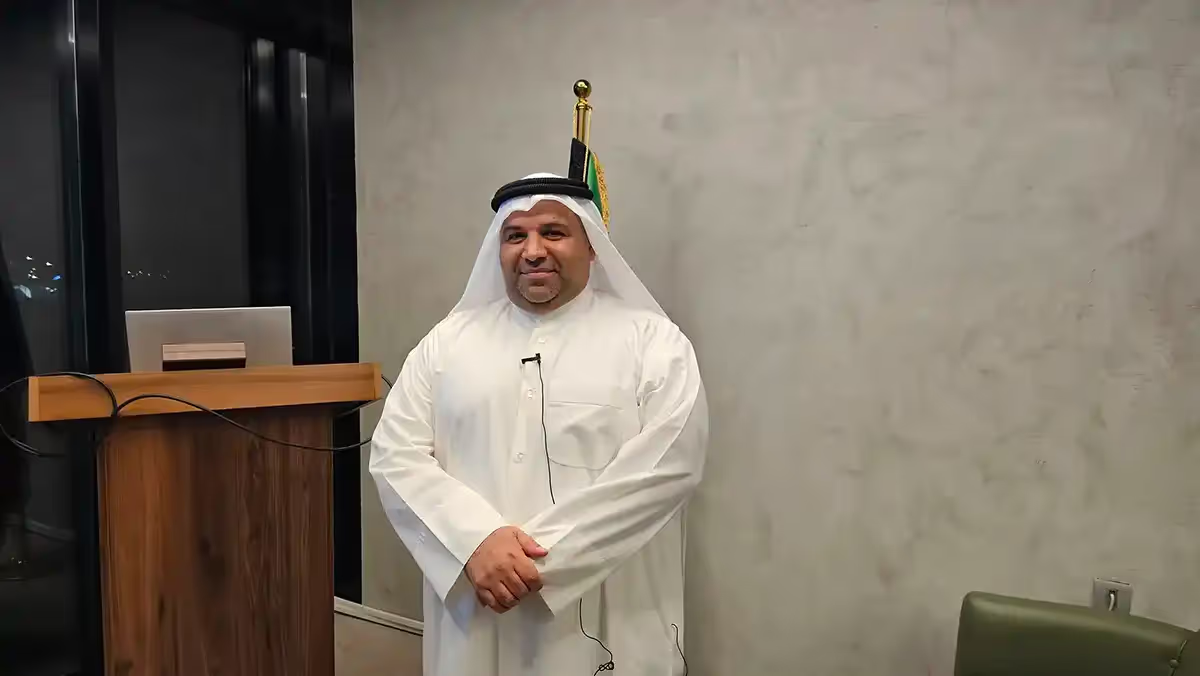
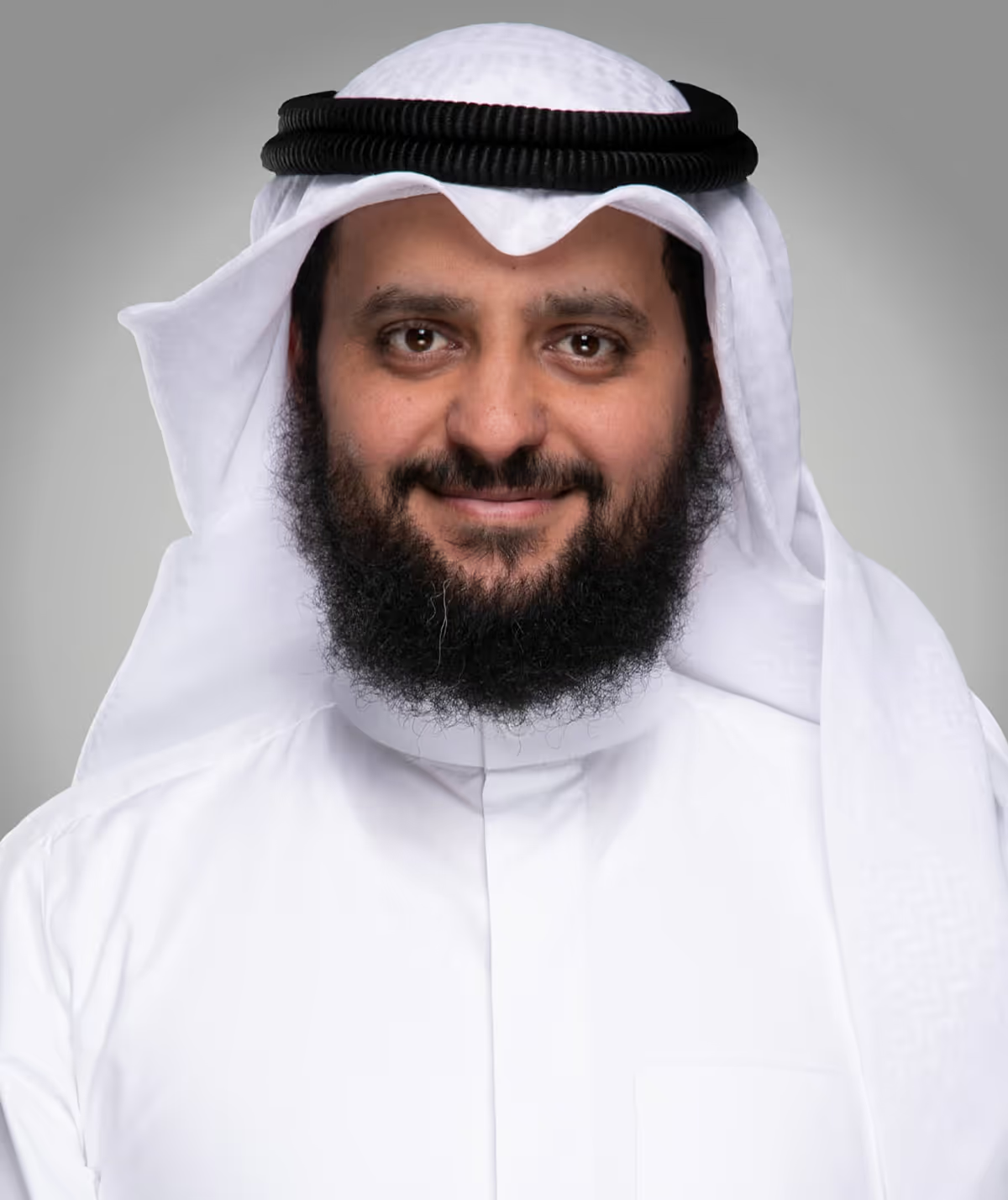


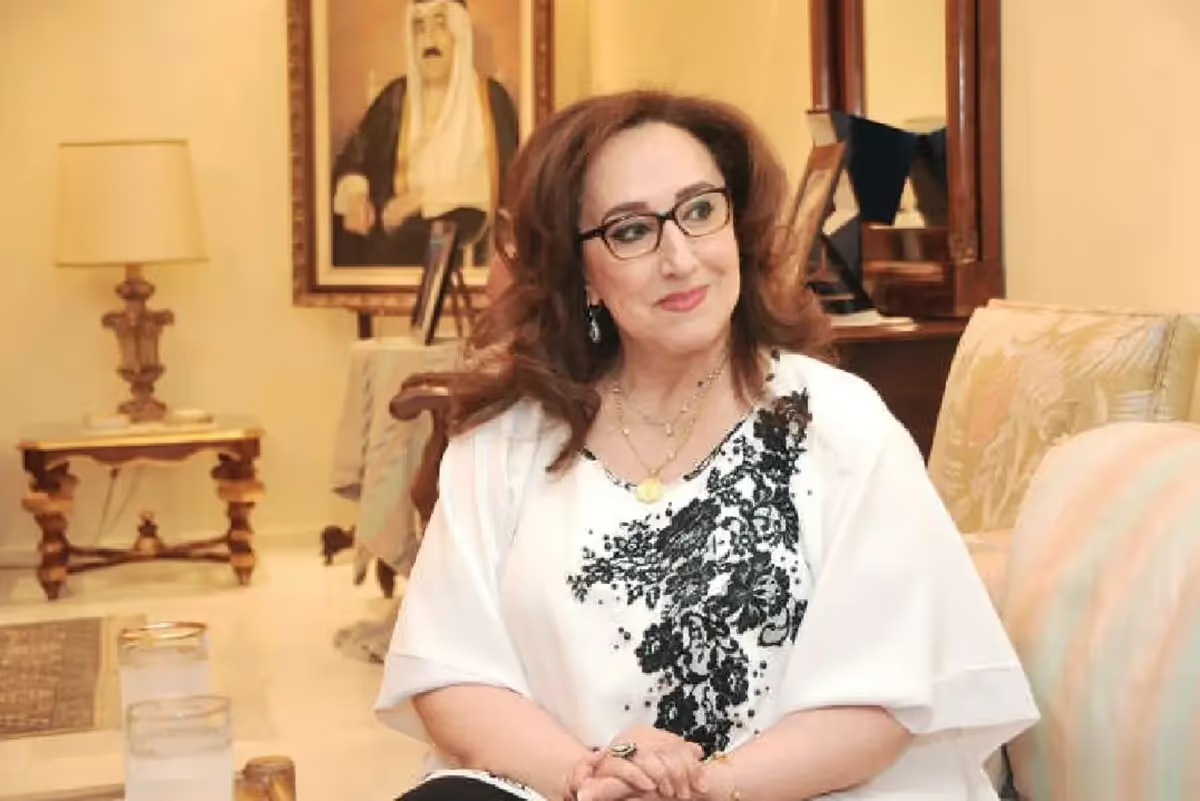
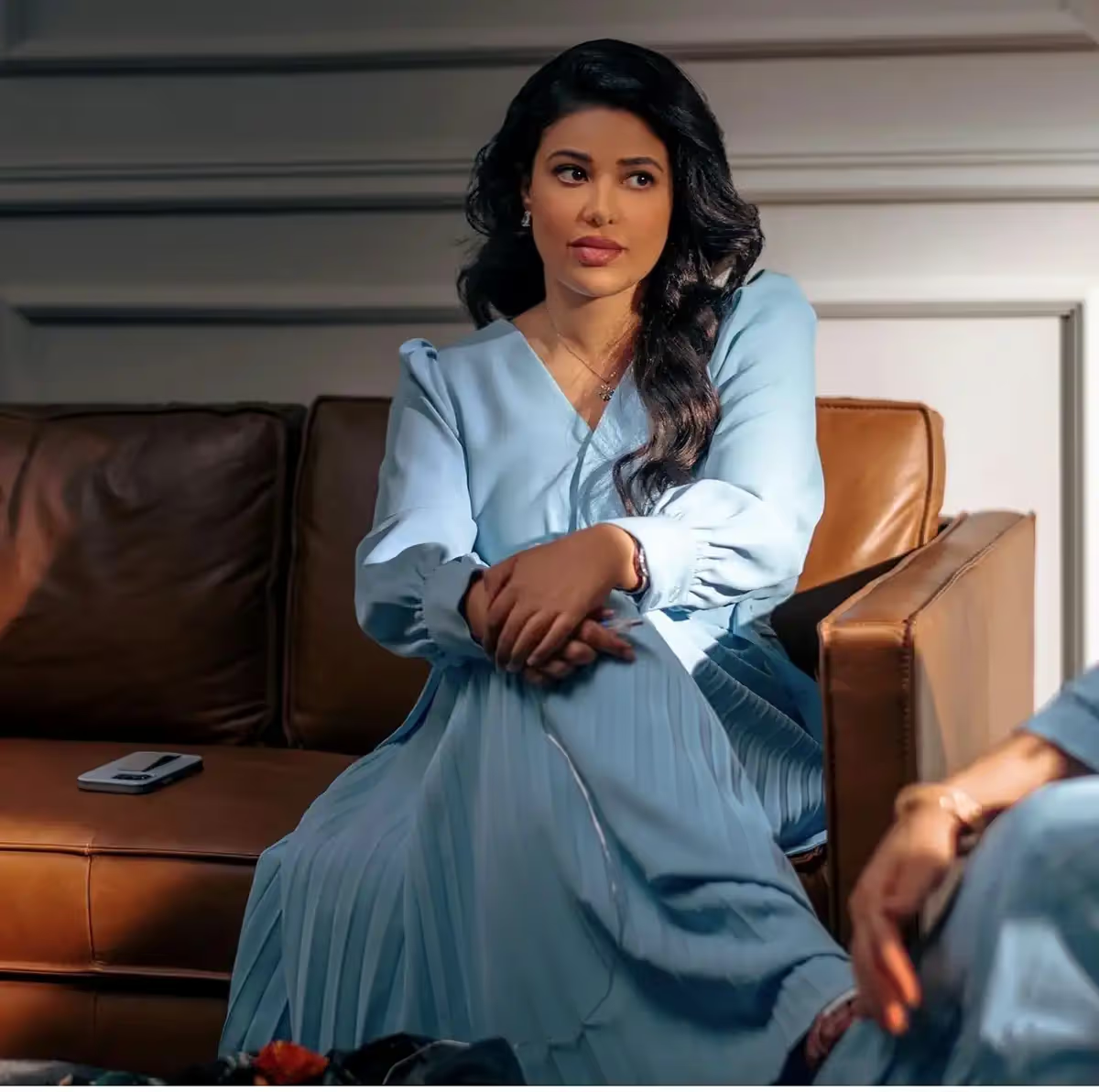
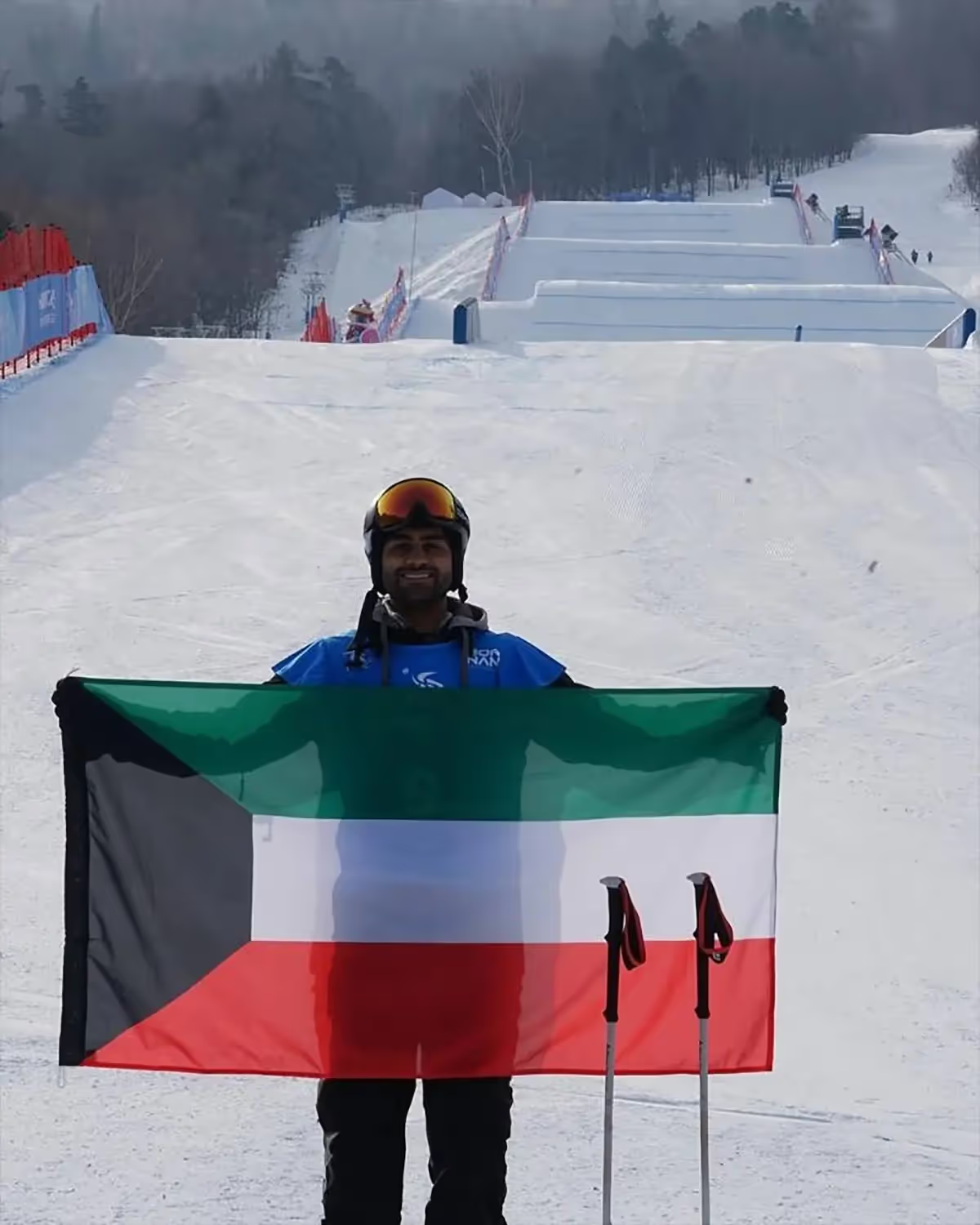


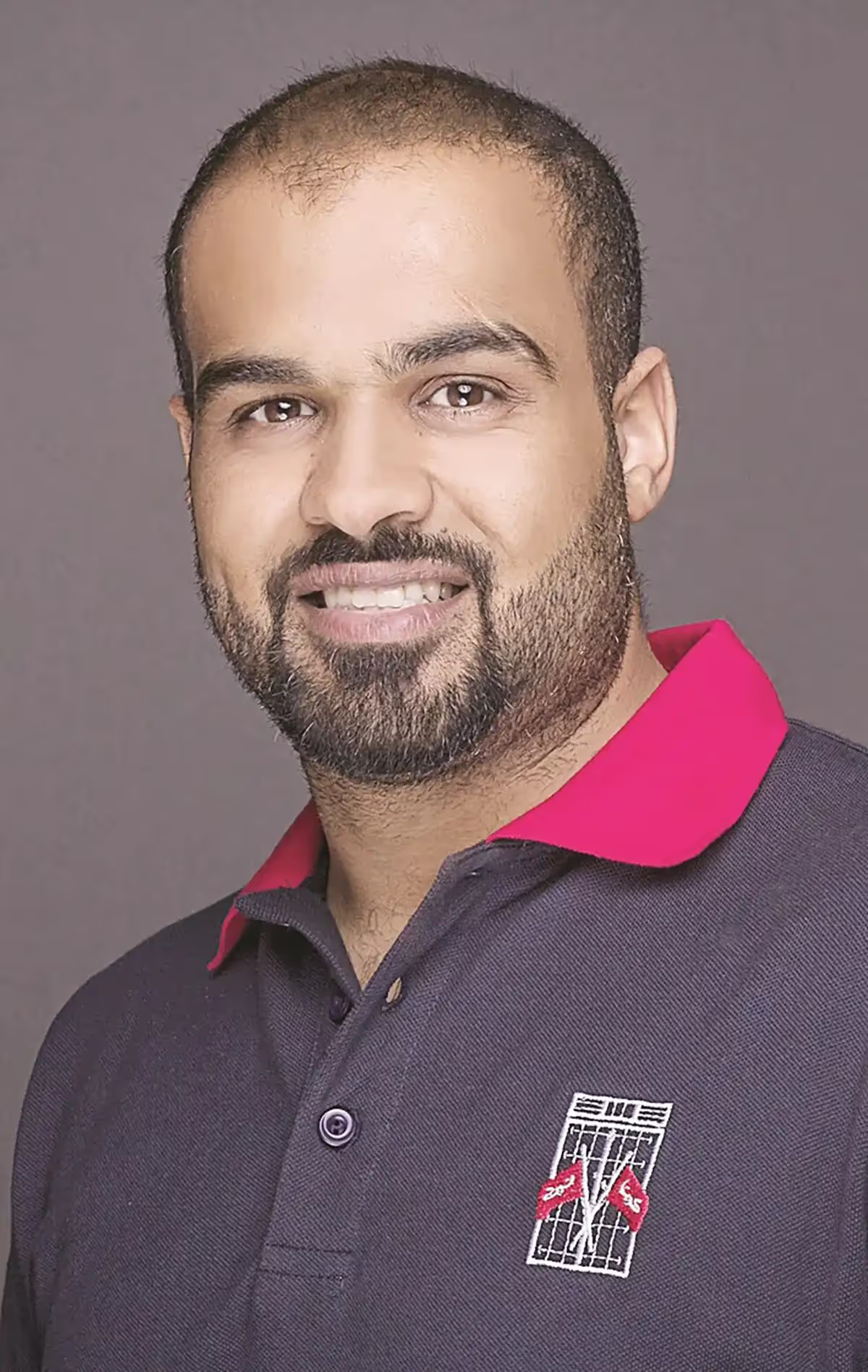
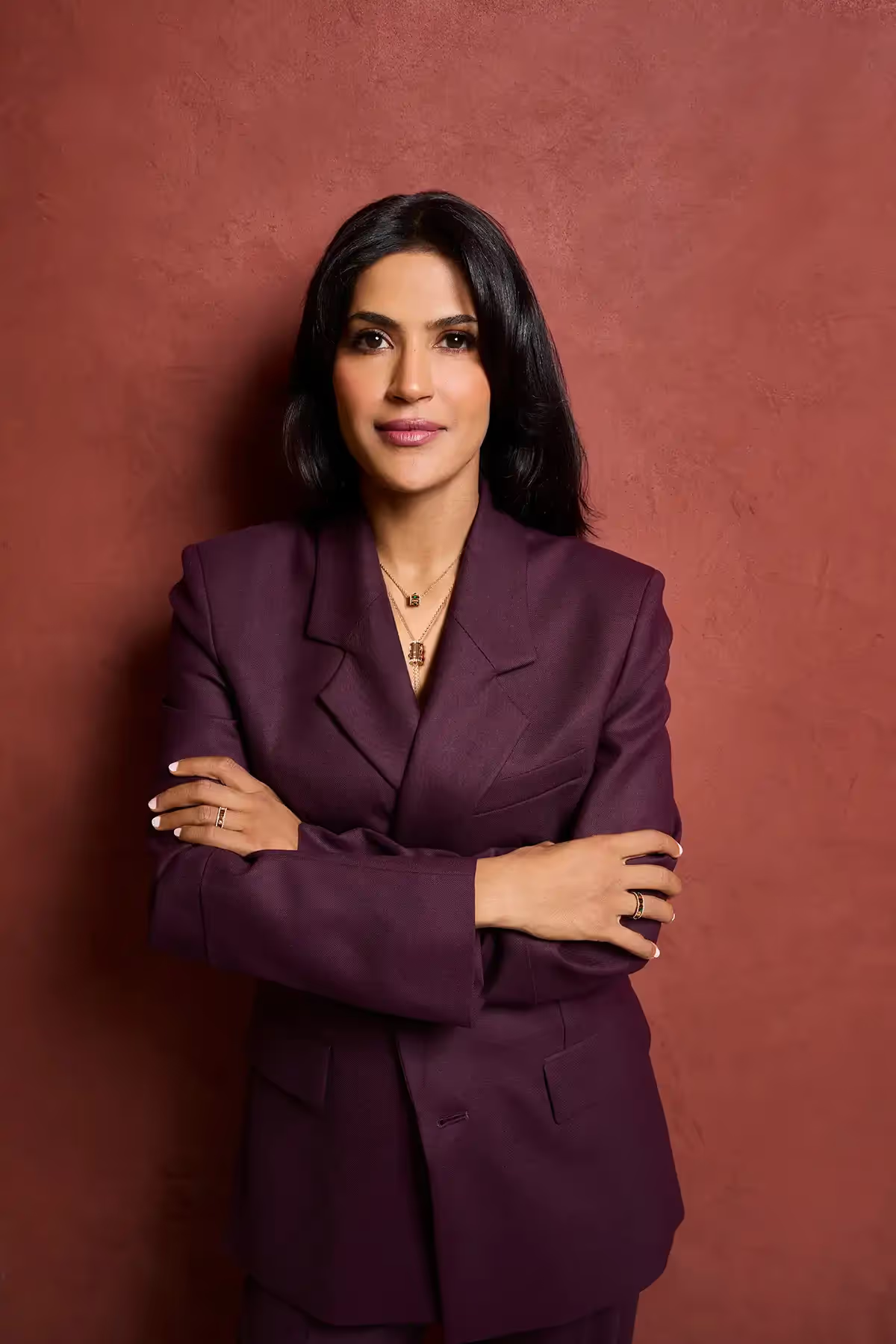


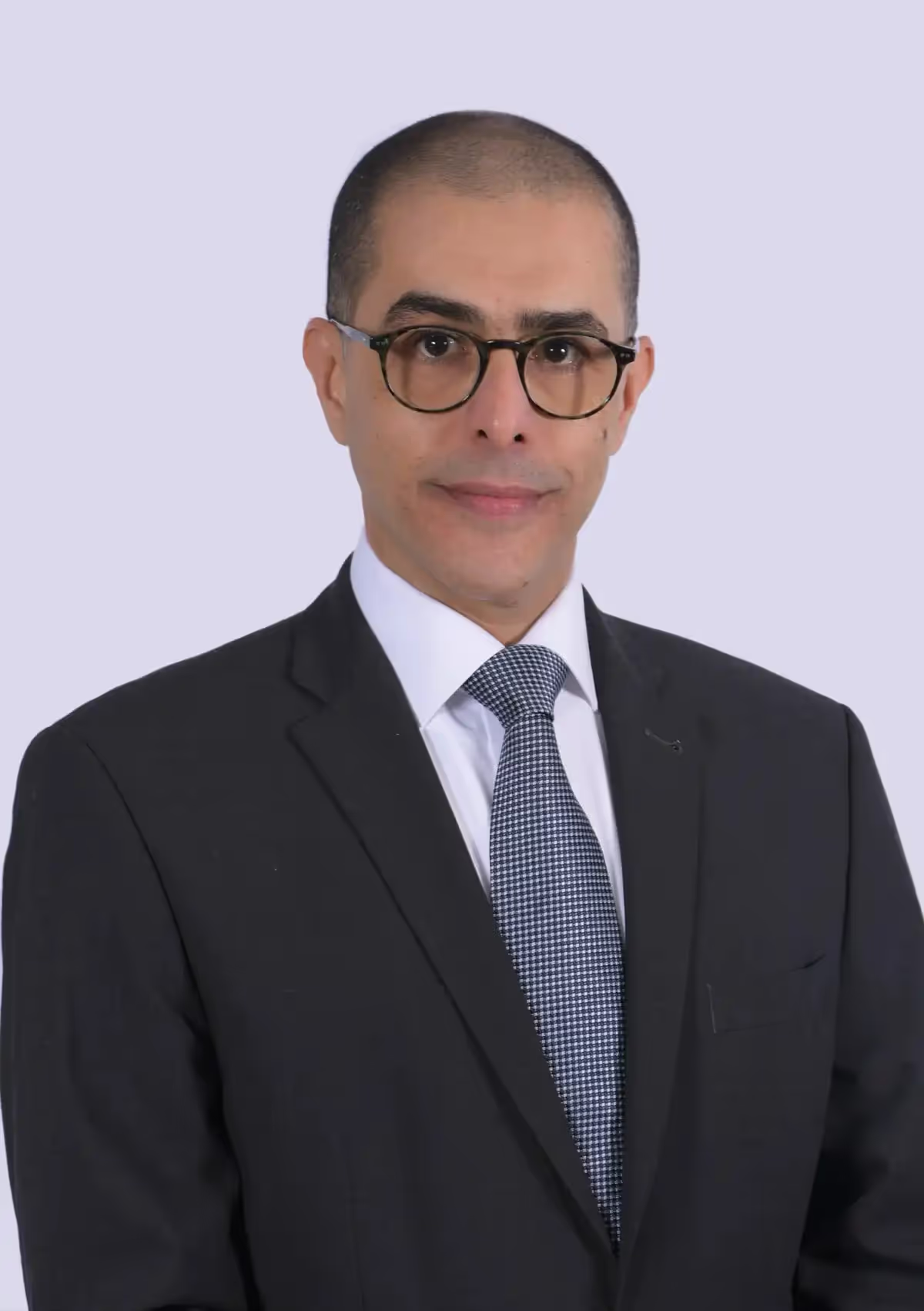

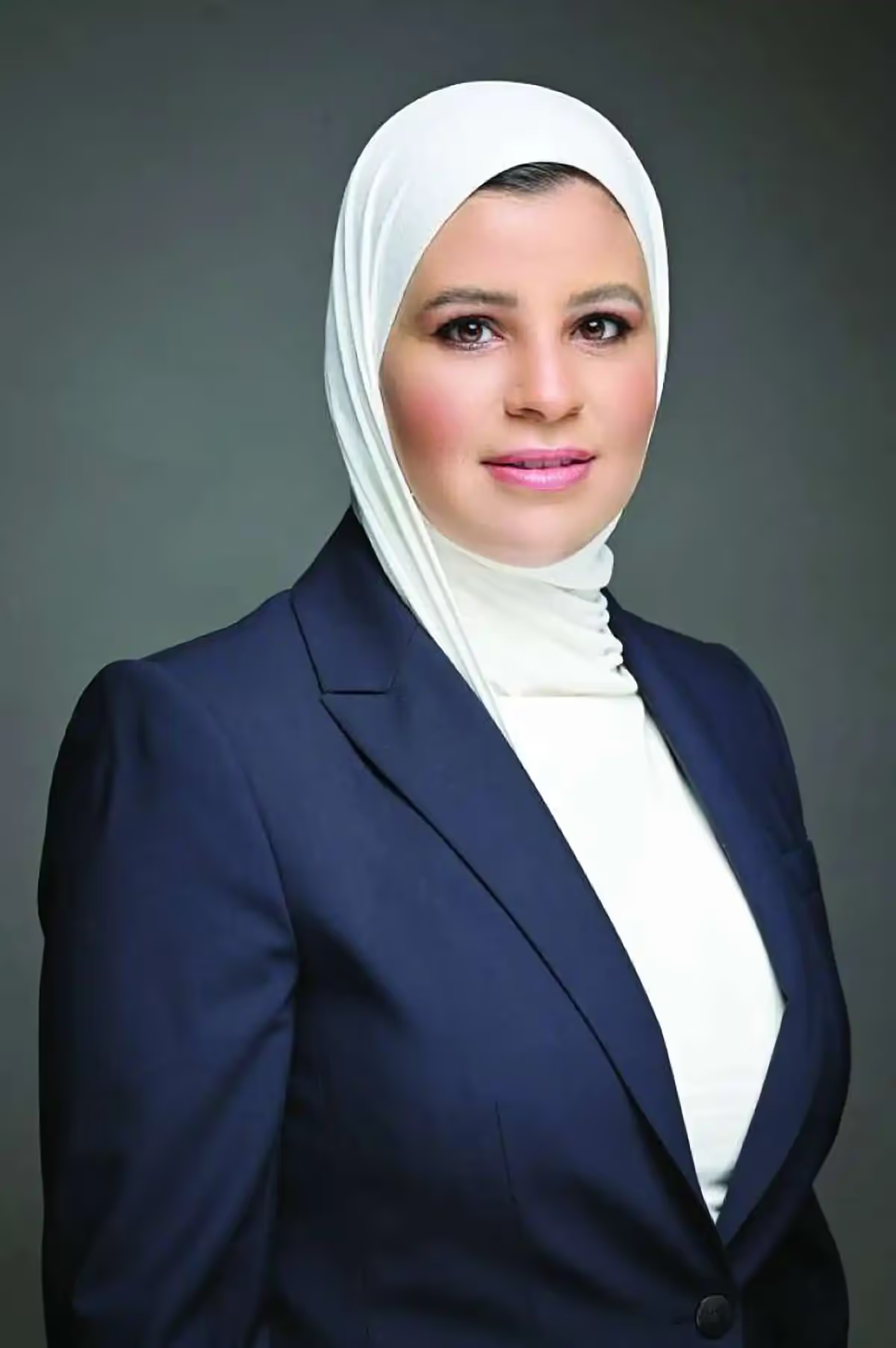


.avif)
